Image Competition Archive 2011 - 2022
Image Competition Archive 2011 - 2022
Read more …Image Competition Archive 2011 - 2022
- Hits: 14433

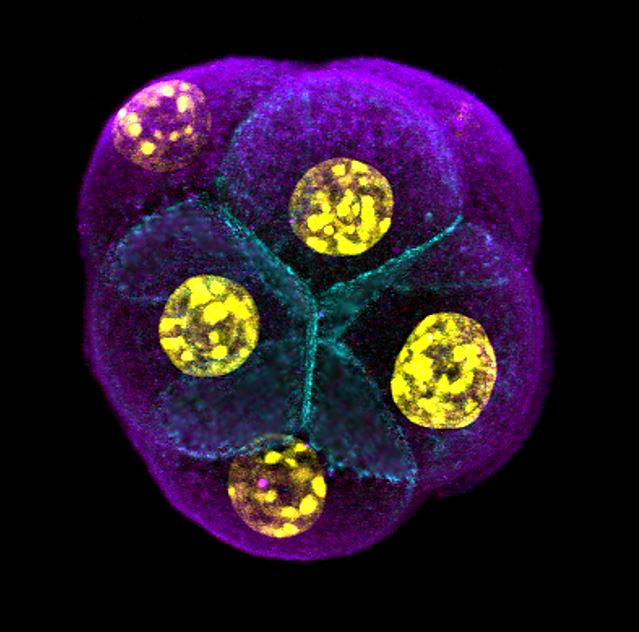

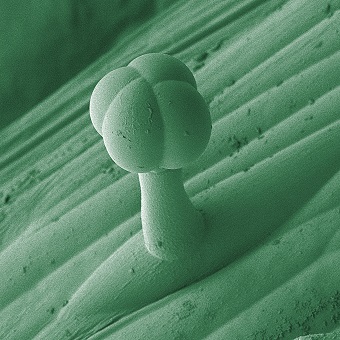
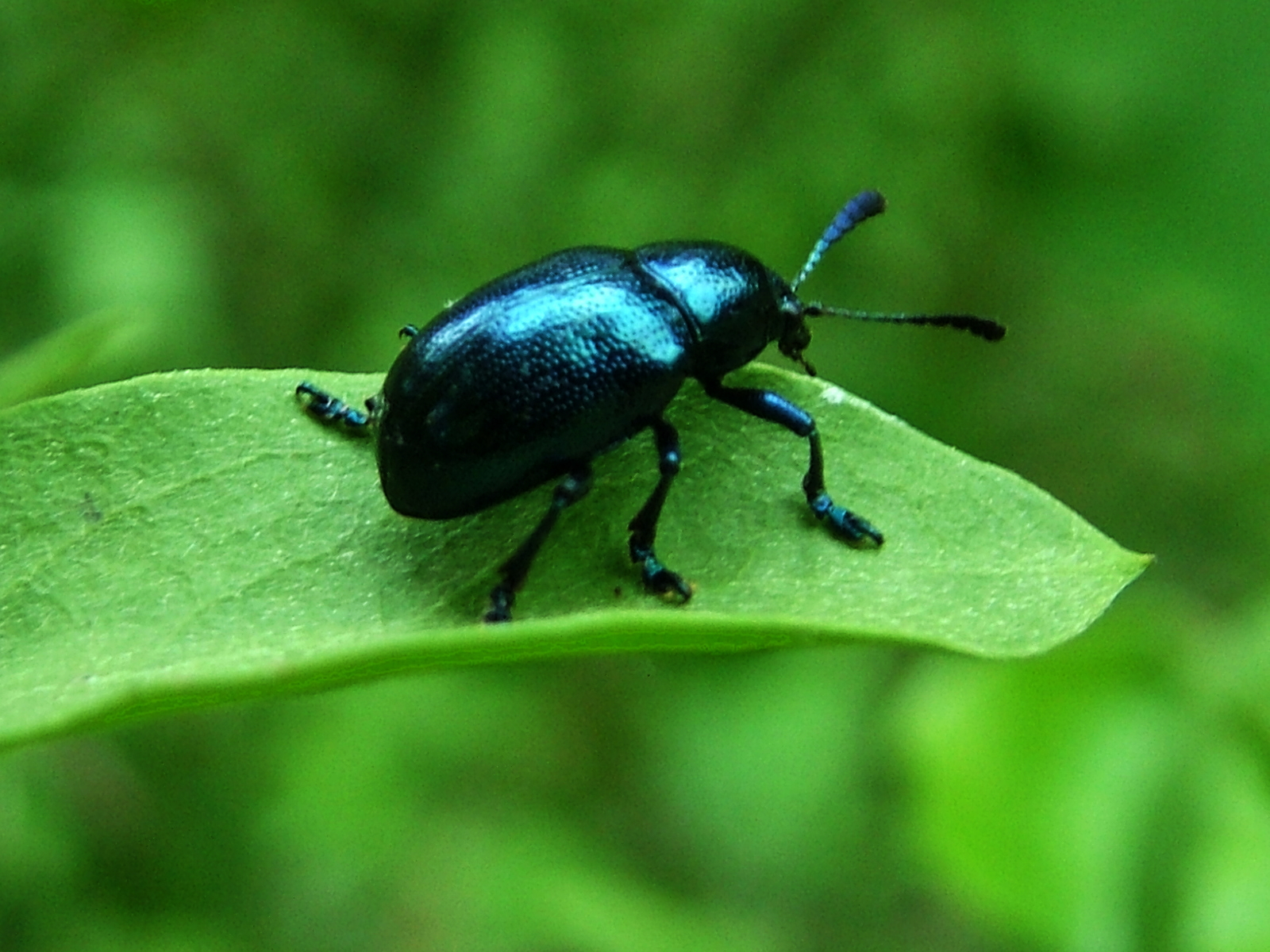

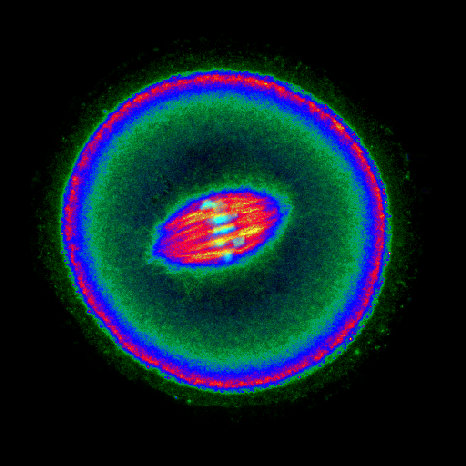
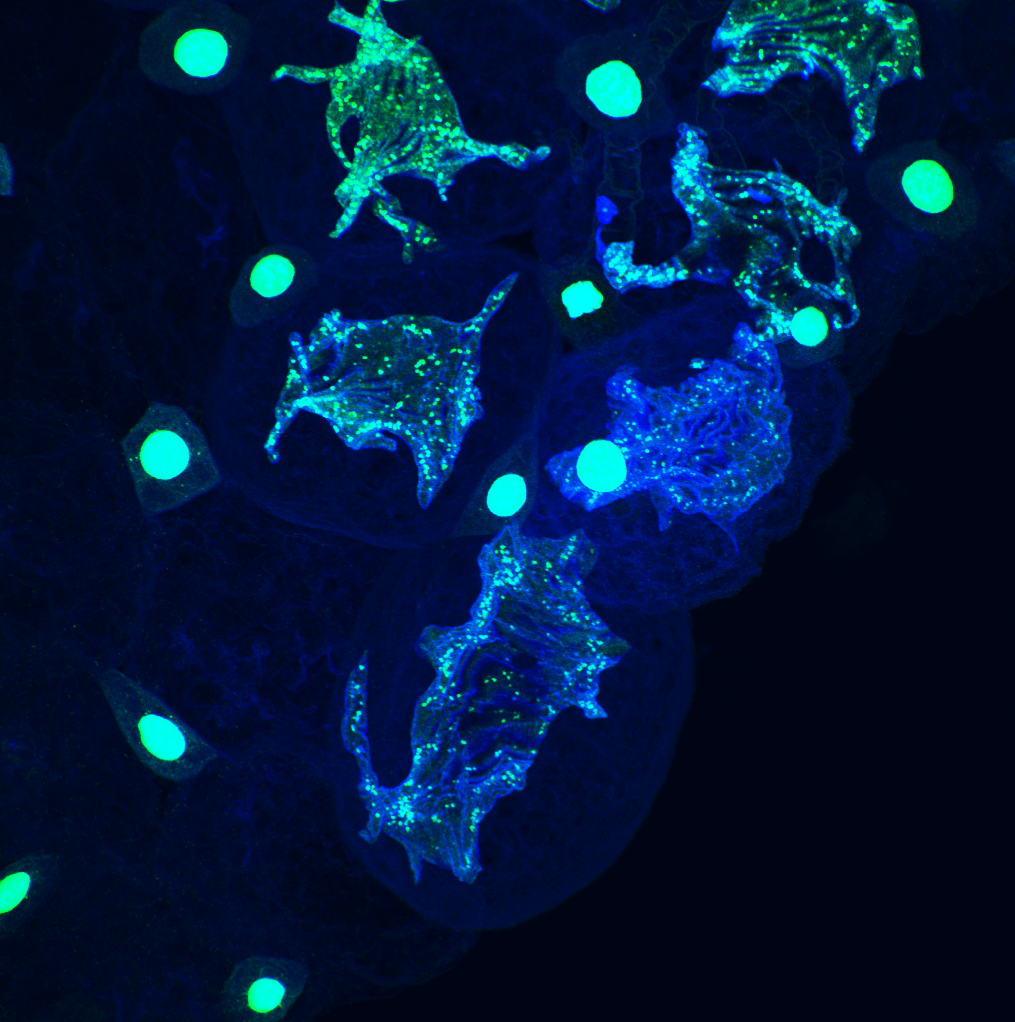
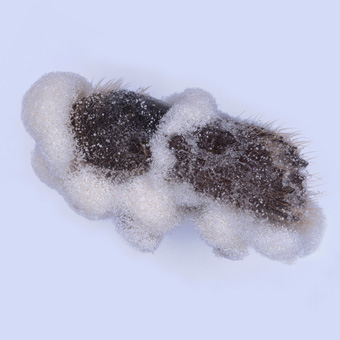




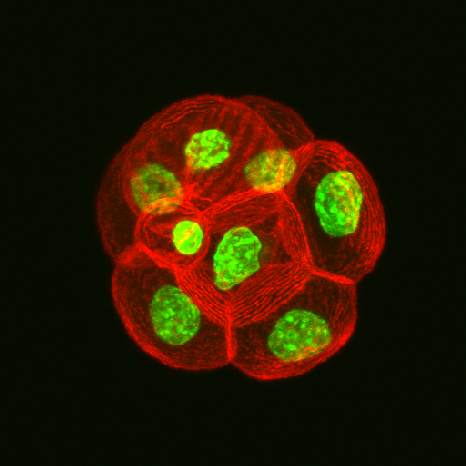
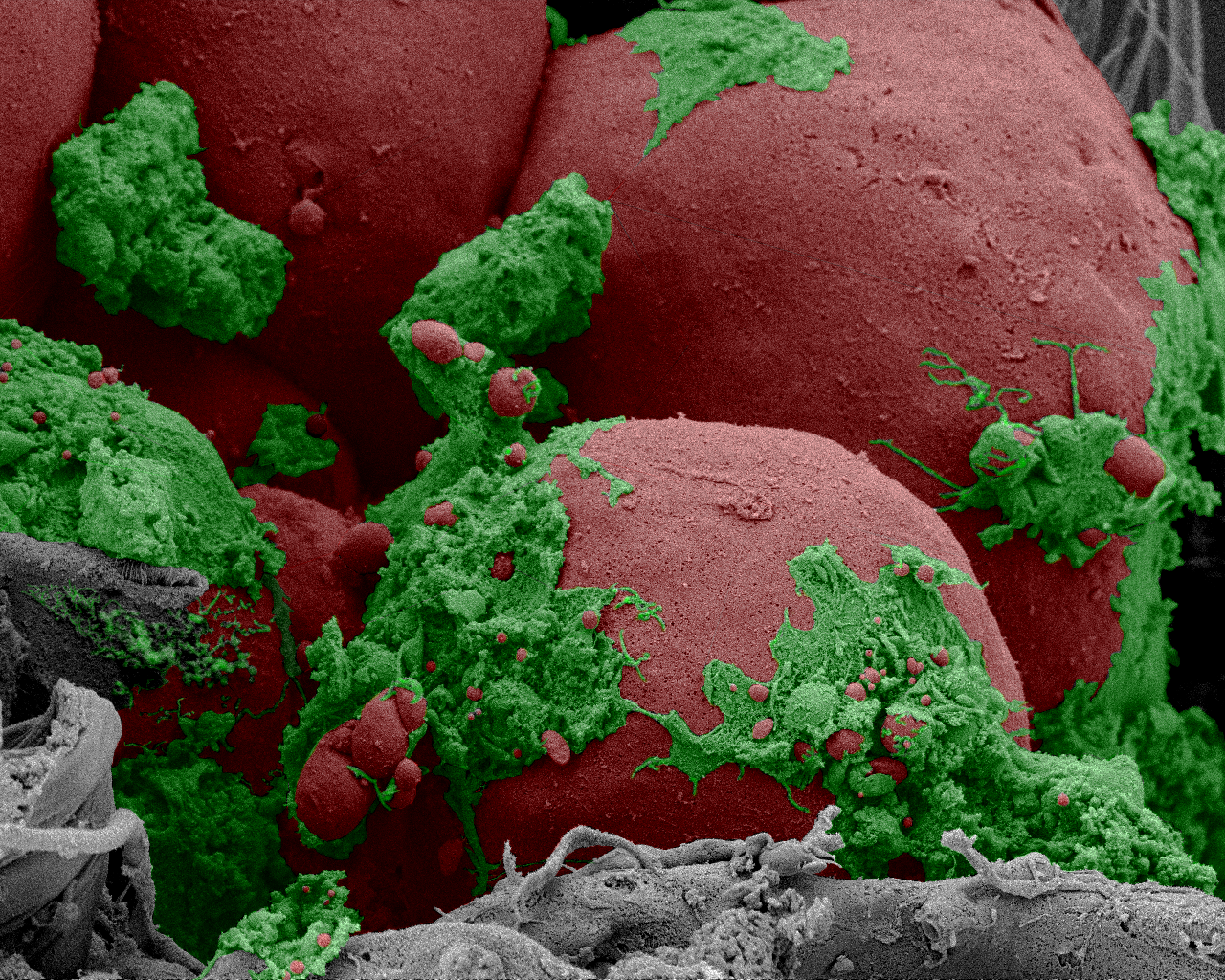
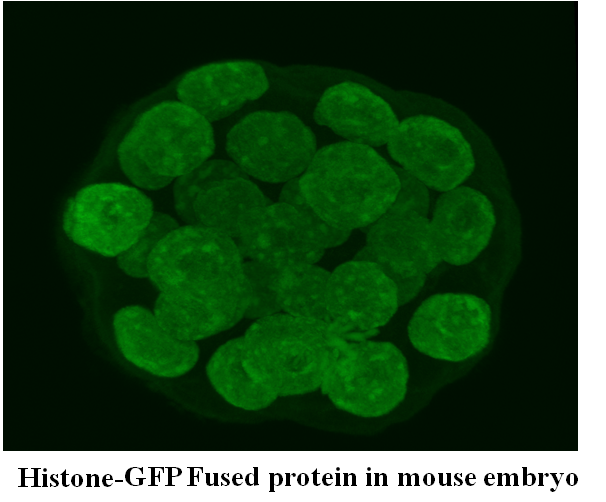
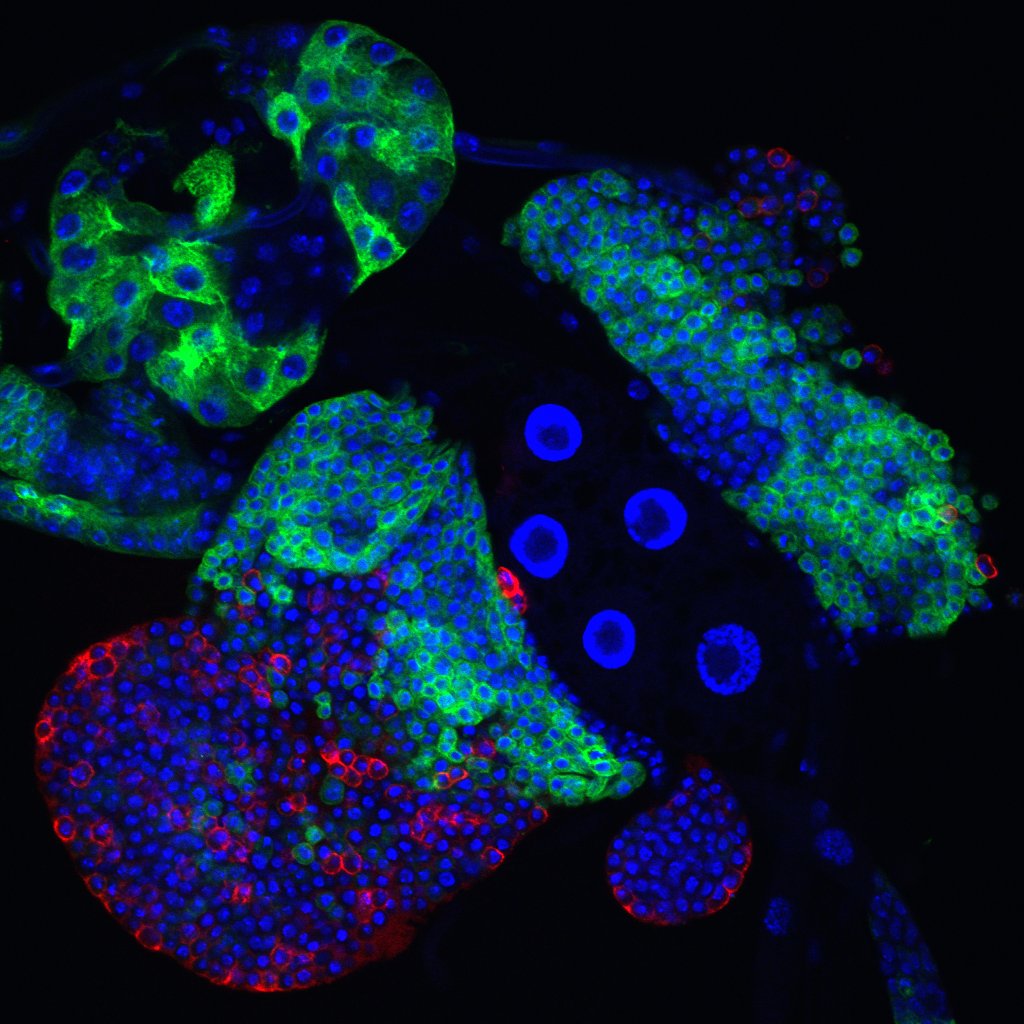
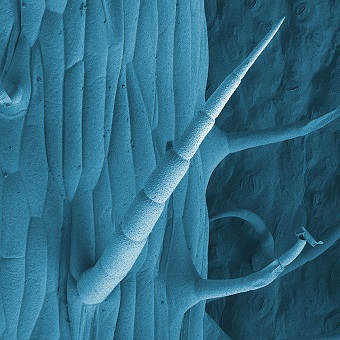

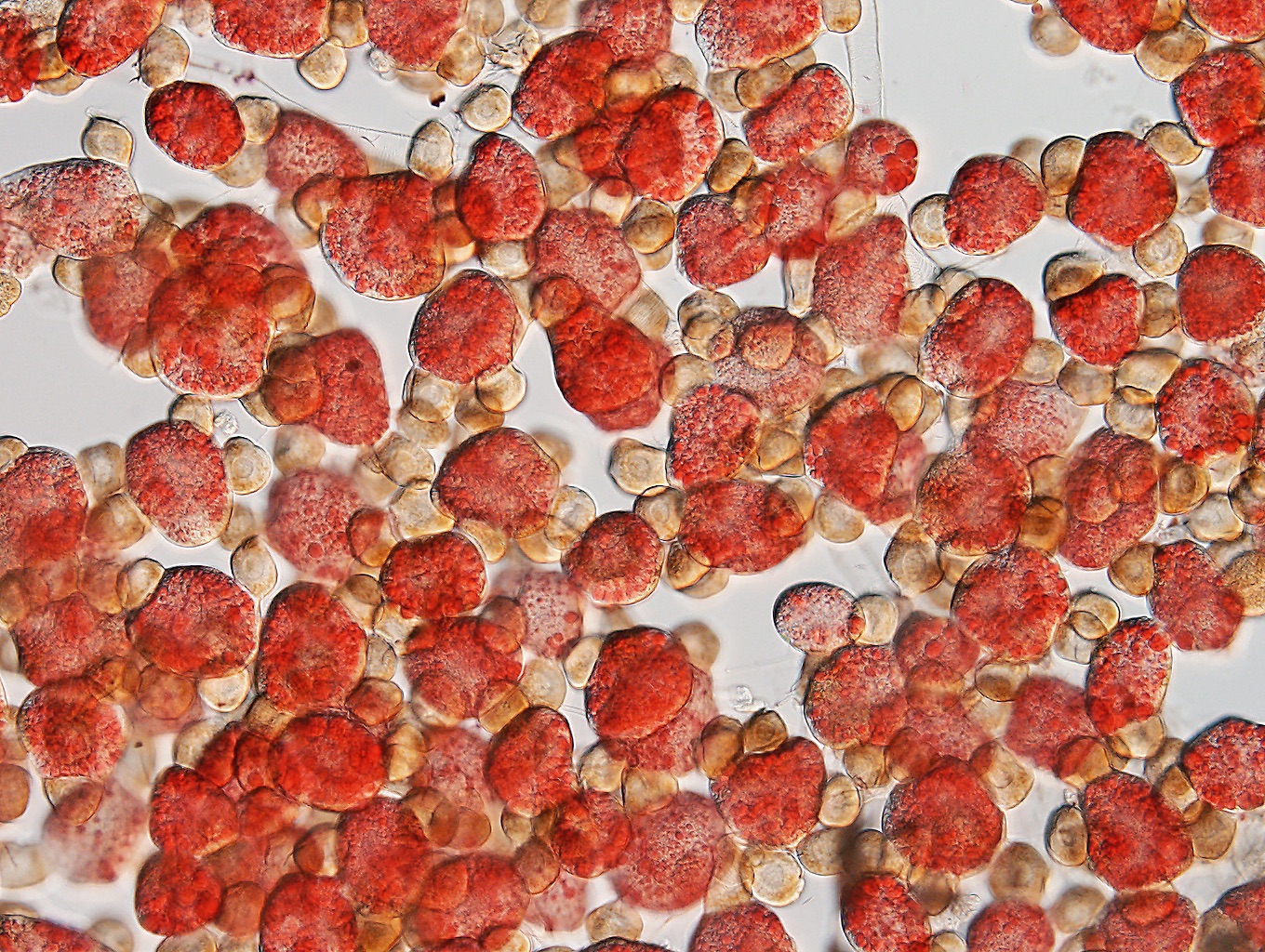
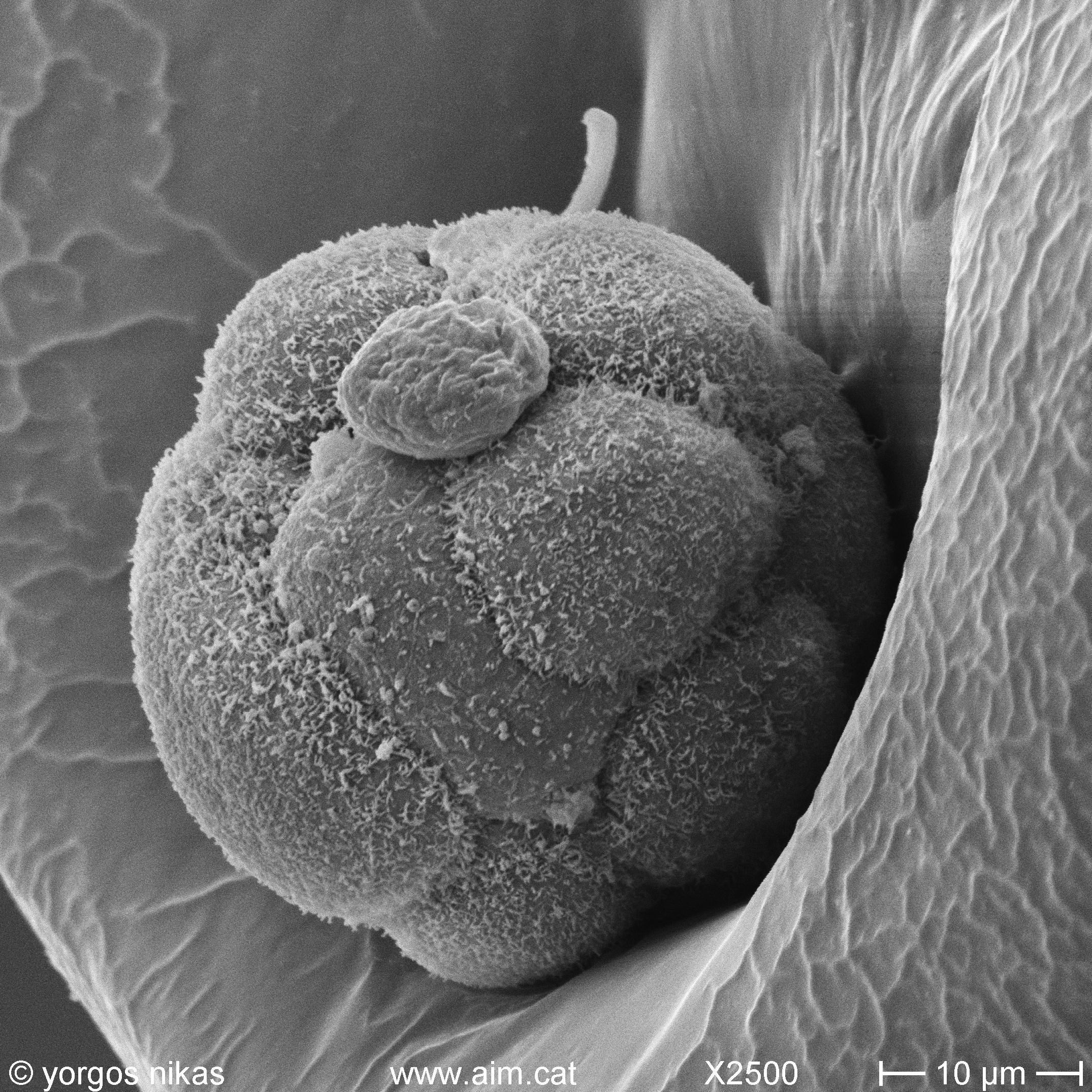


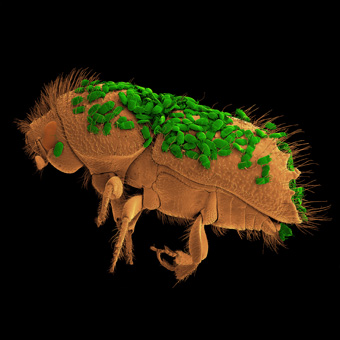
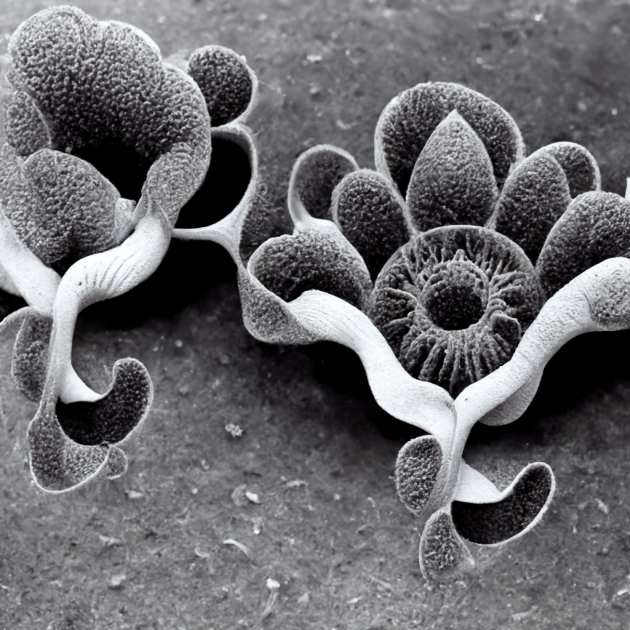
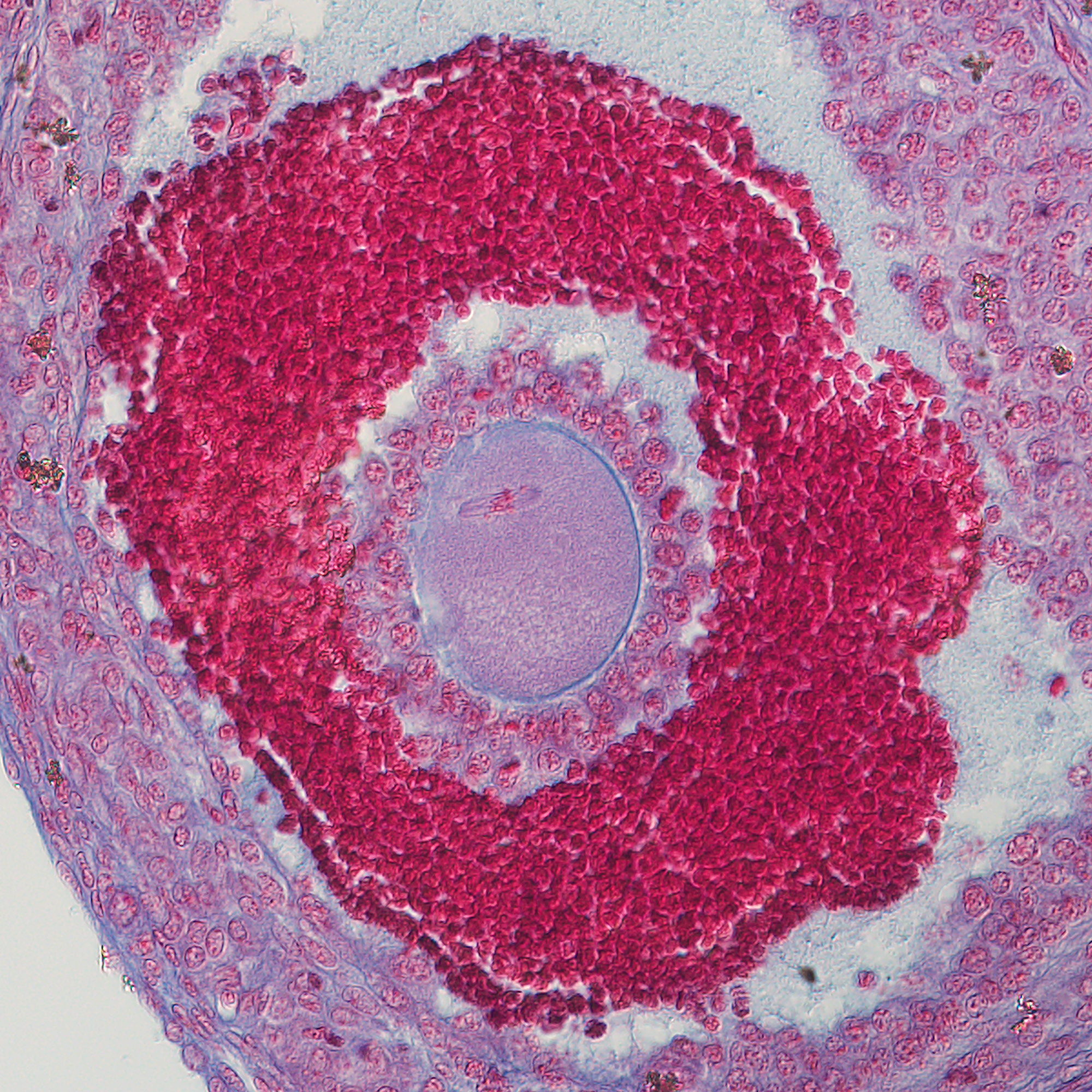
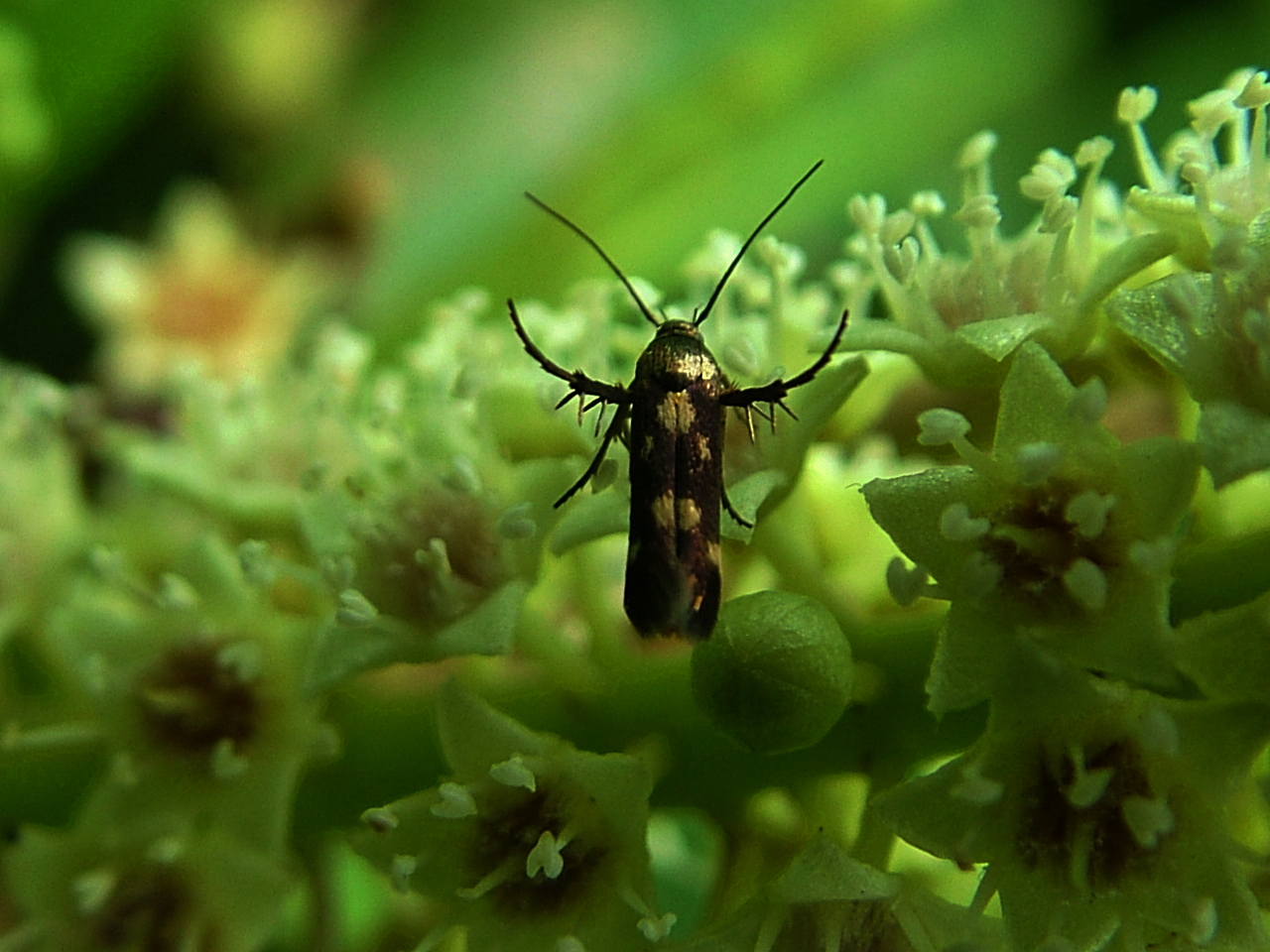
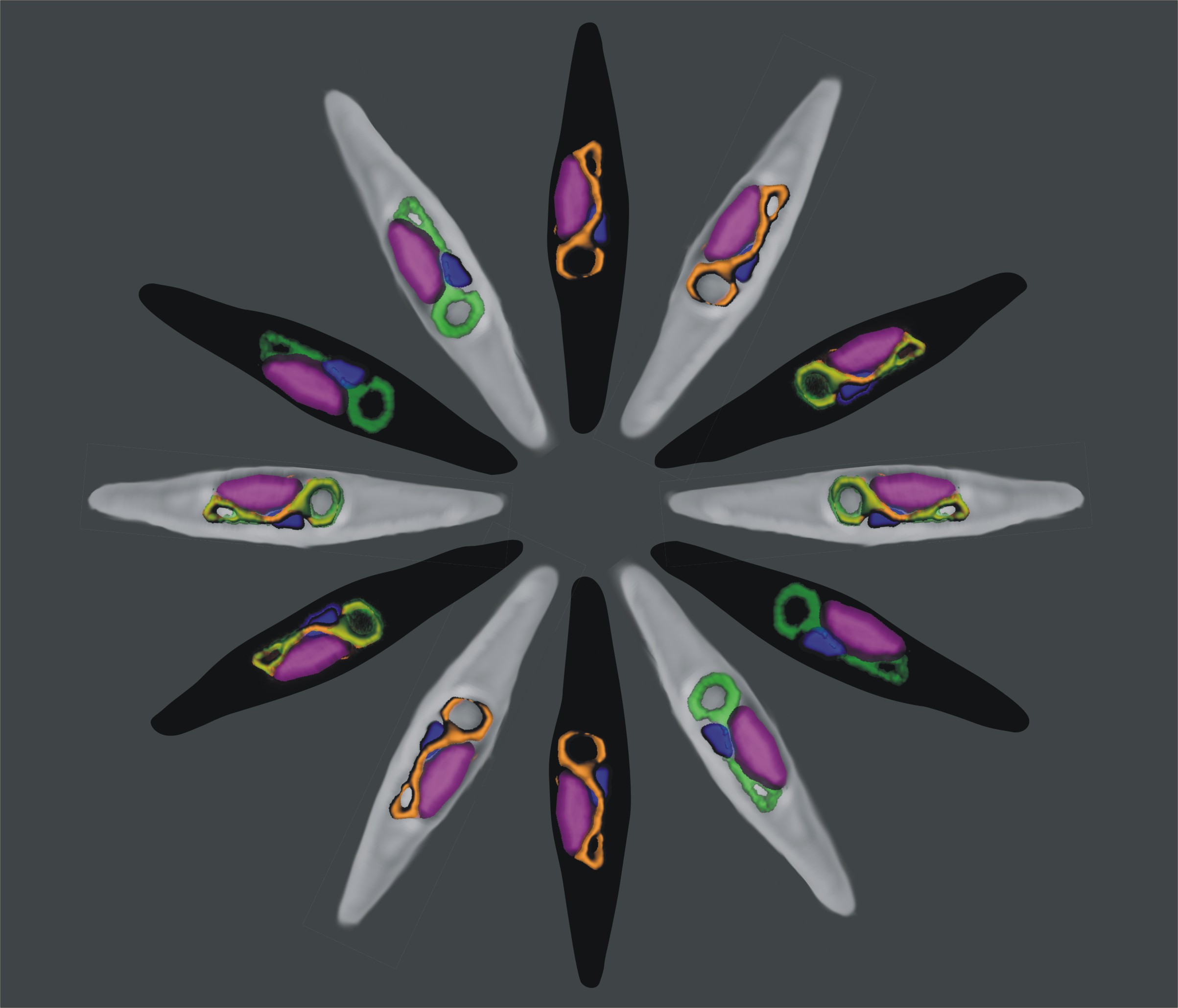
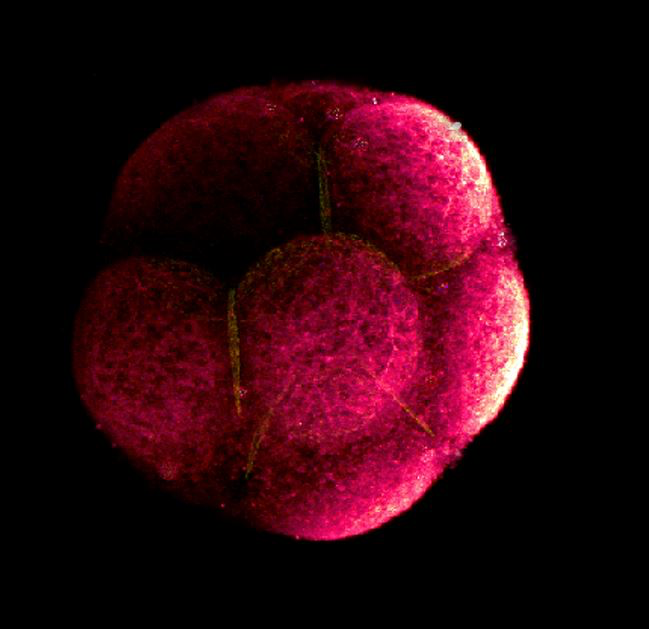
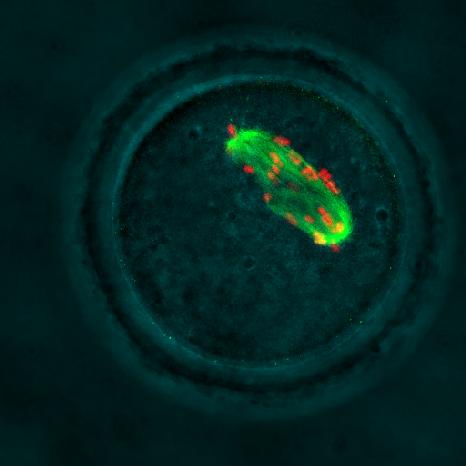



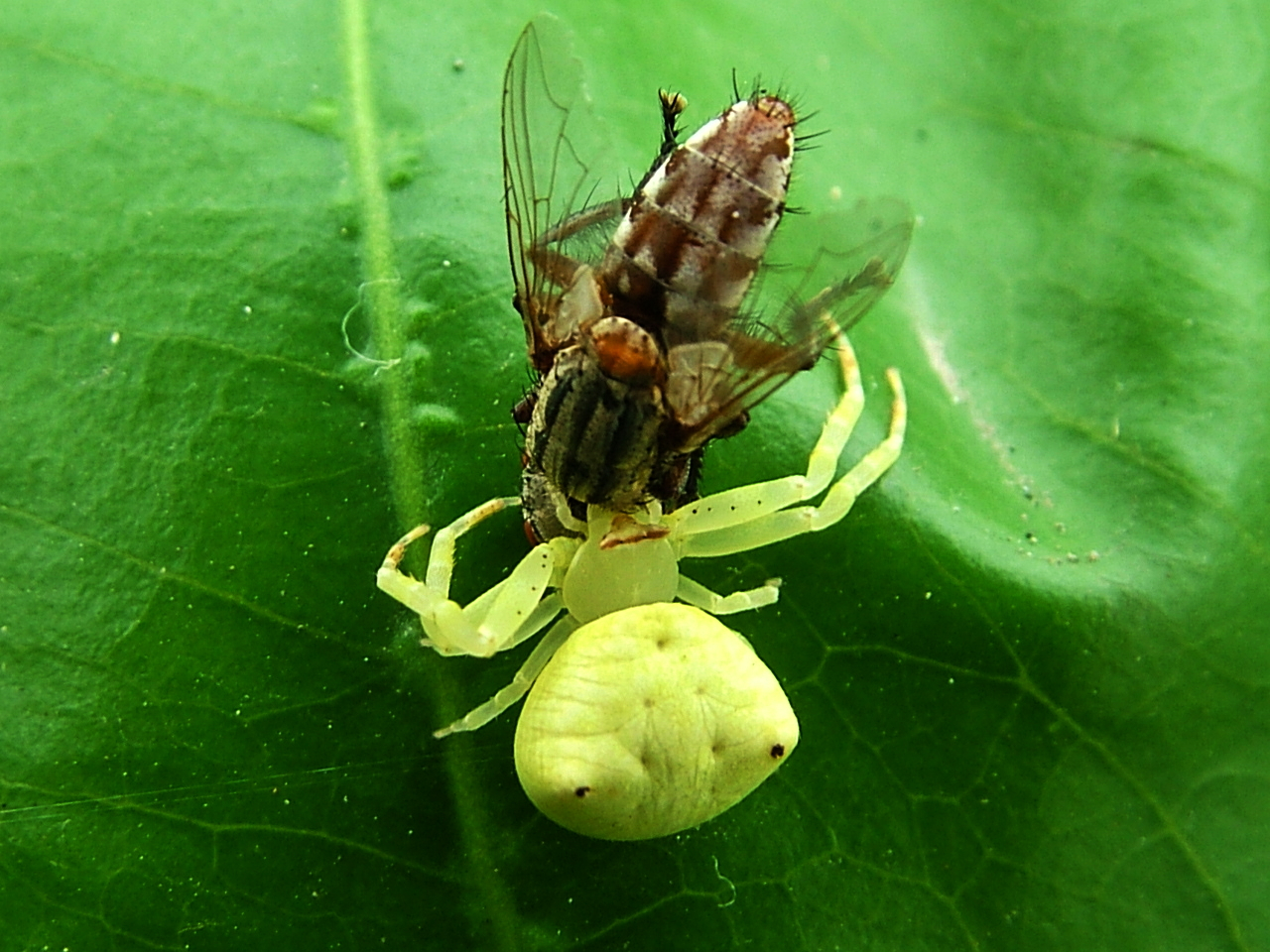
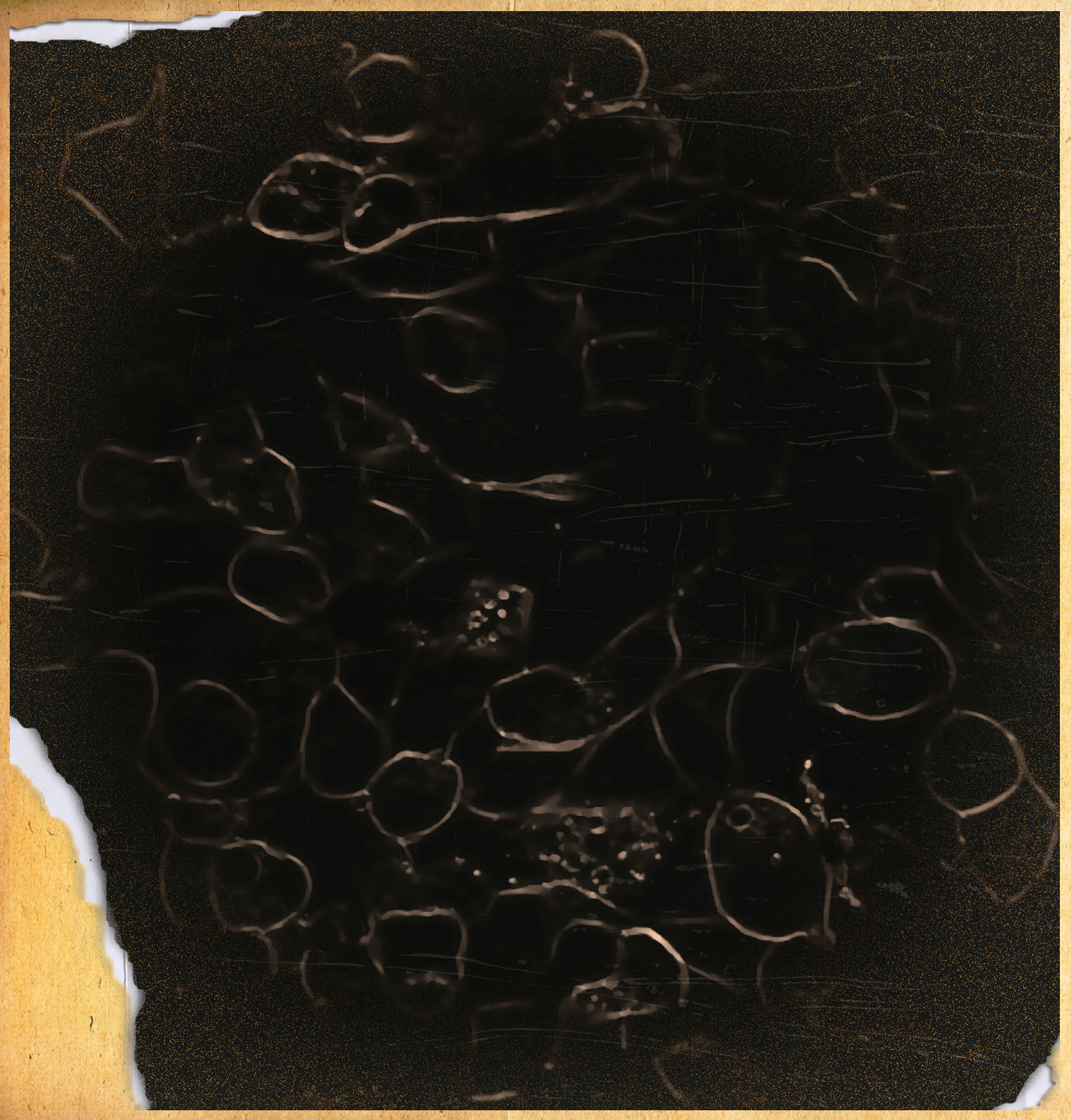
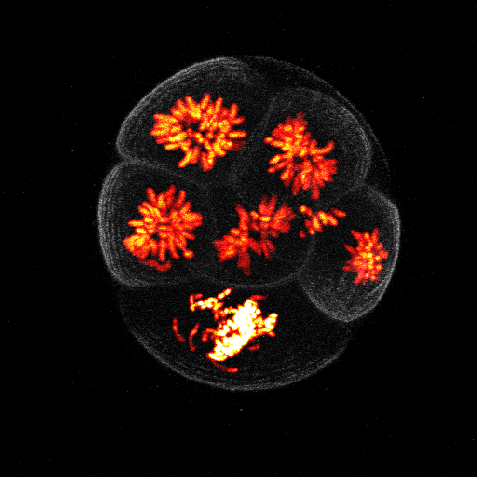
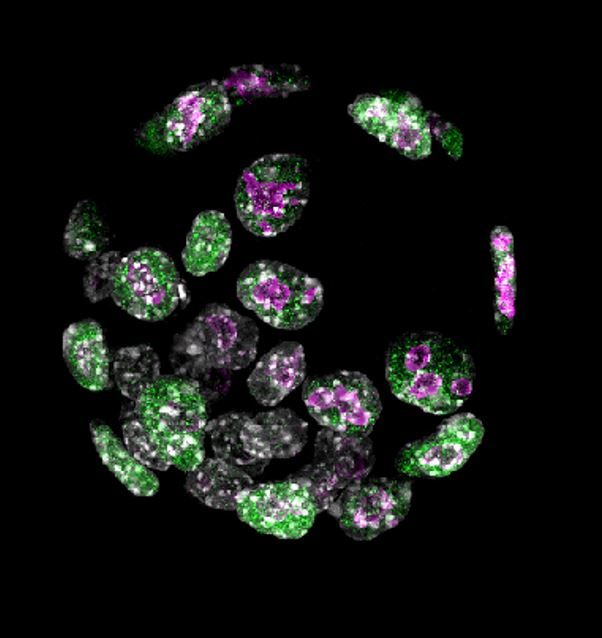
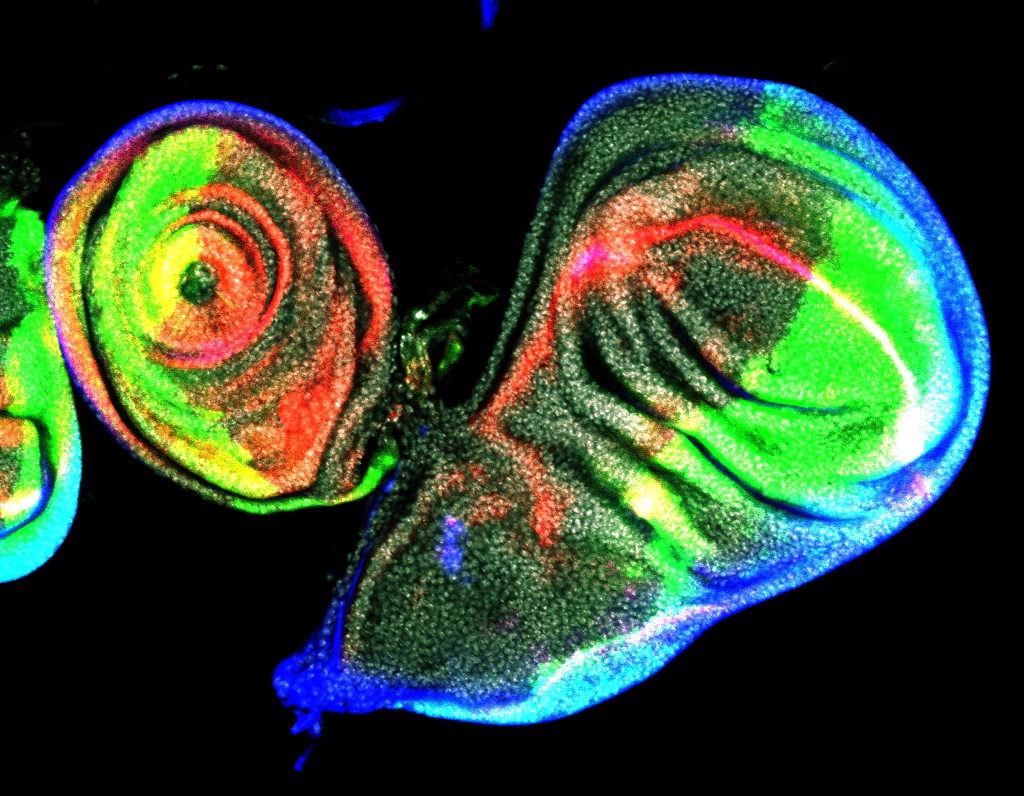
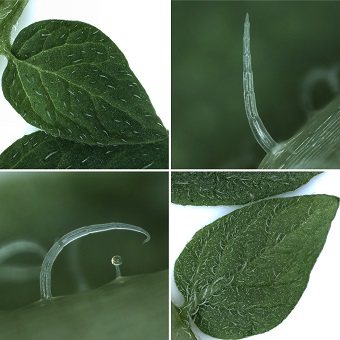
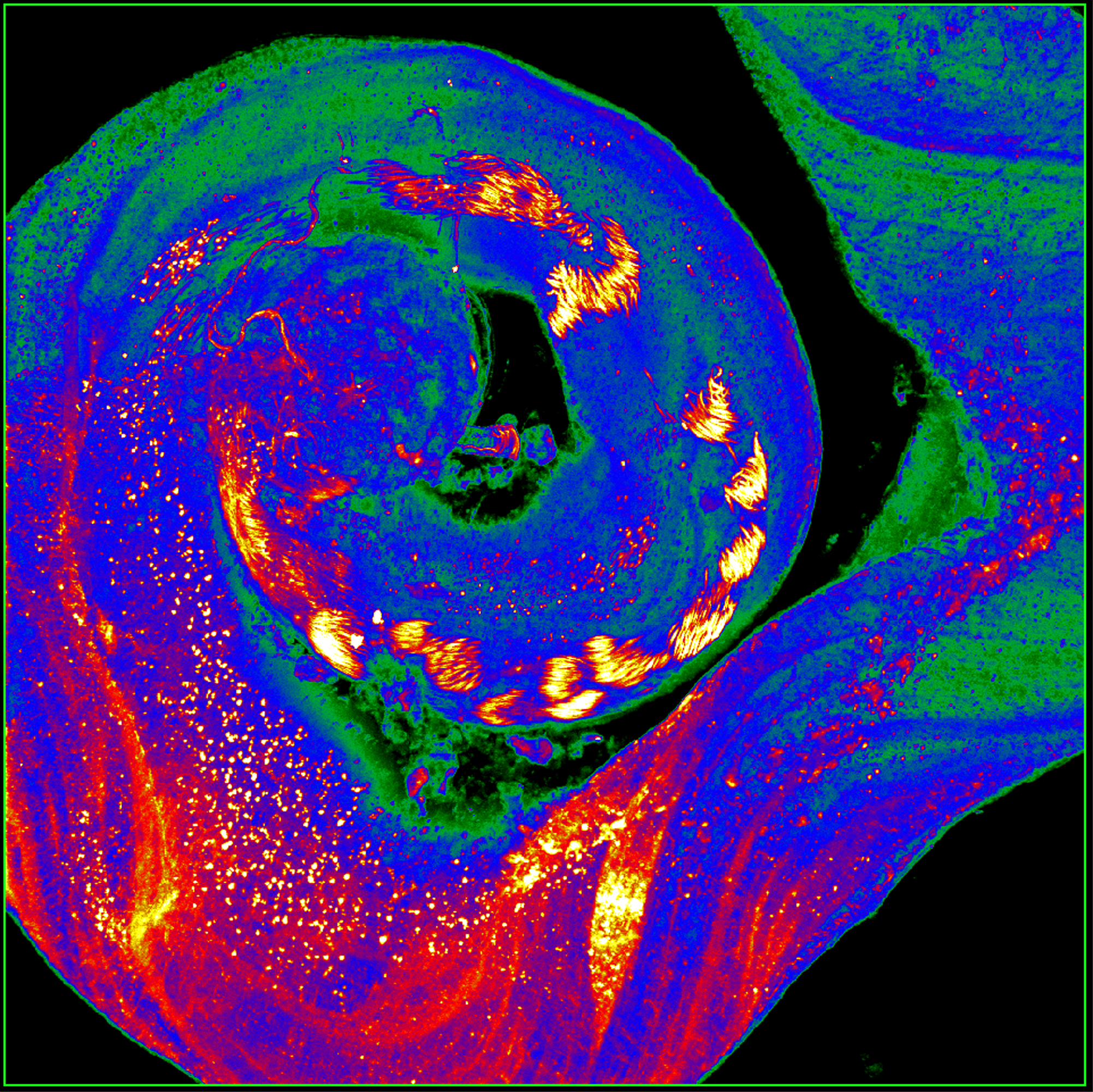

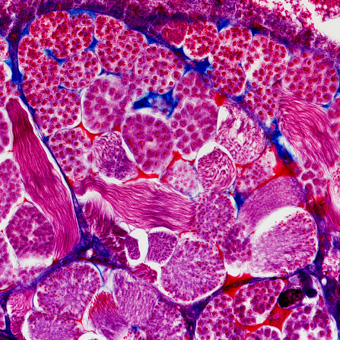
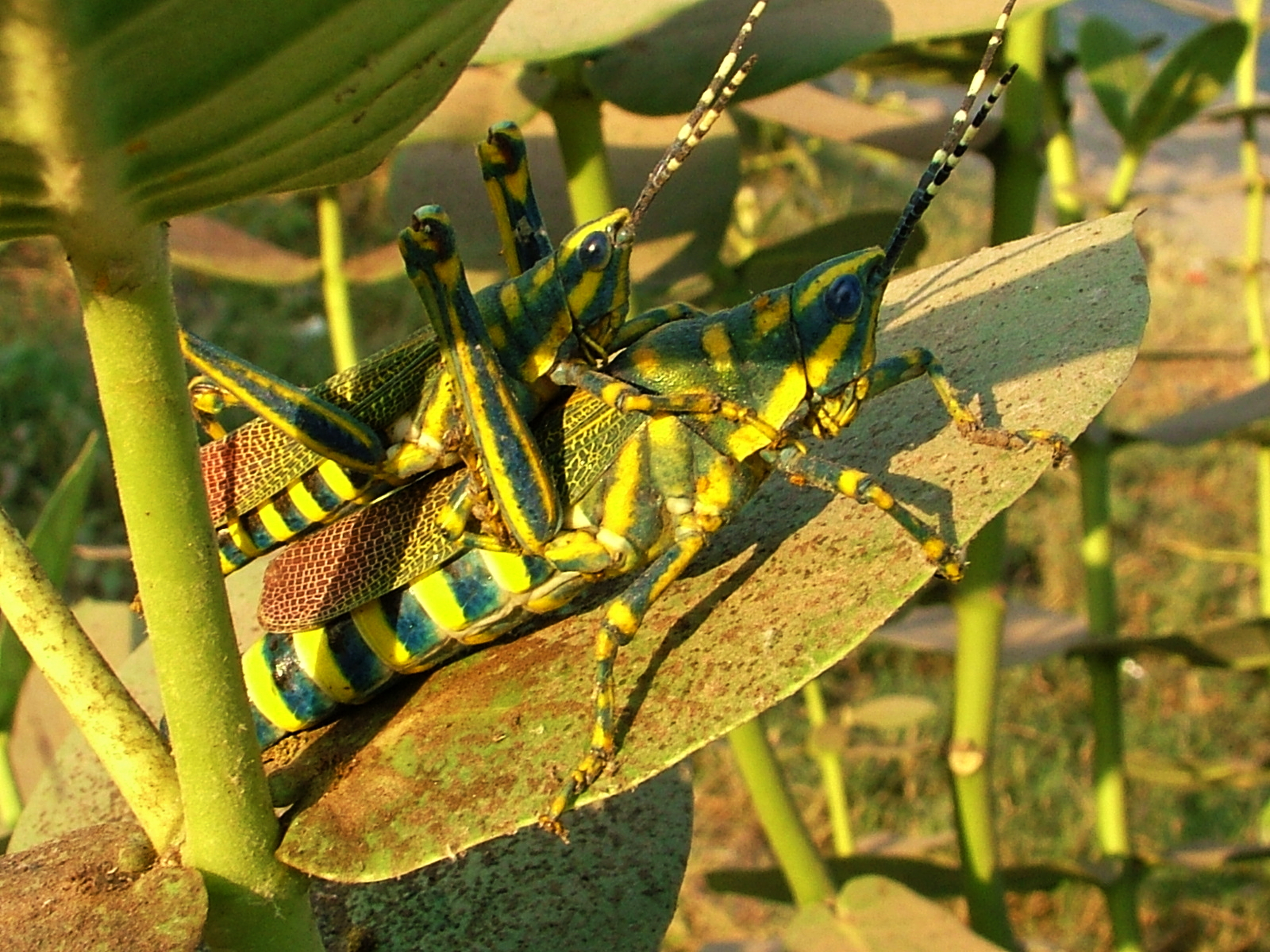
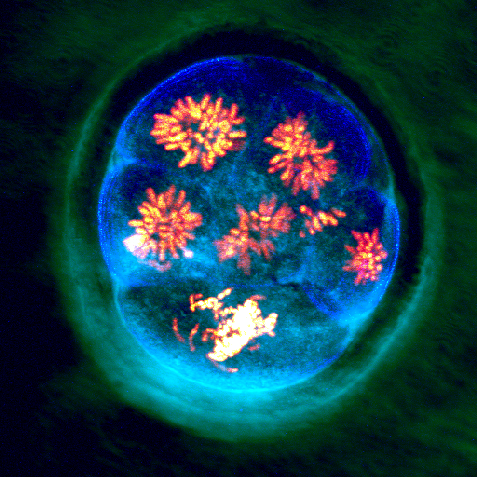
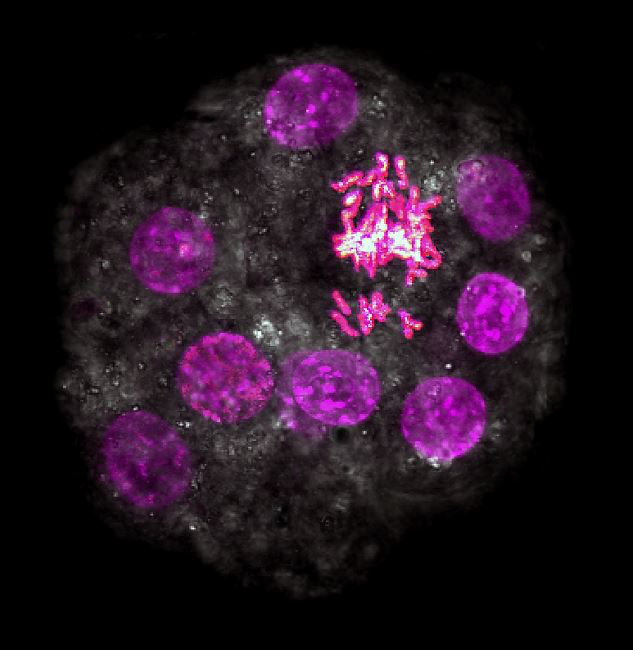
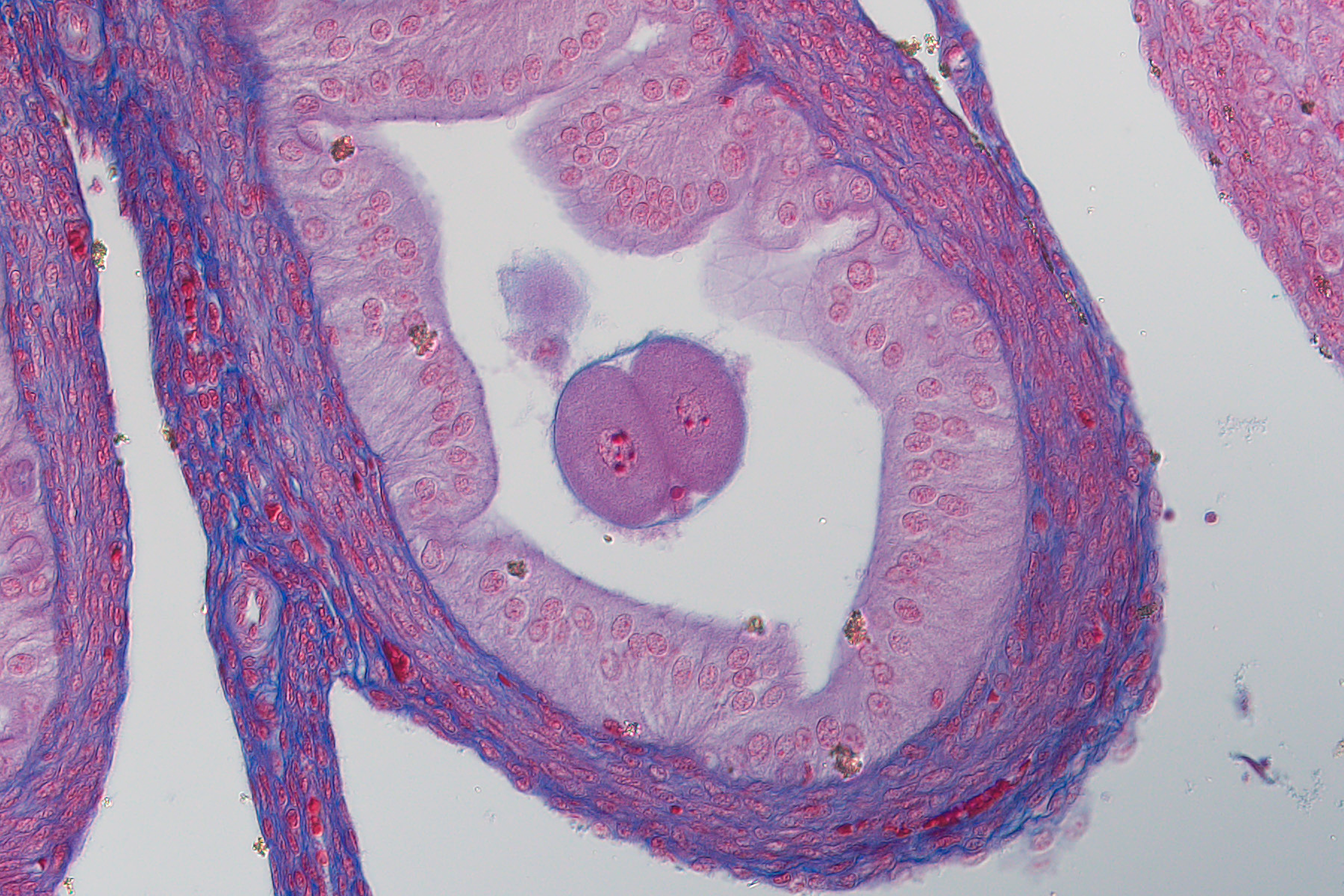
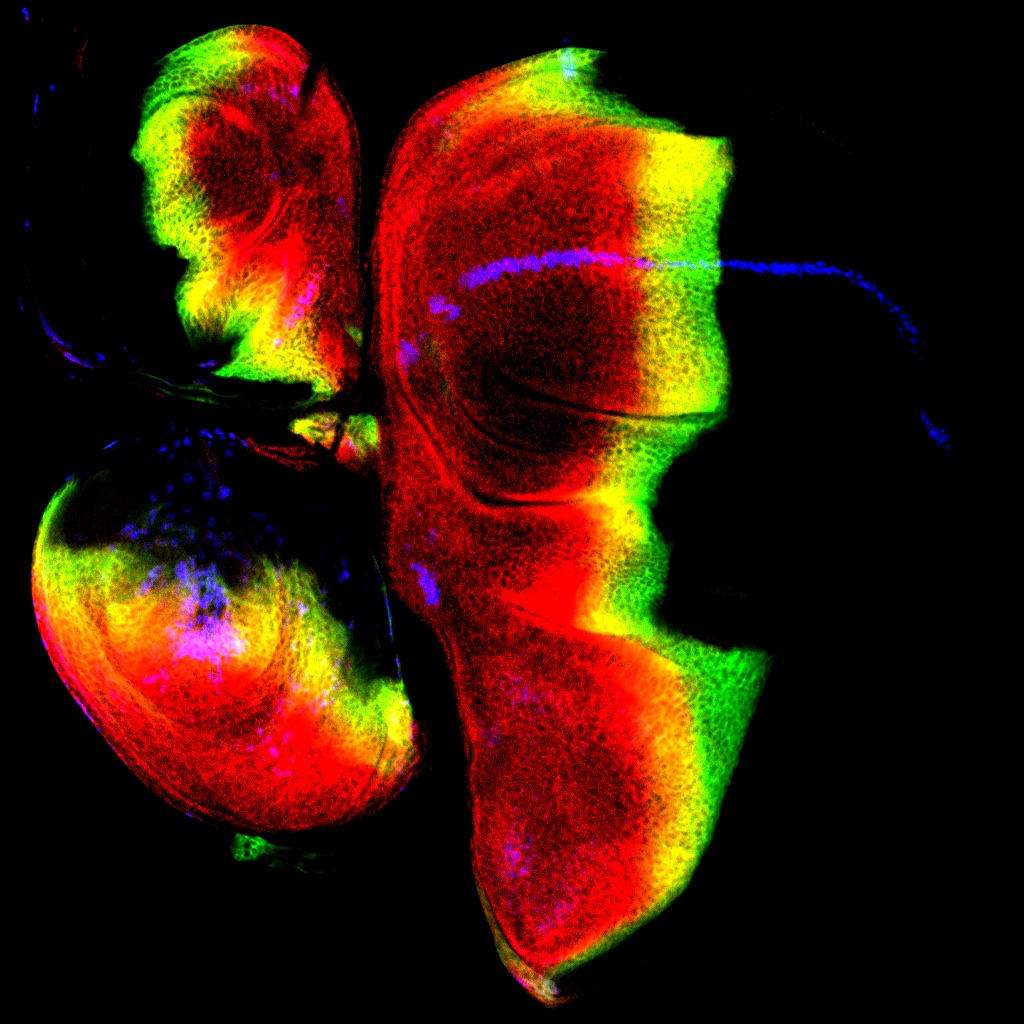
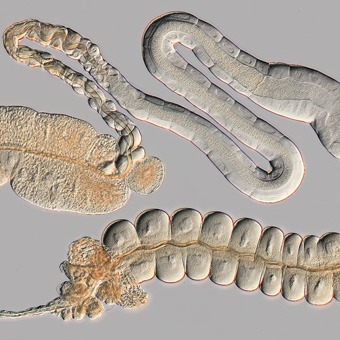
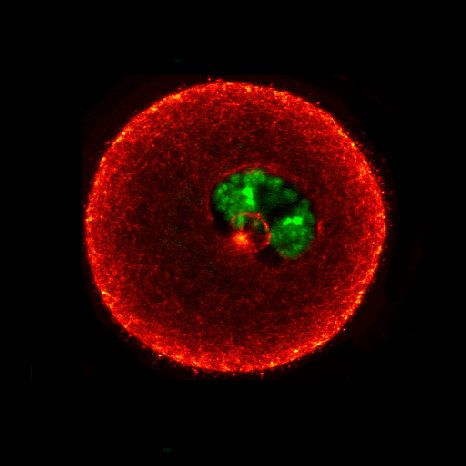
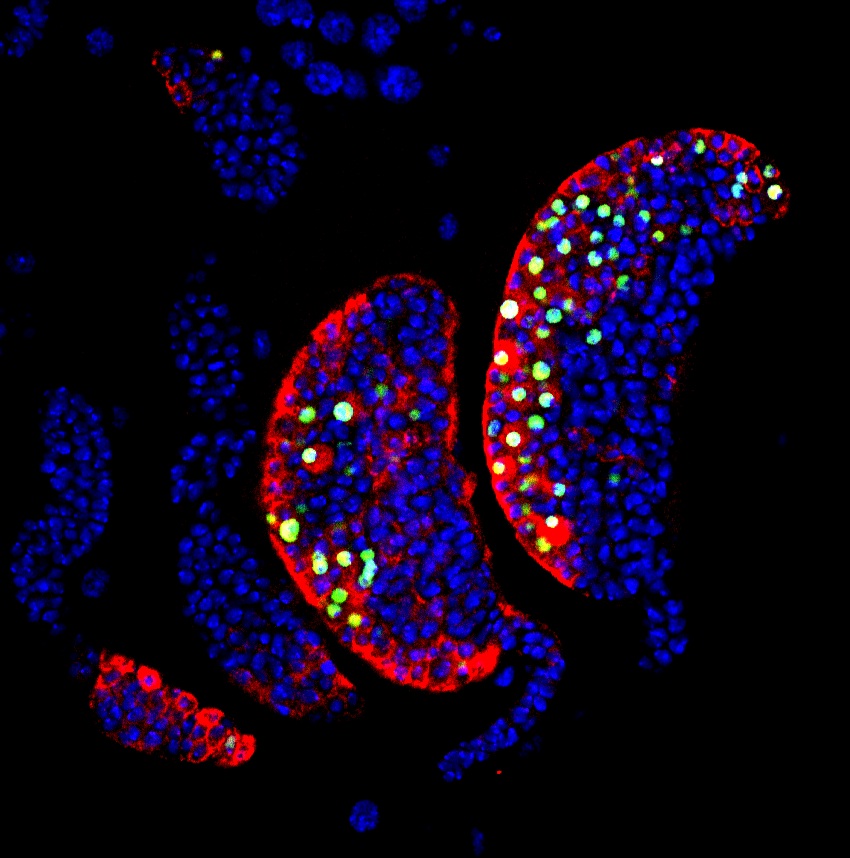
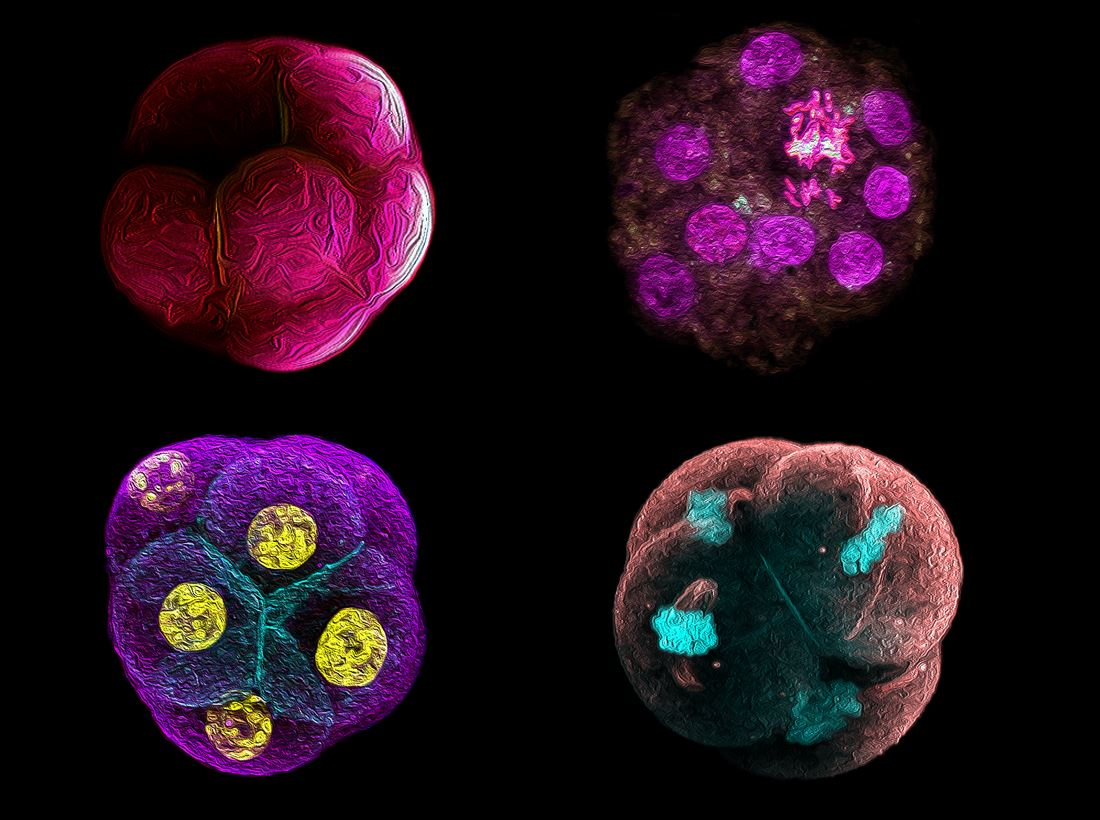
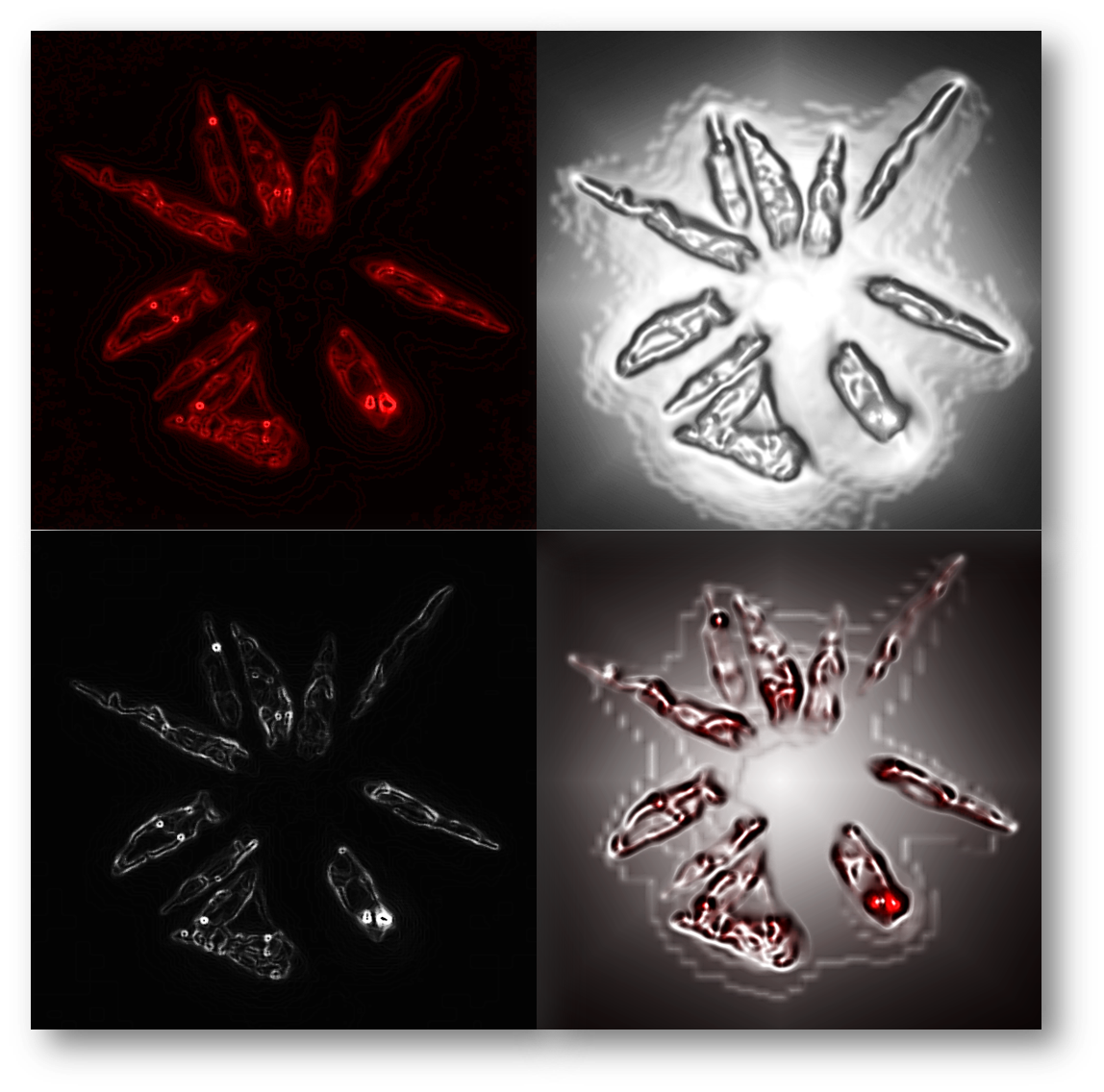
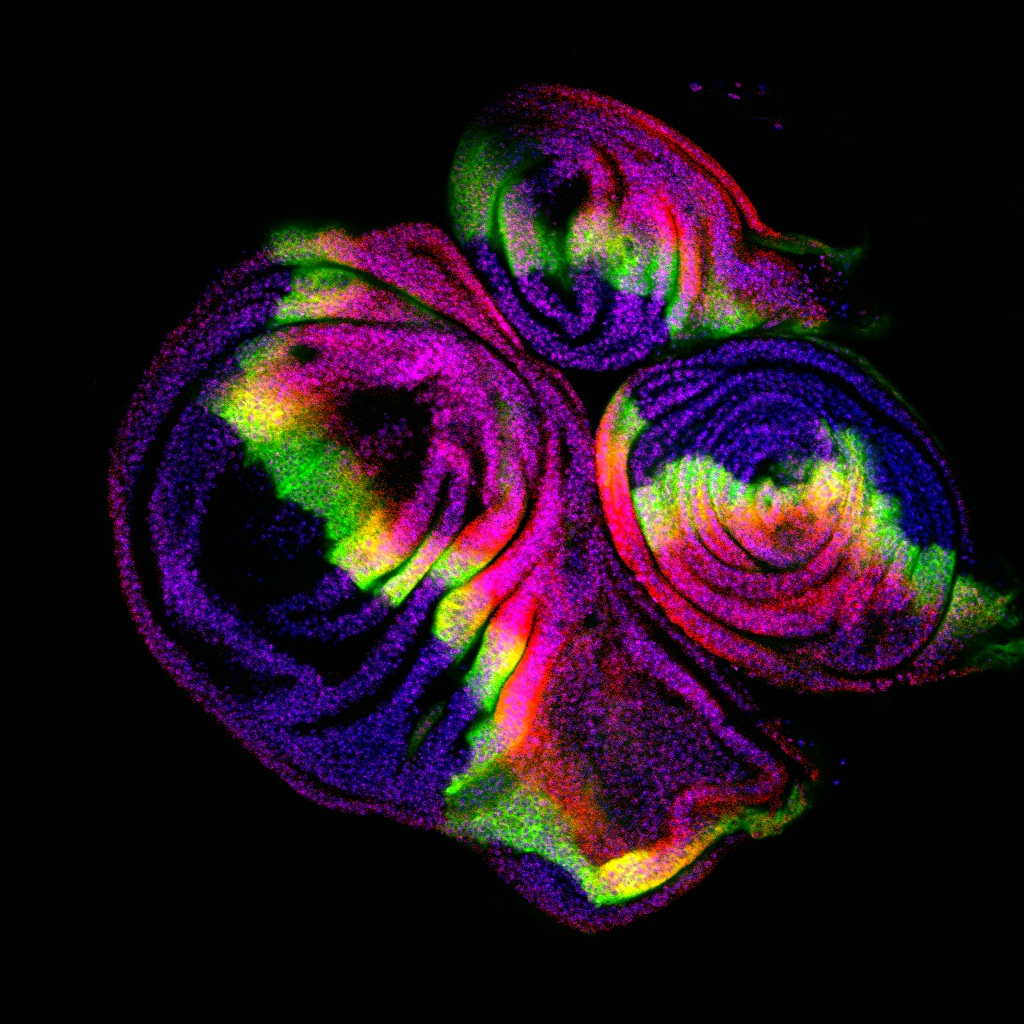
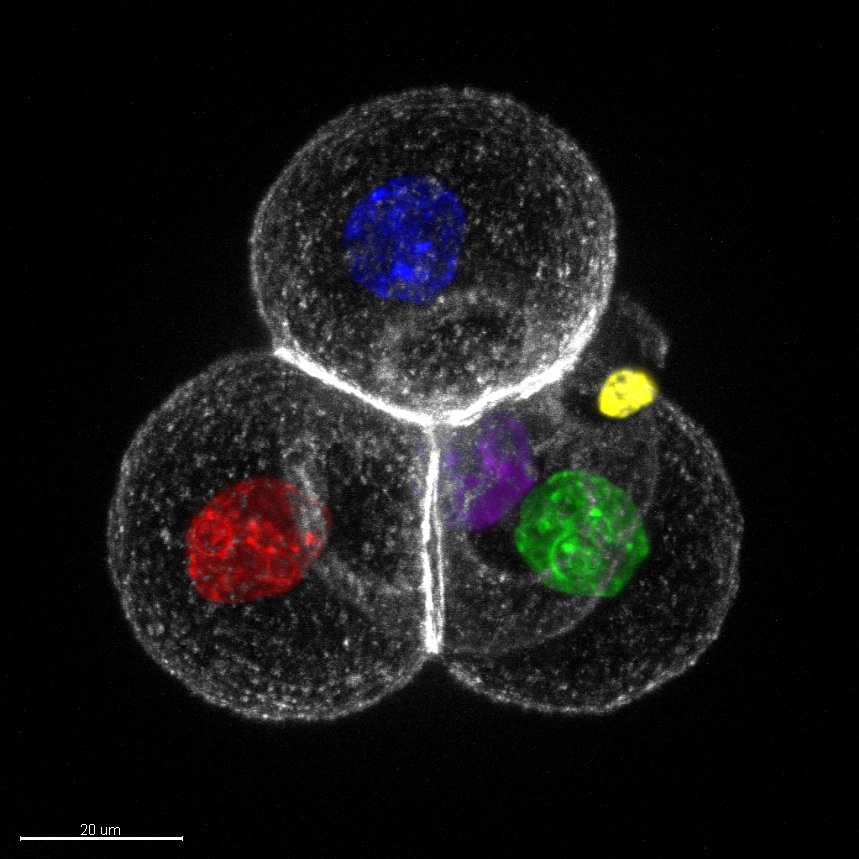
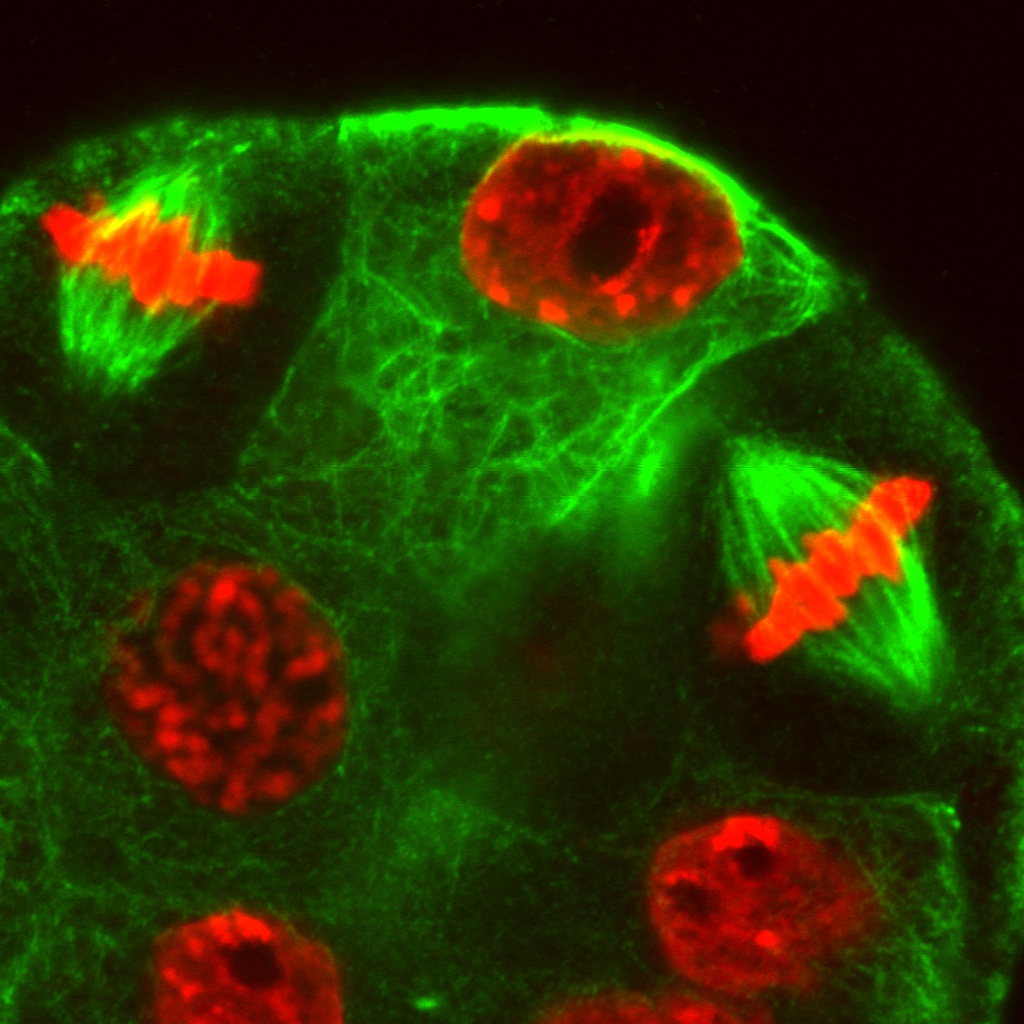
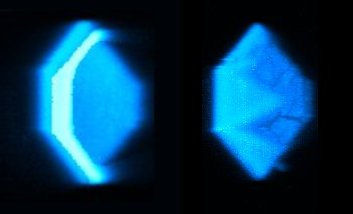
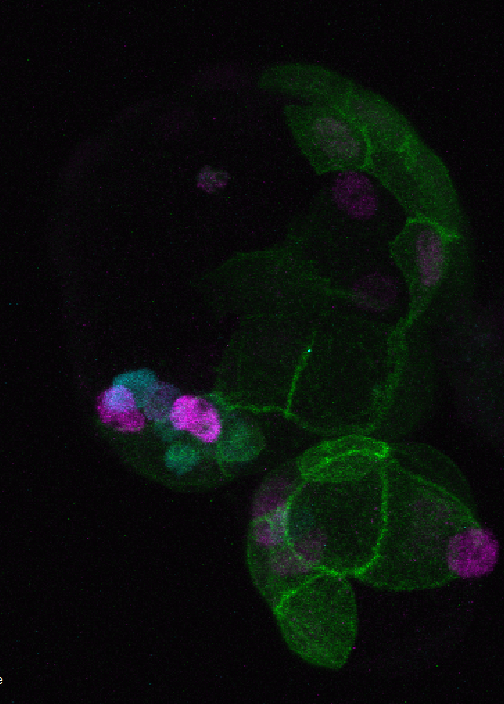

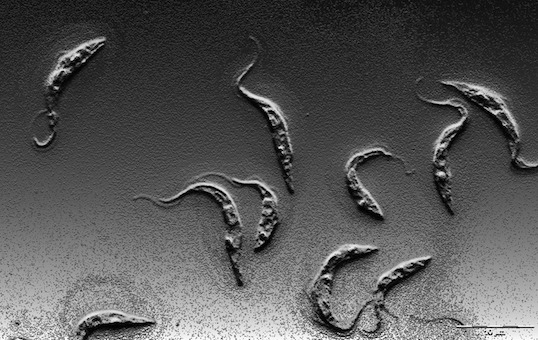
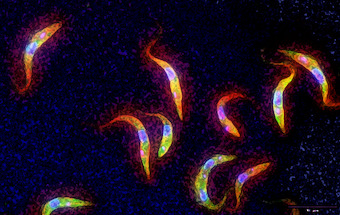
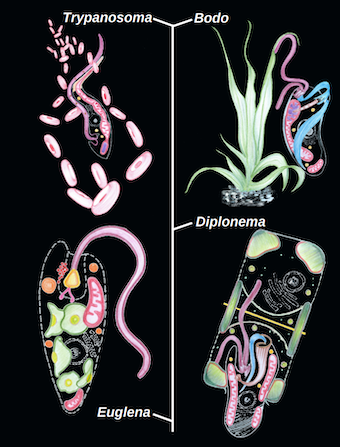
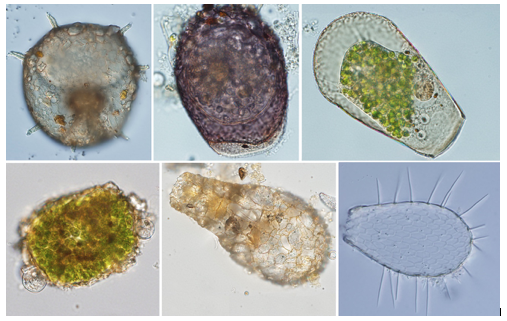
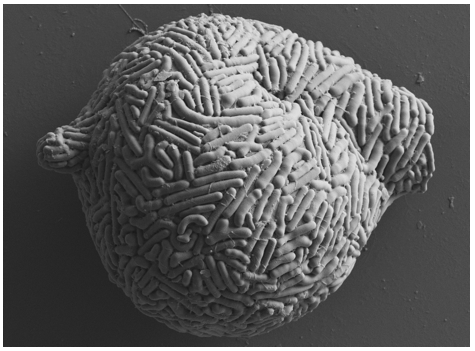
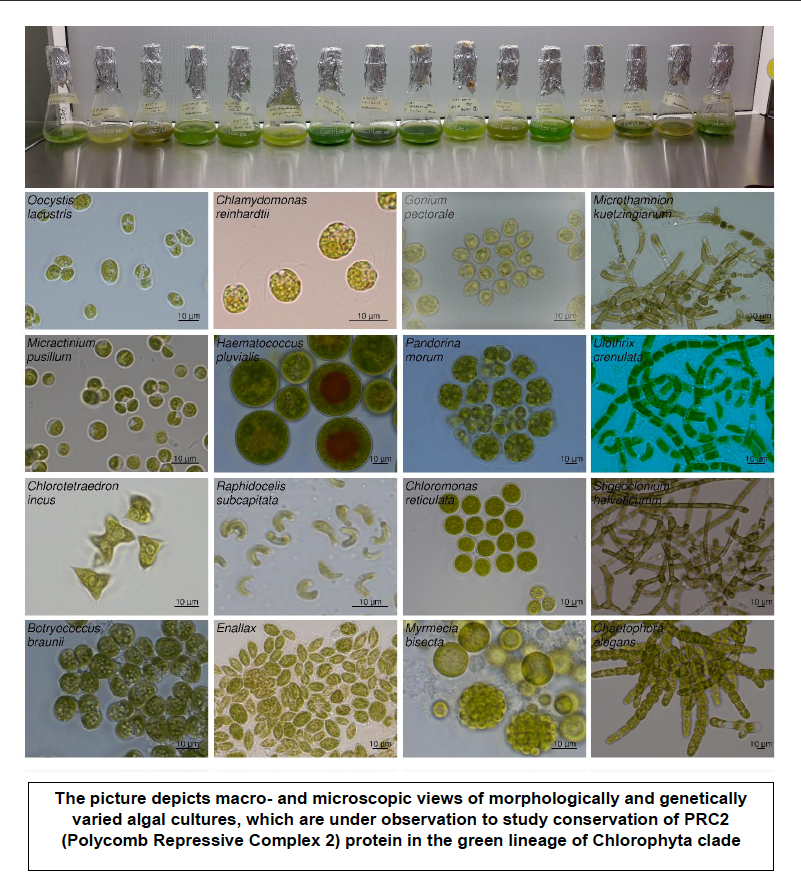
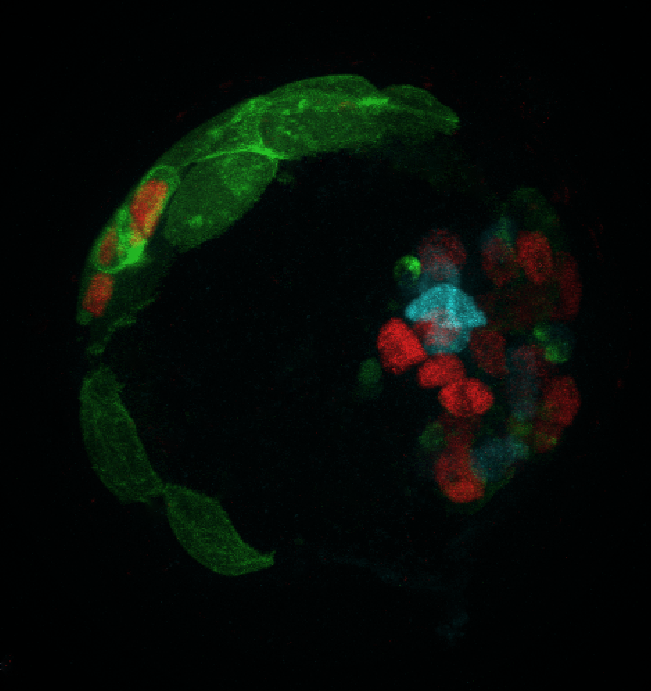
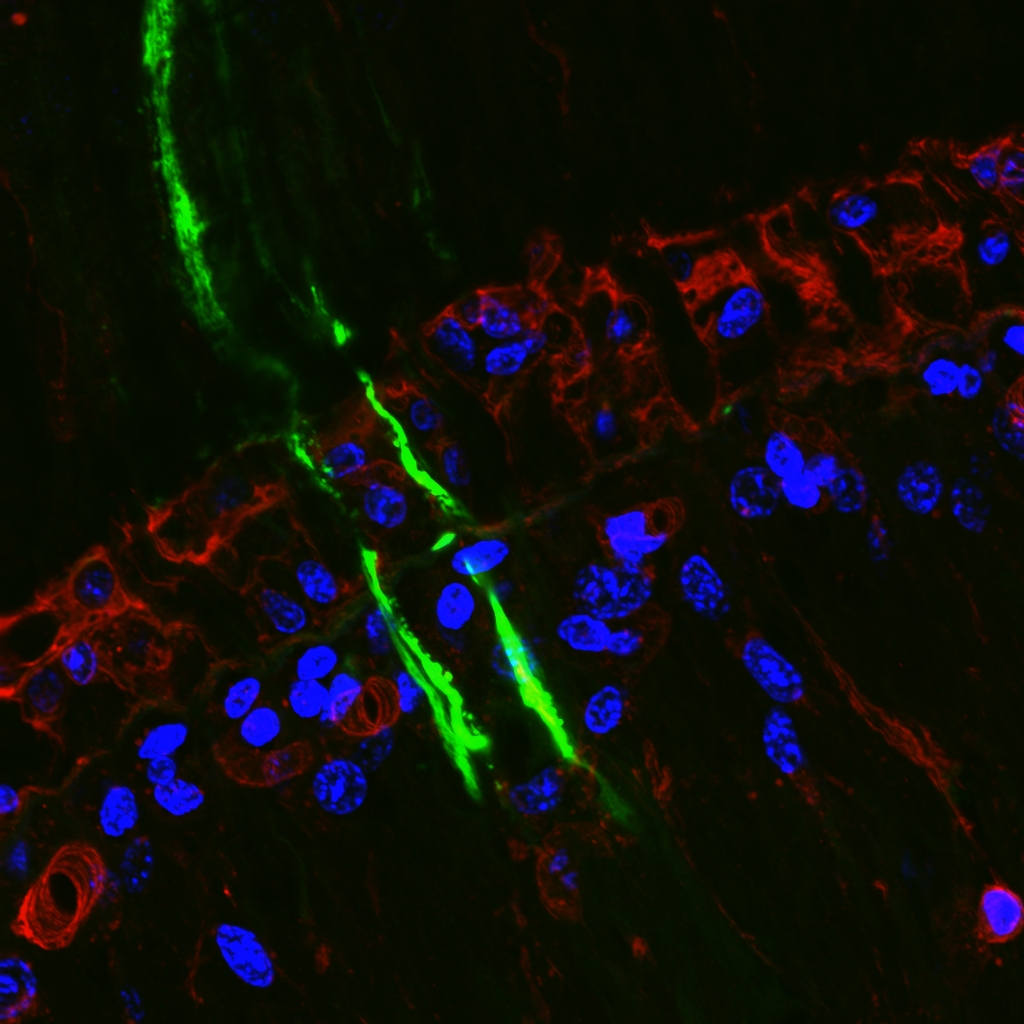
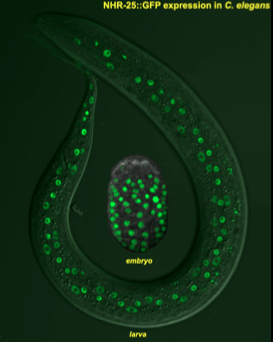
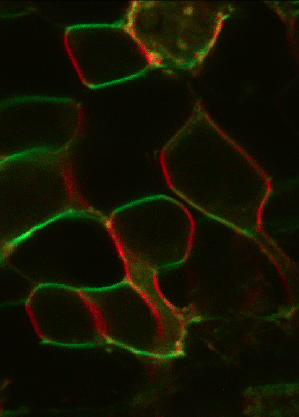
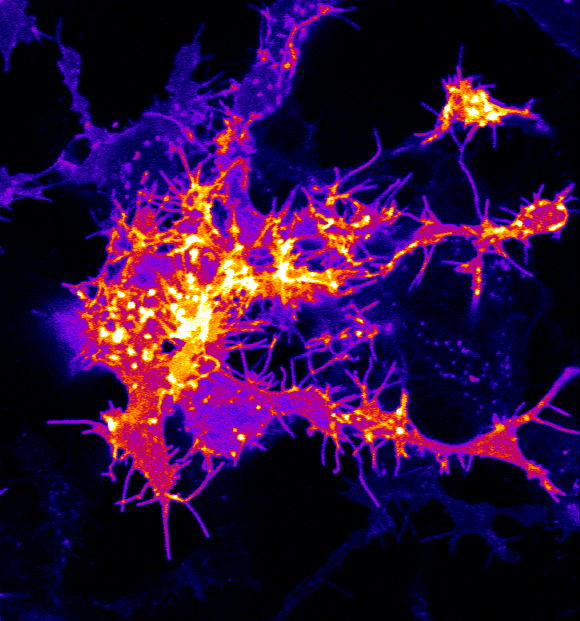
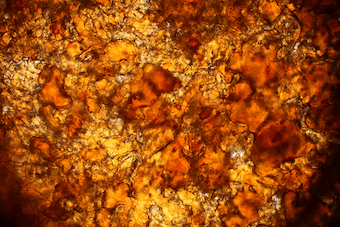
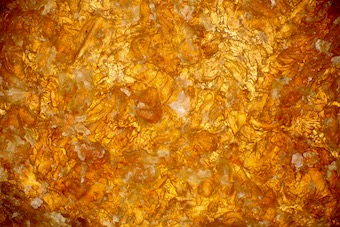
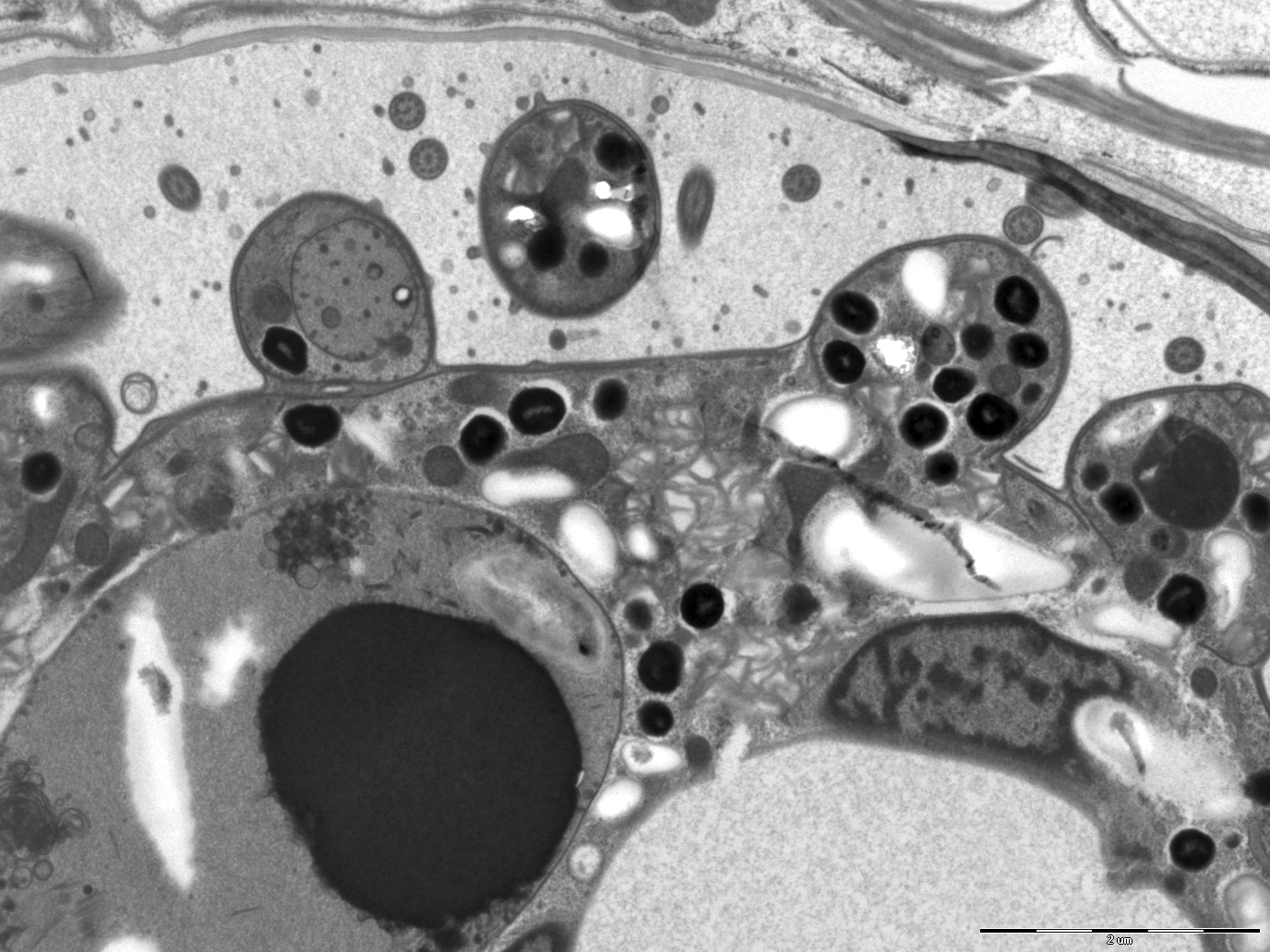
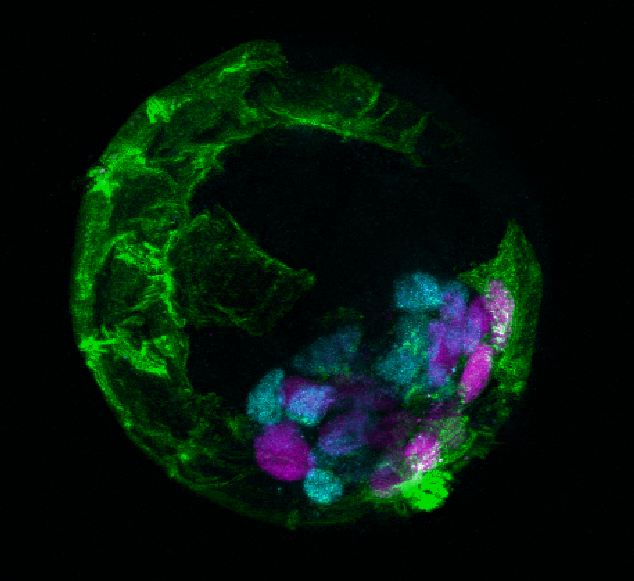
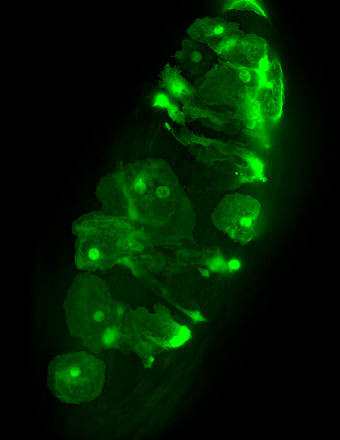
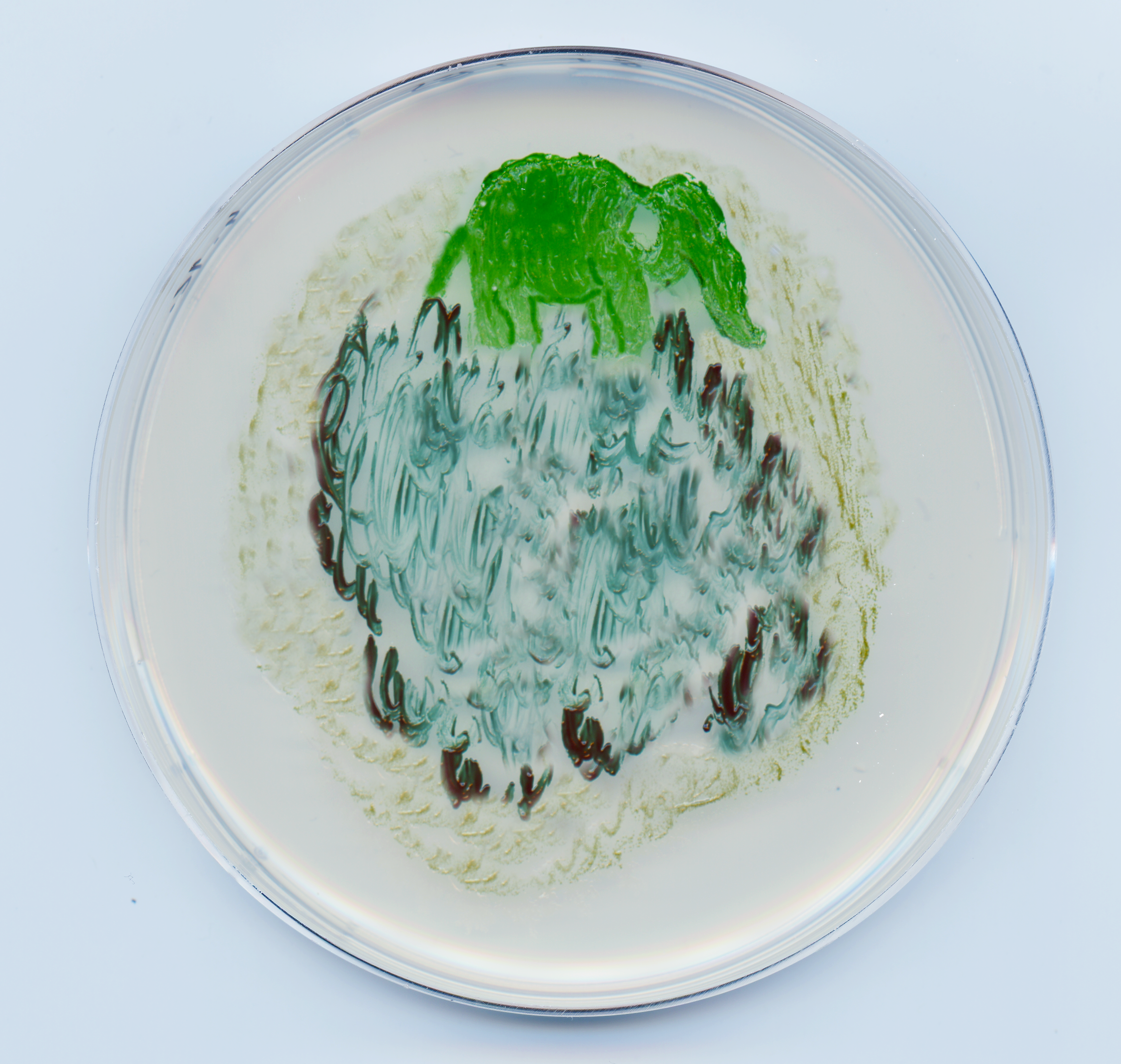
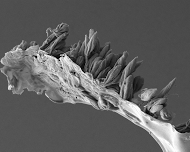
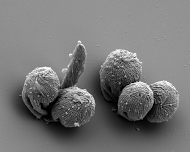
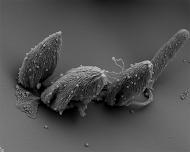
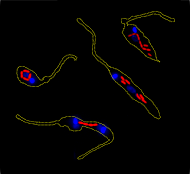
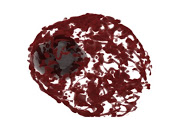
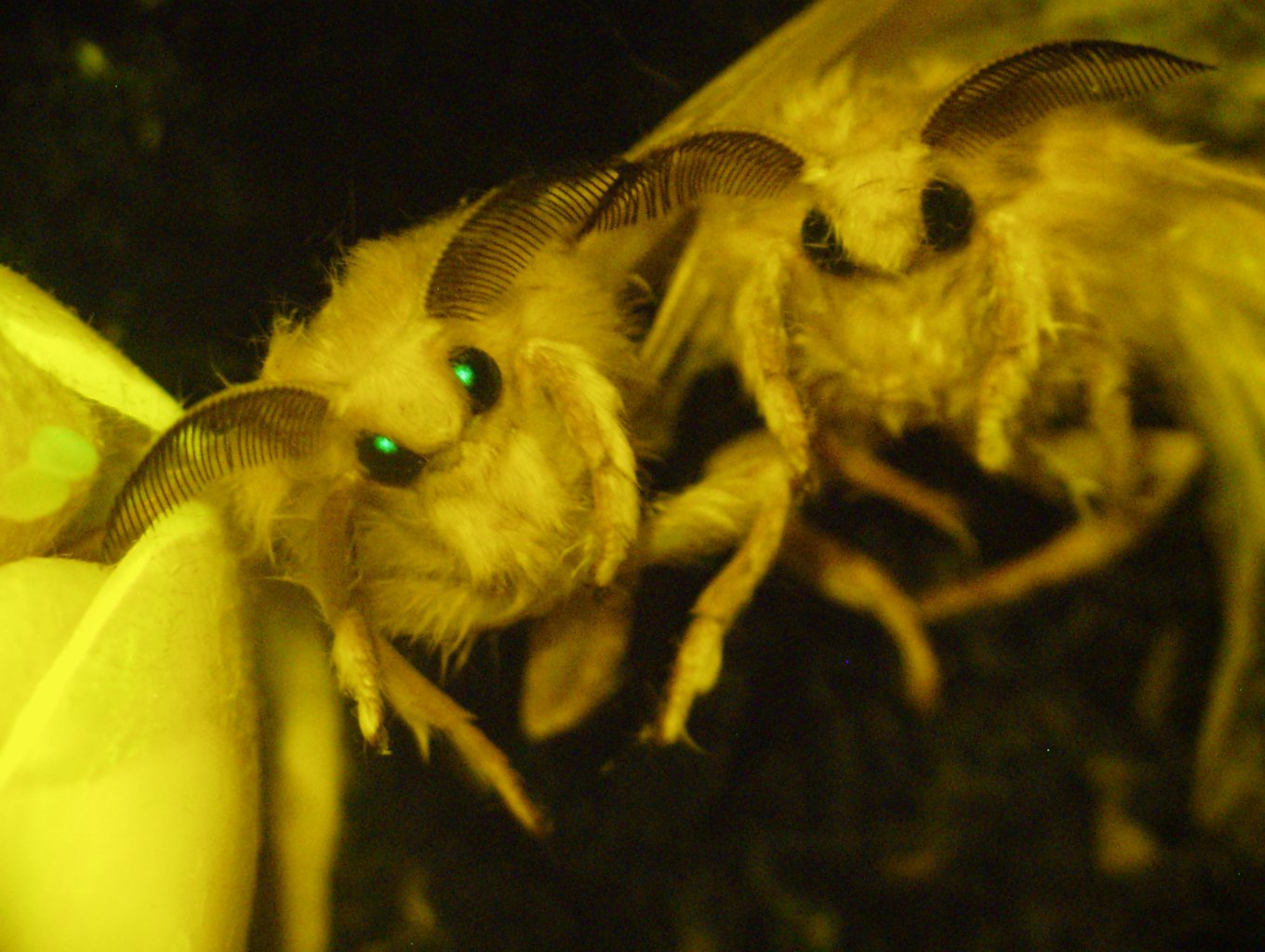
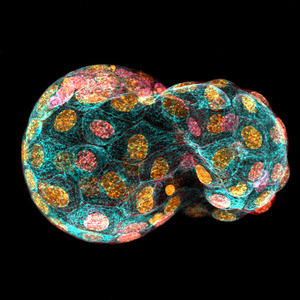
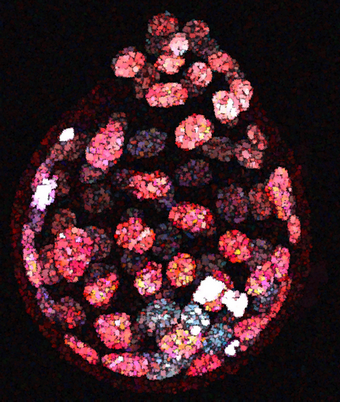
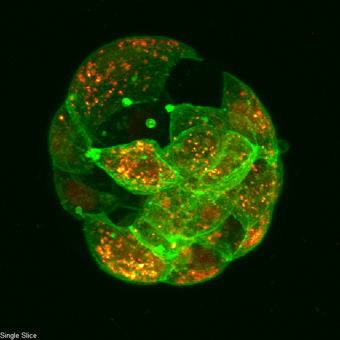
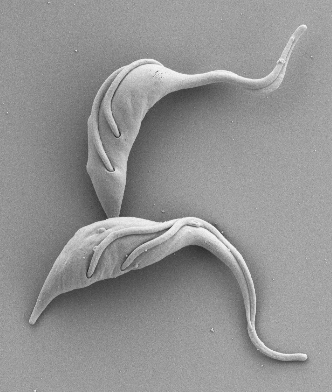
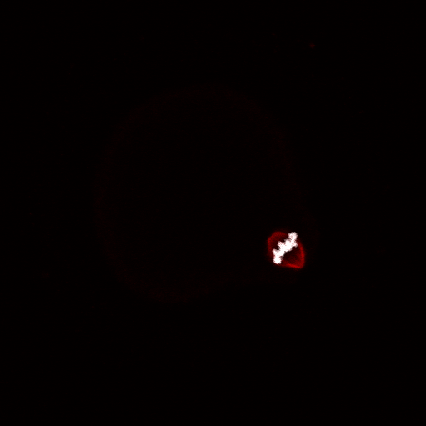
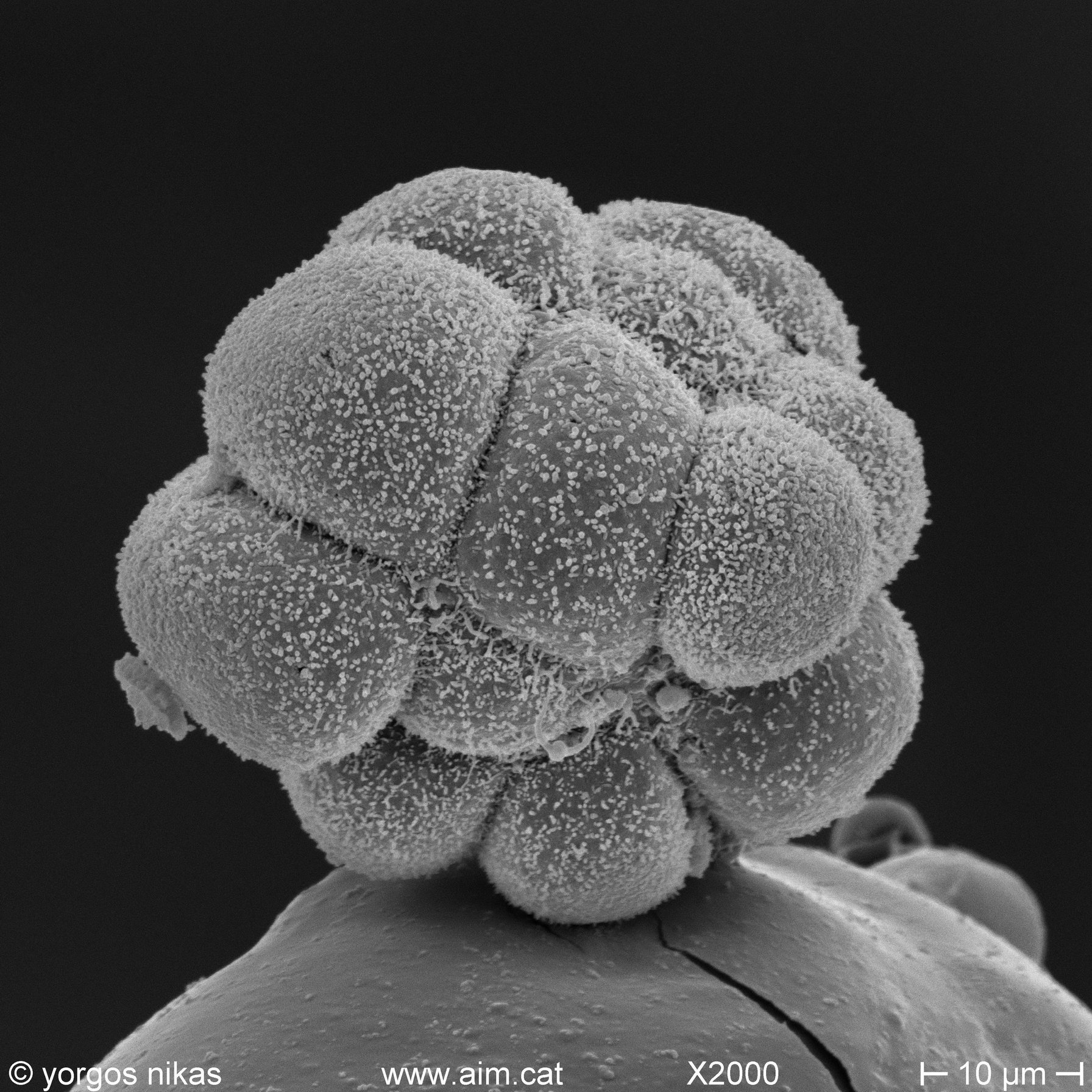
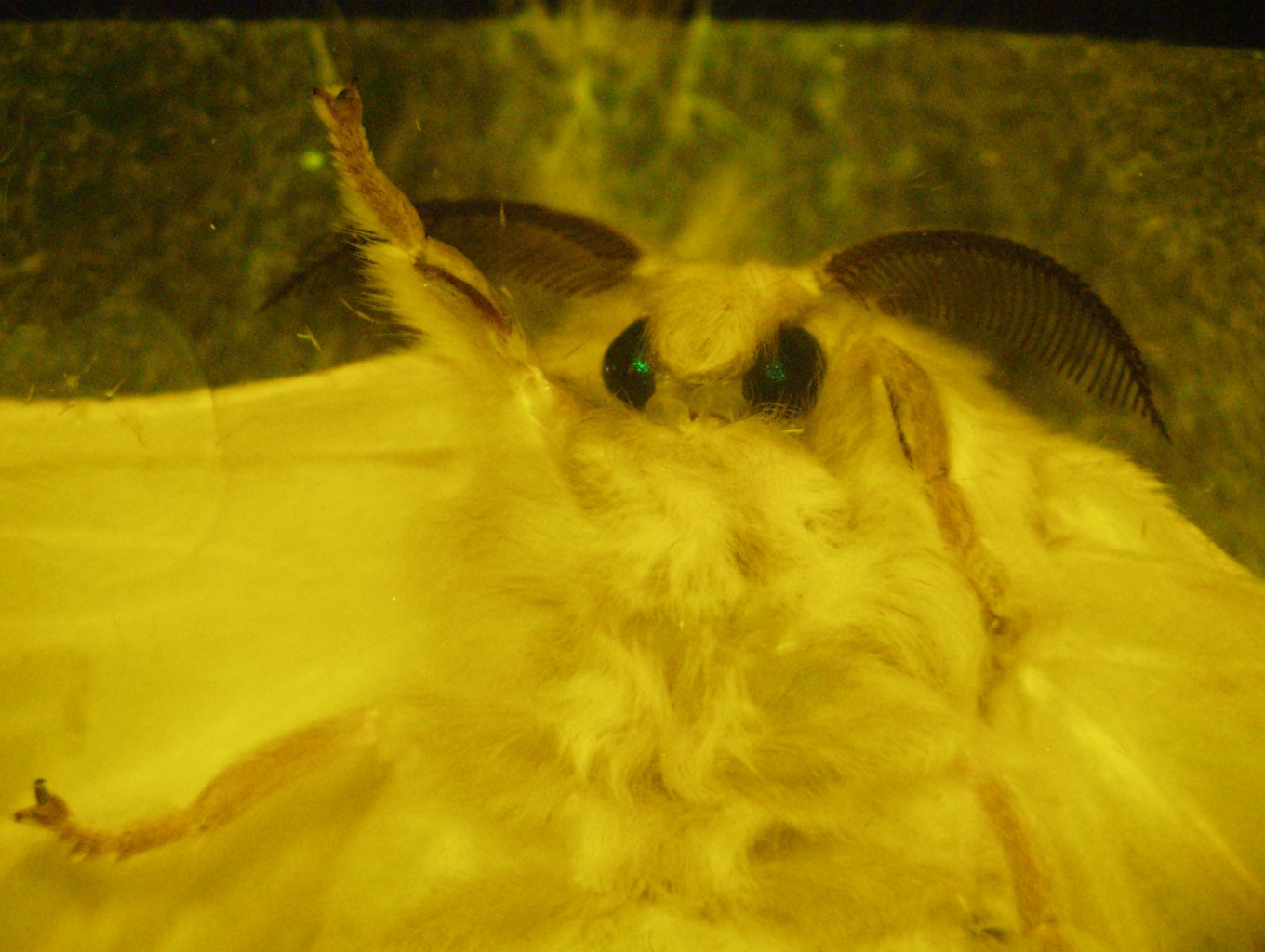
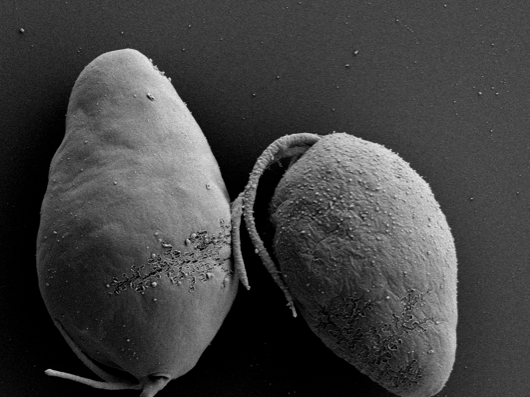
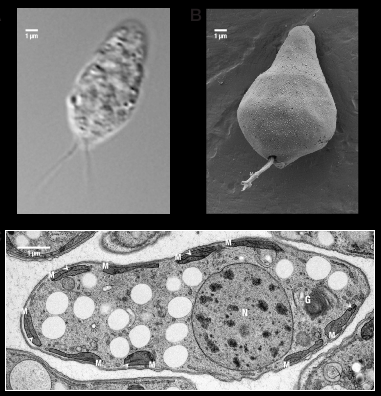
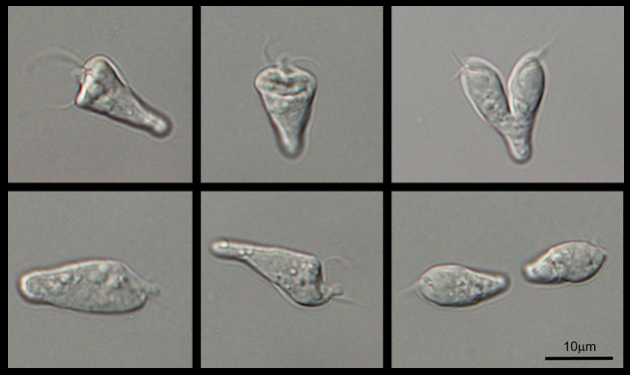
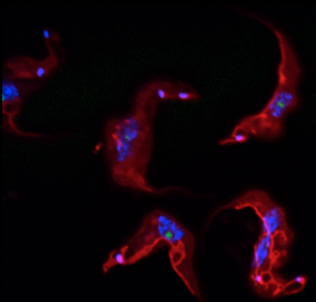
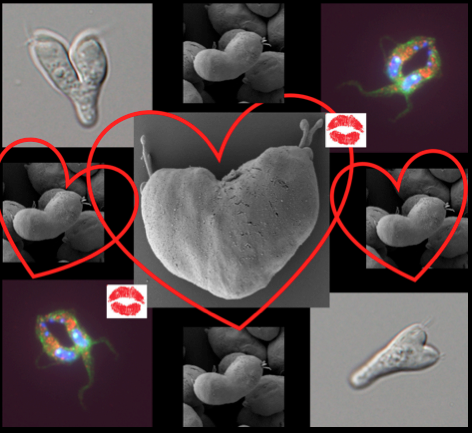
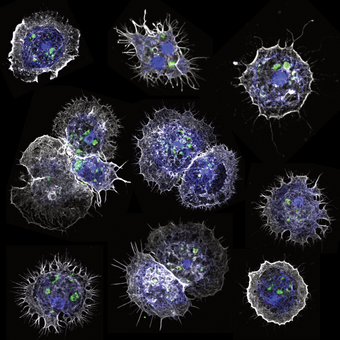

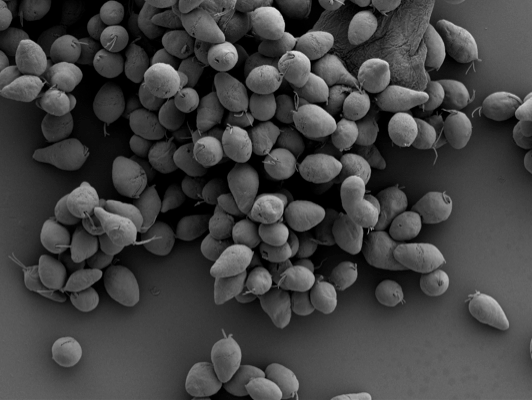
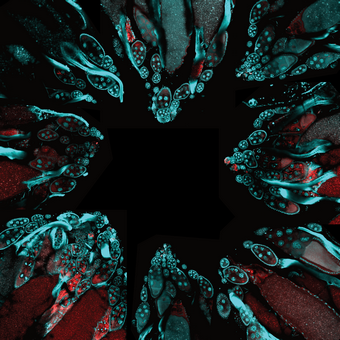


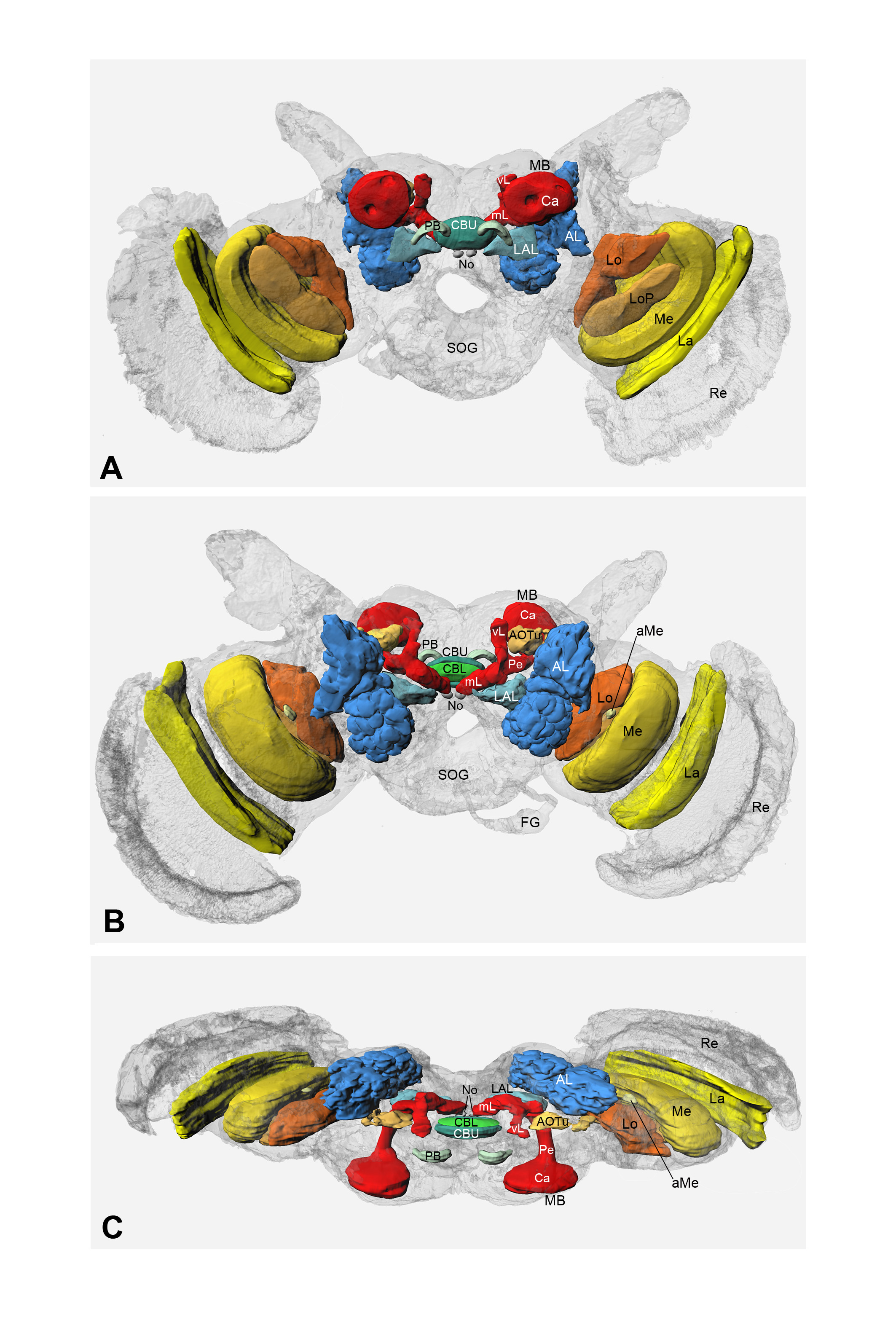


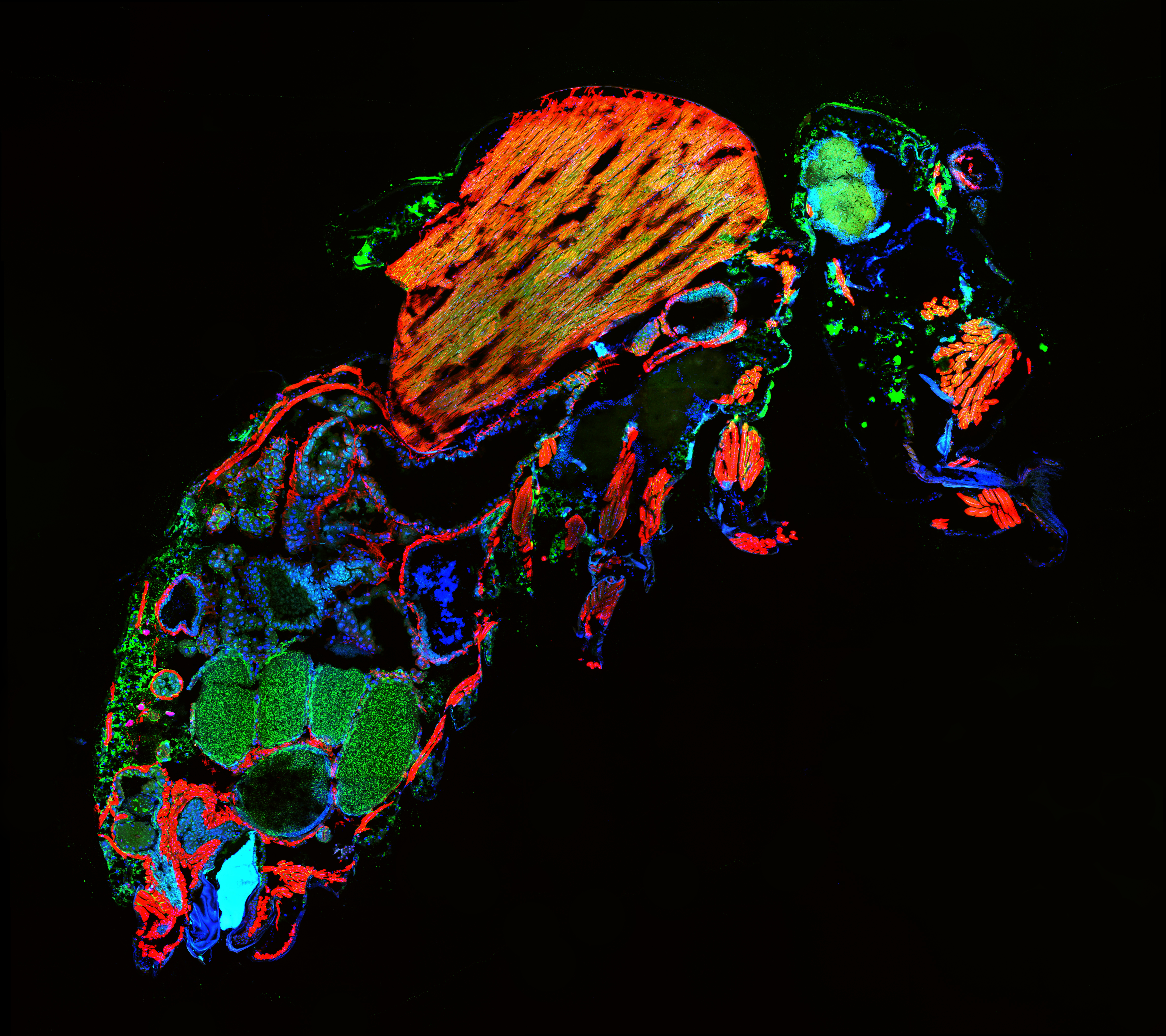
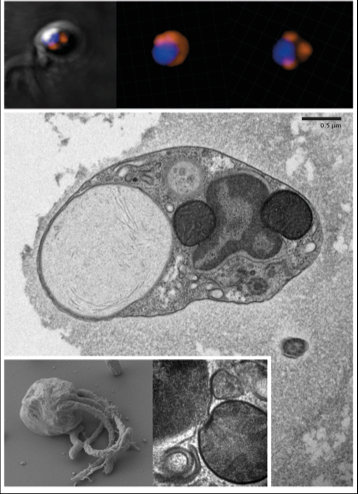
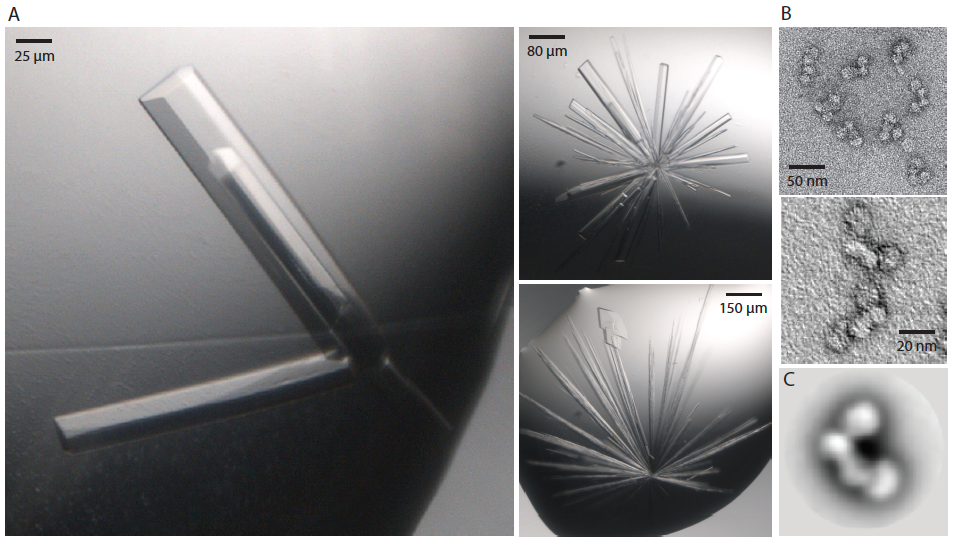
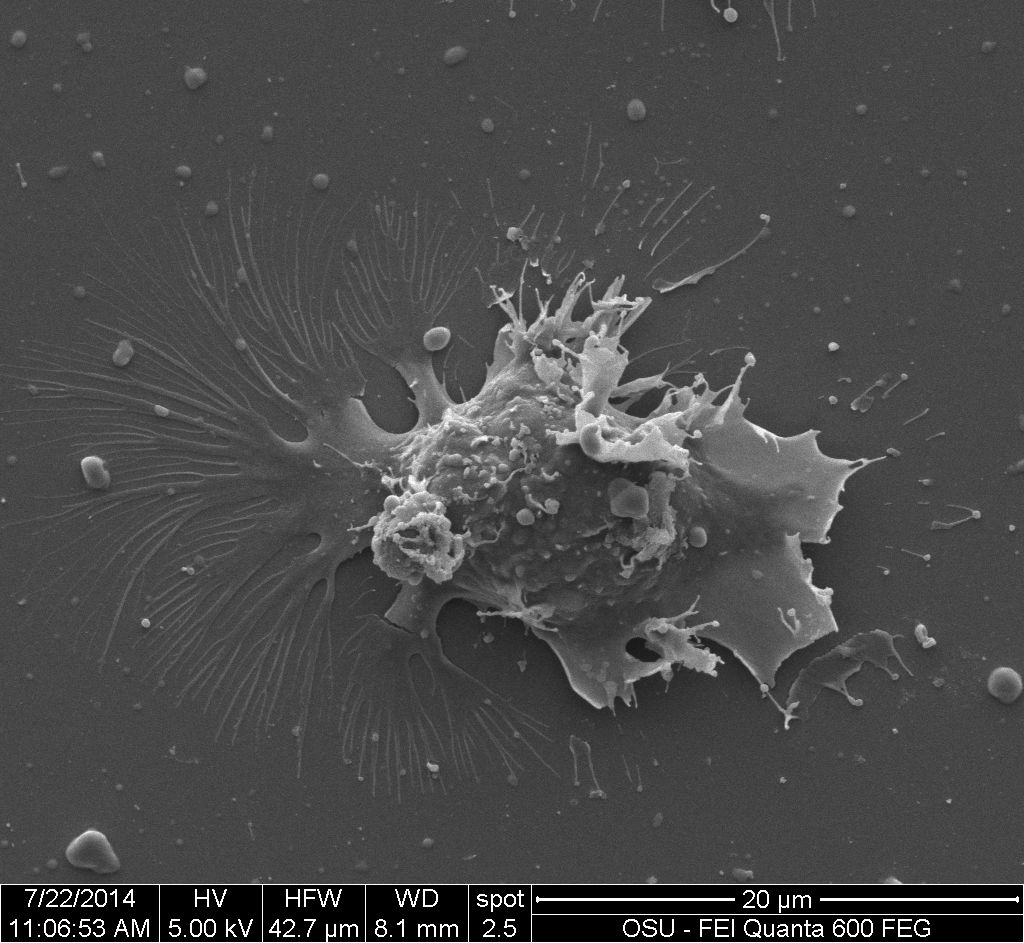
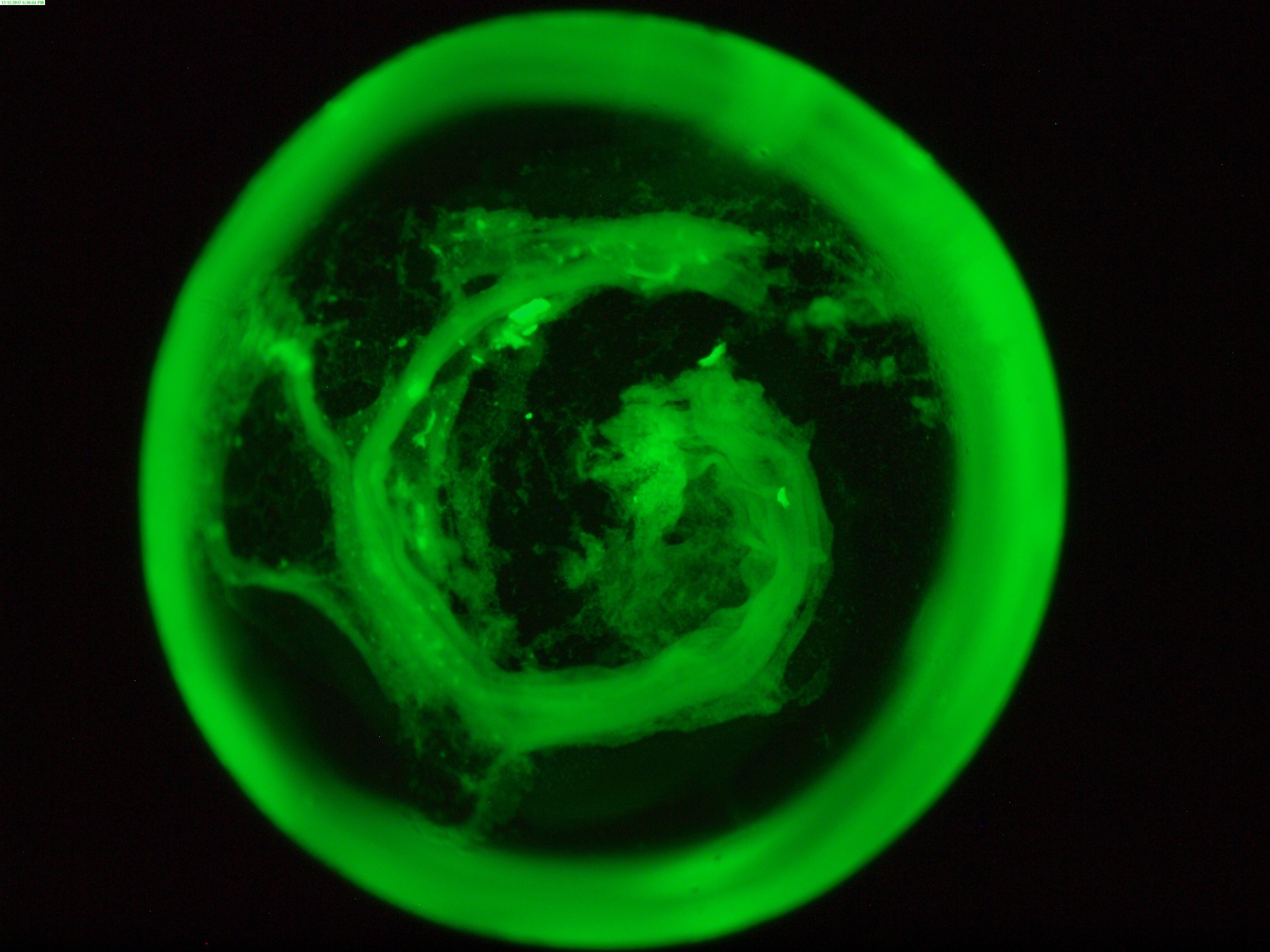
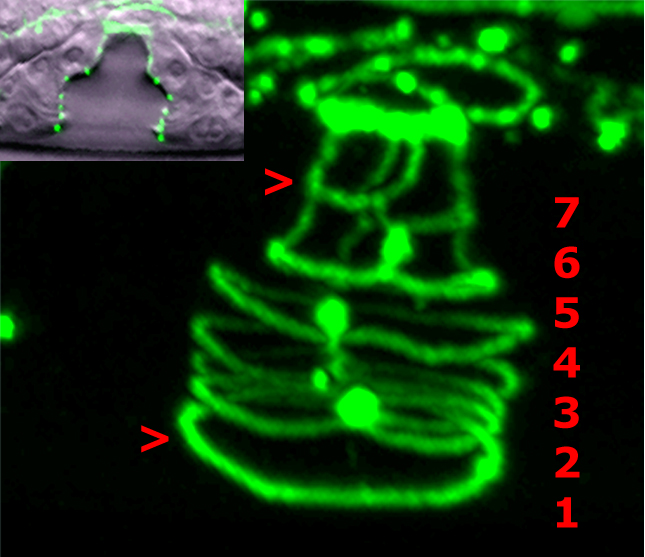
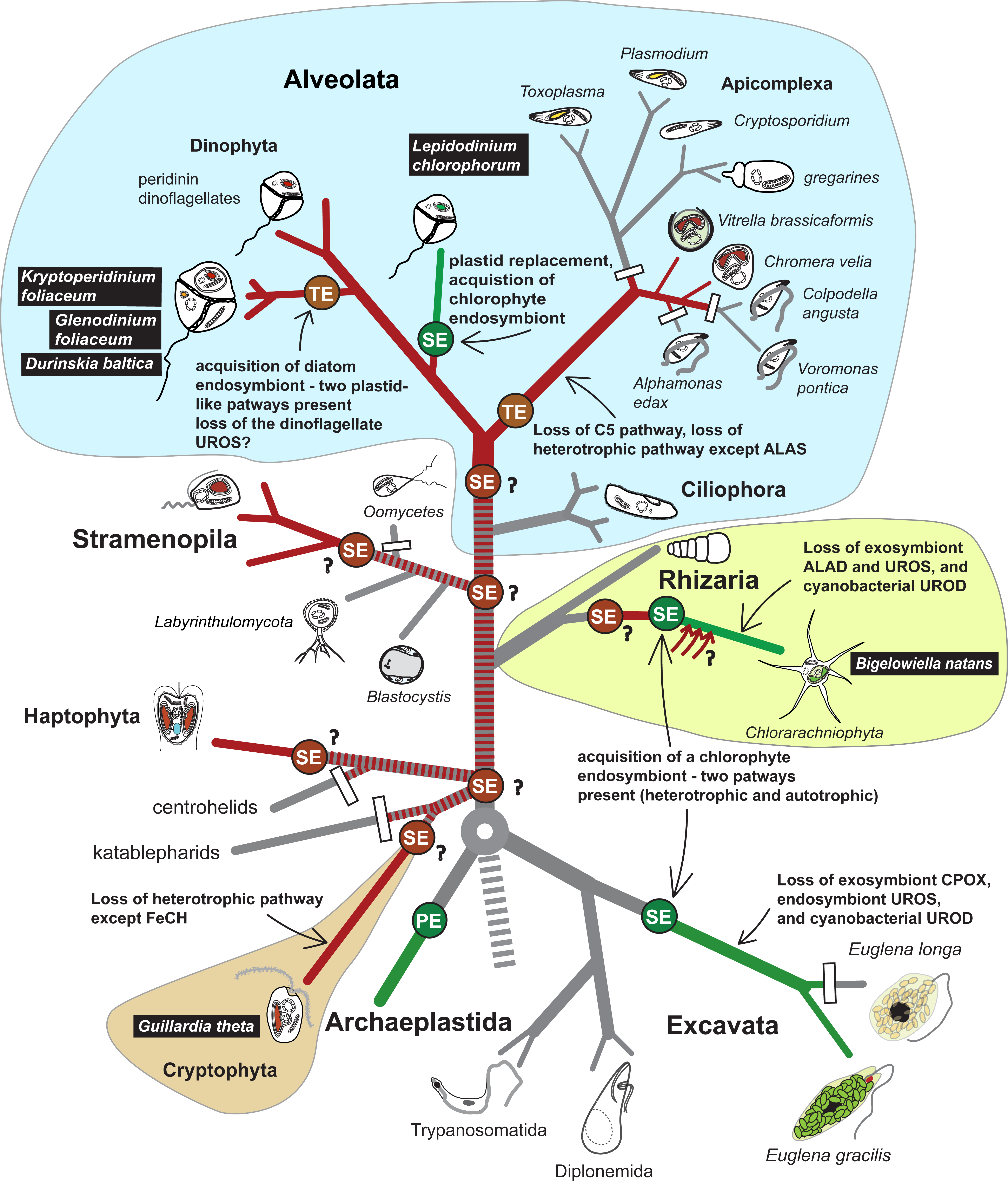
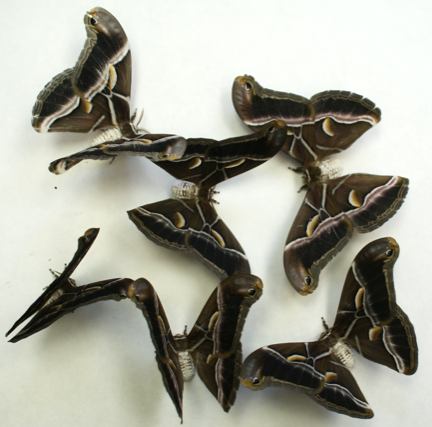
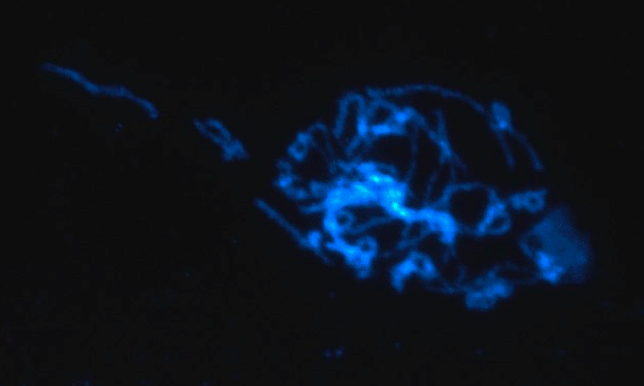


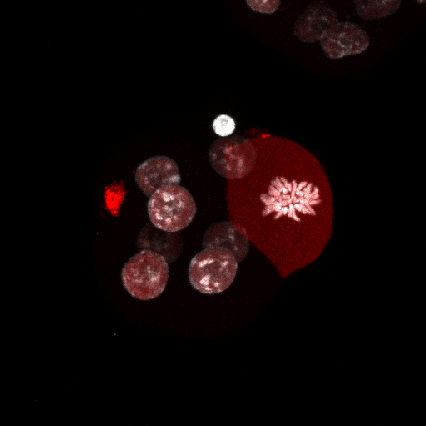
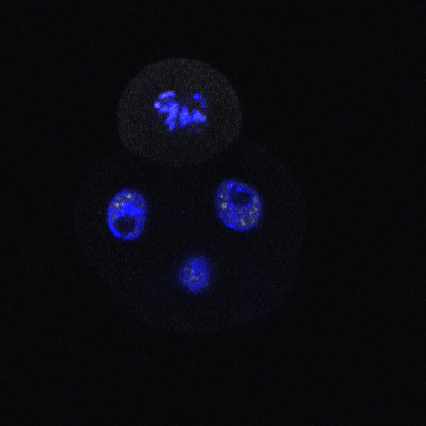
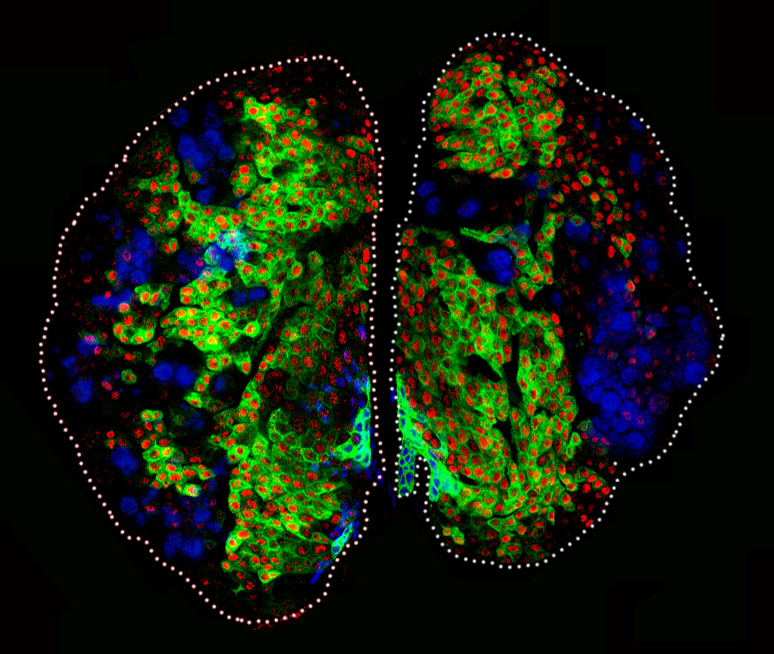
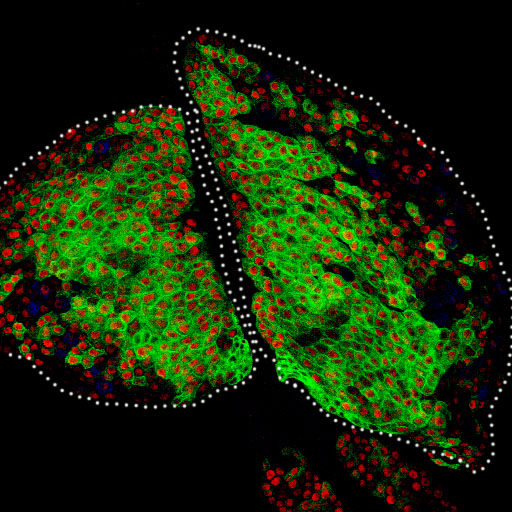
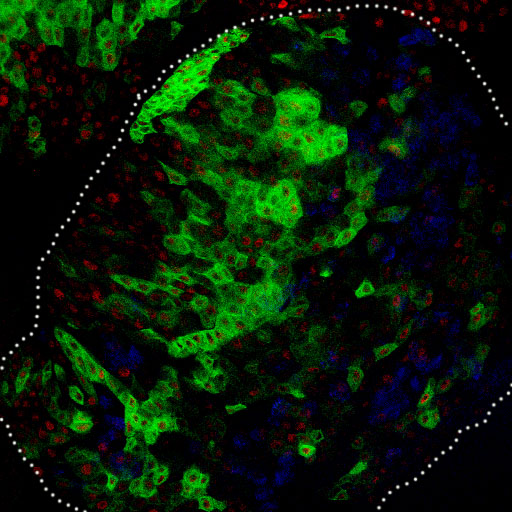
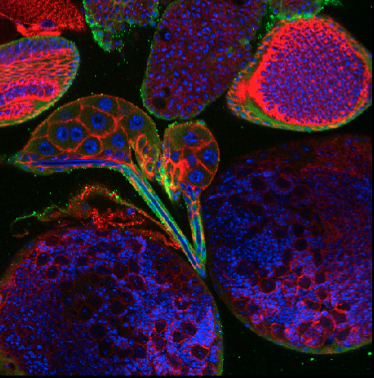
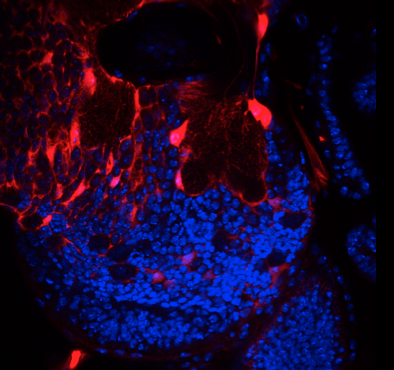
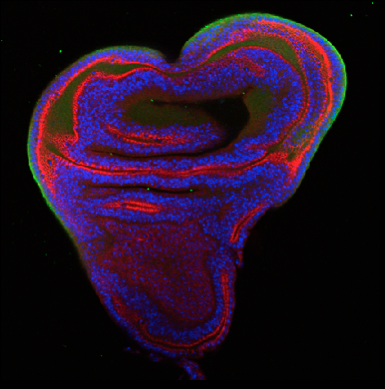
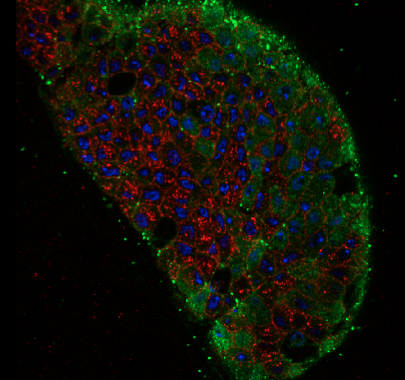
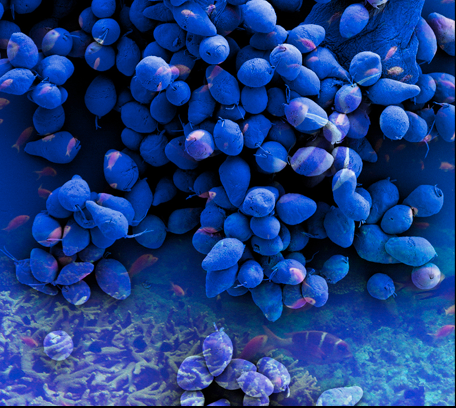
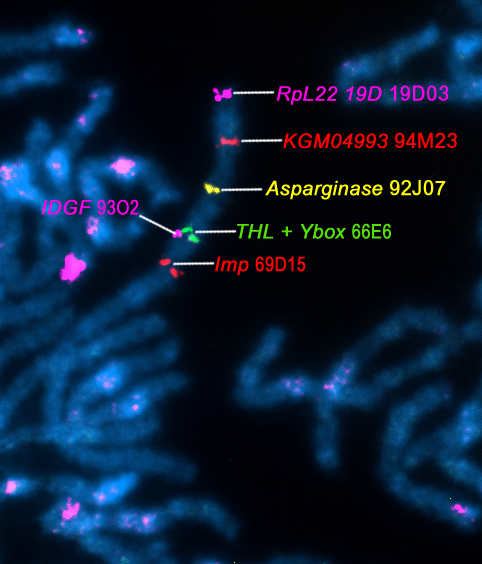
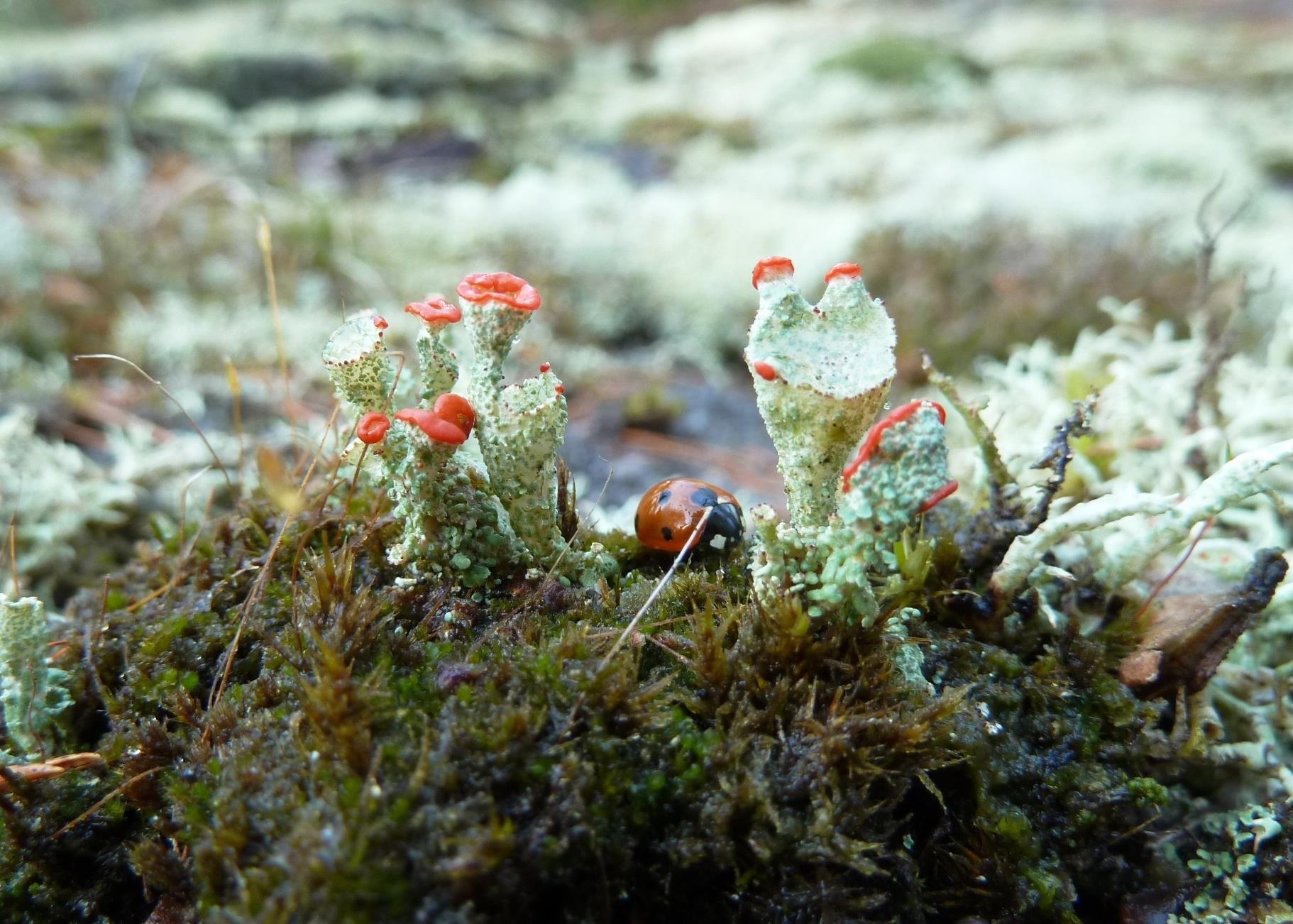
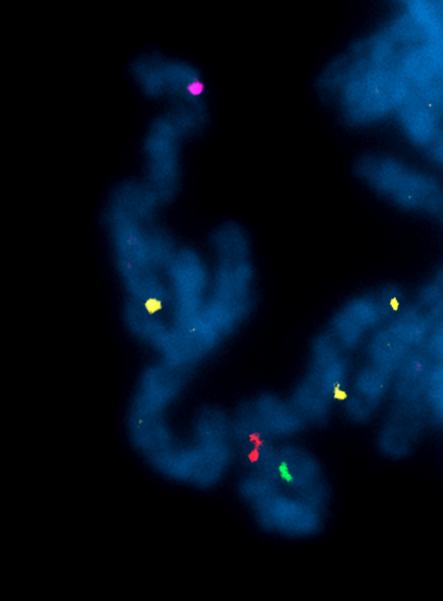
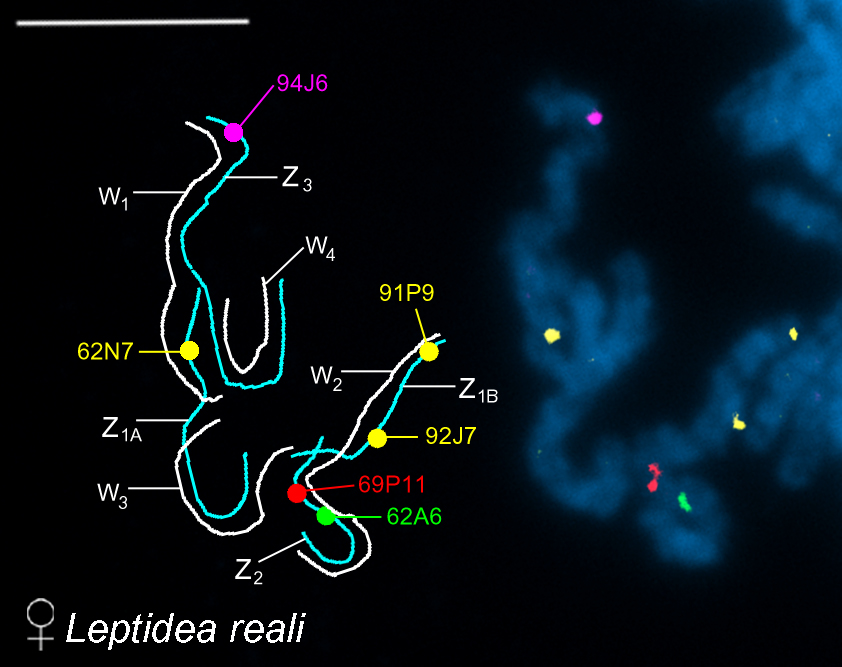
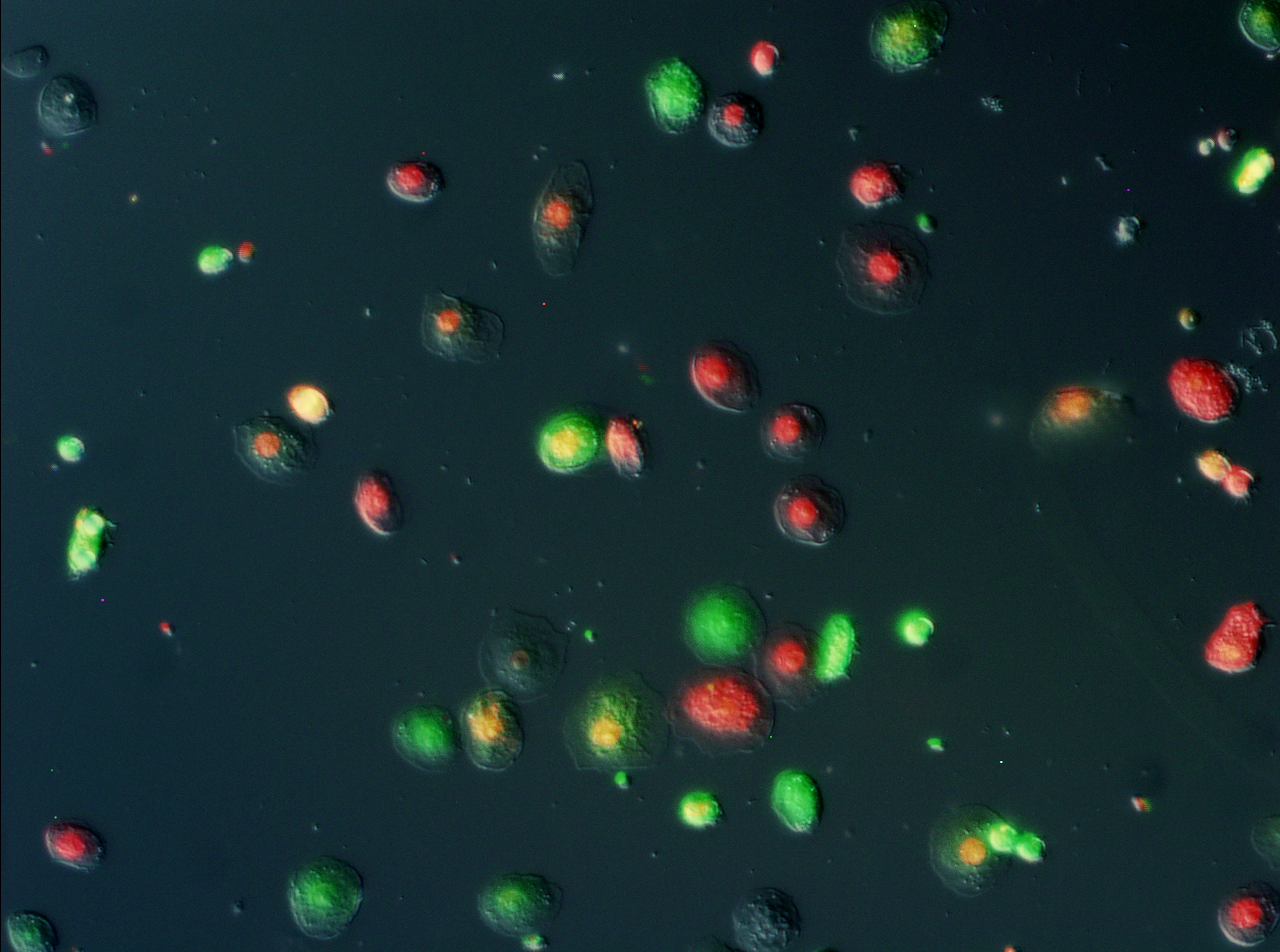

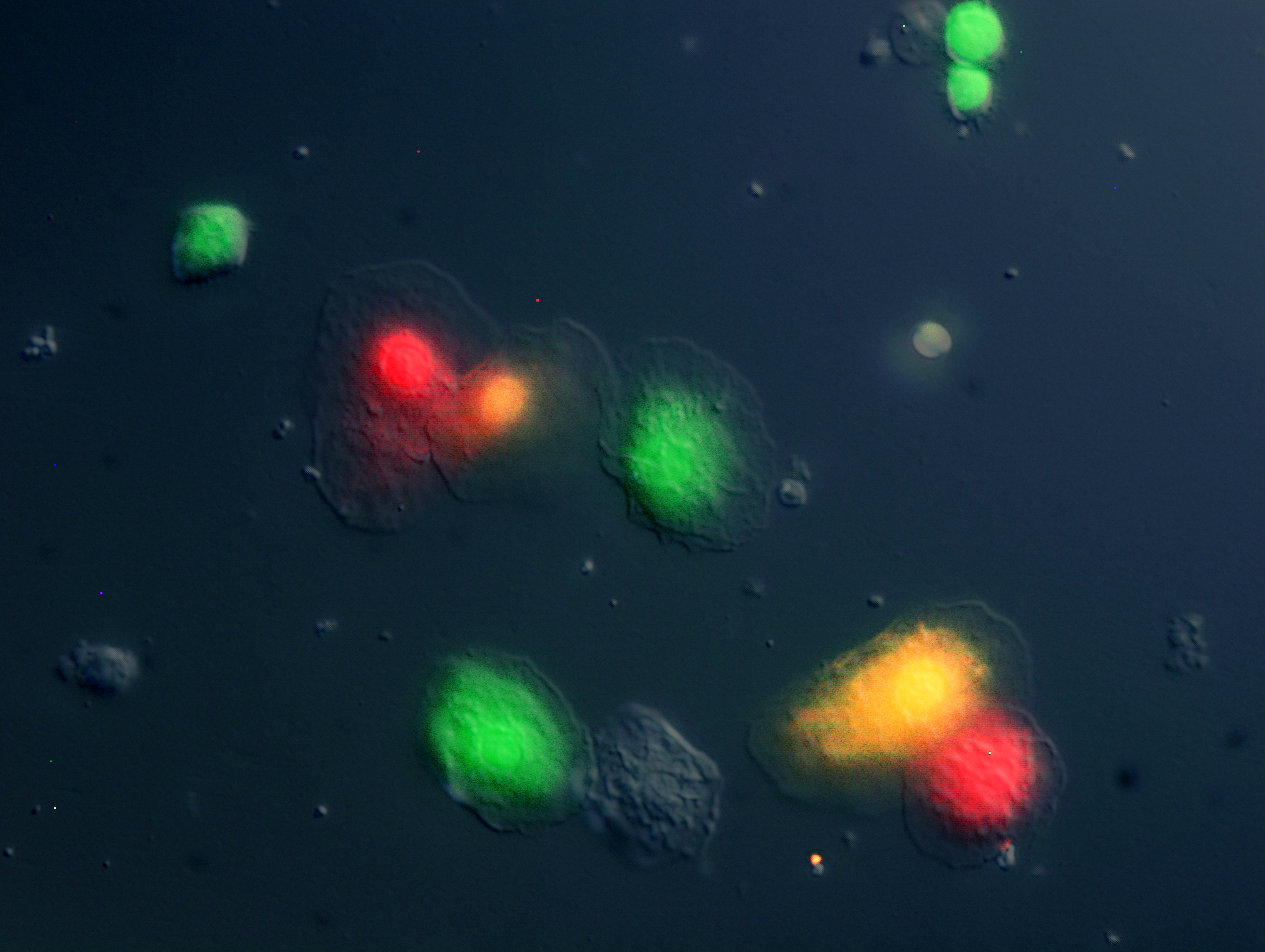
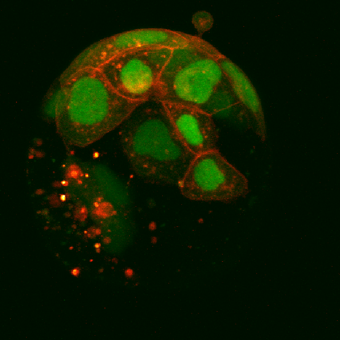
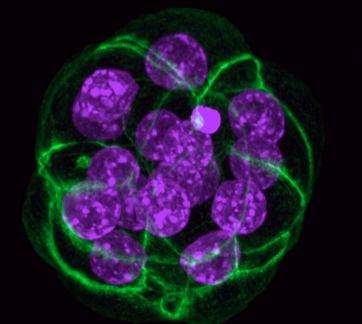
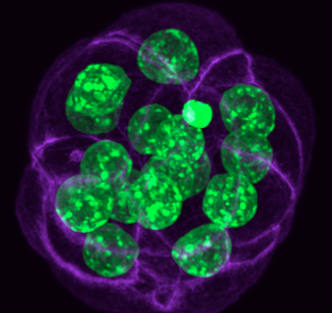
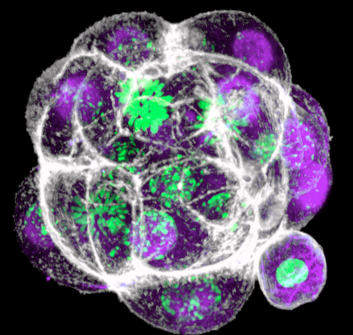
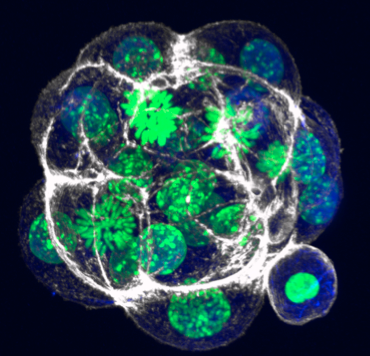
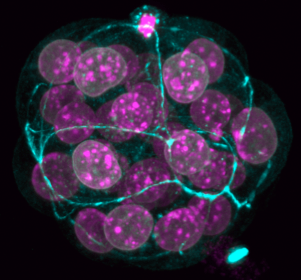
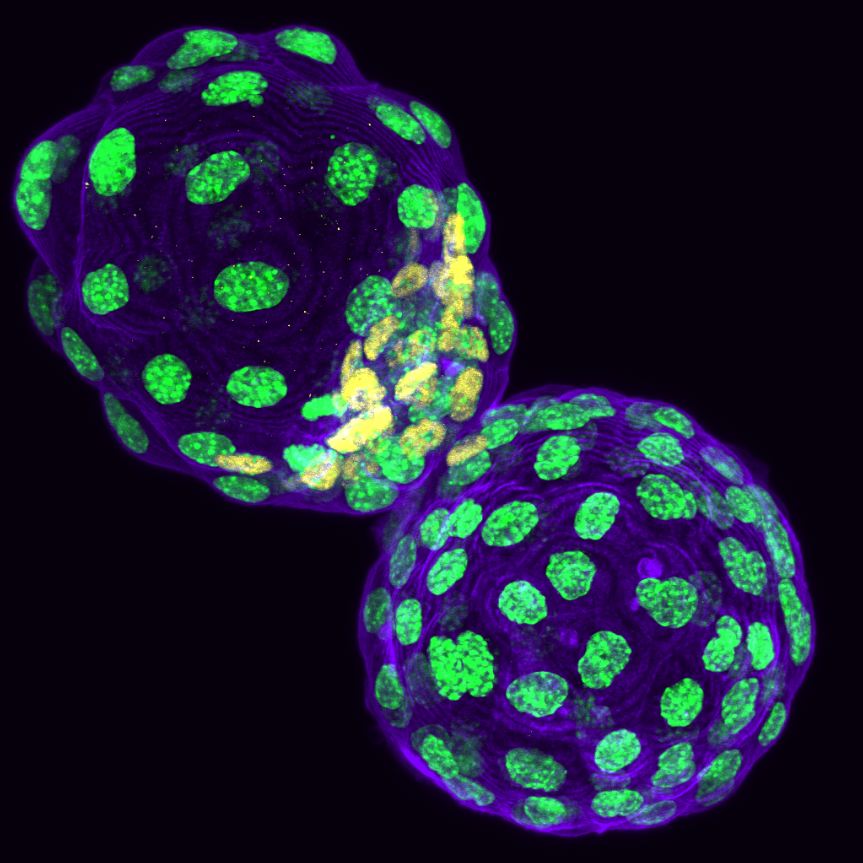
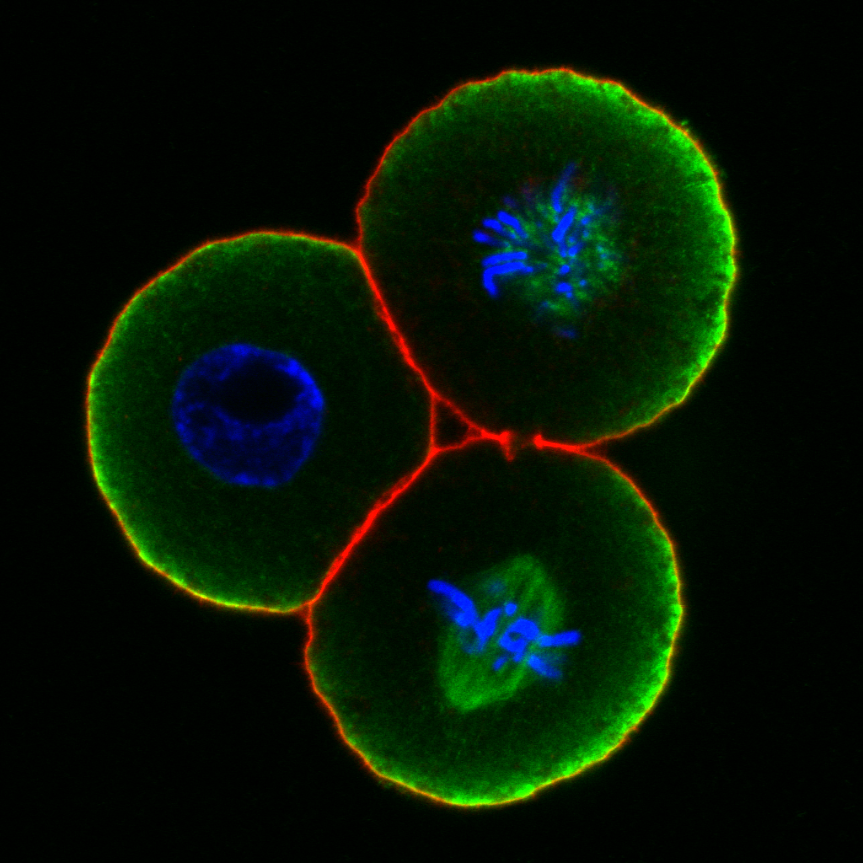
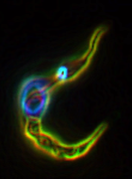
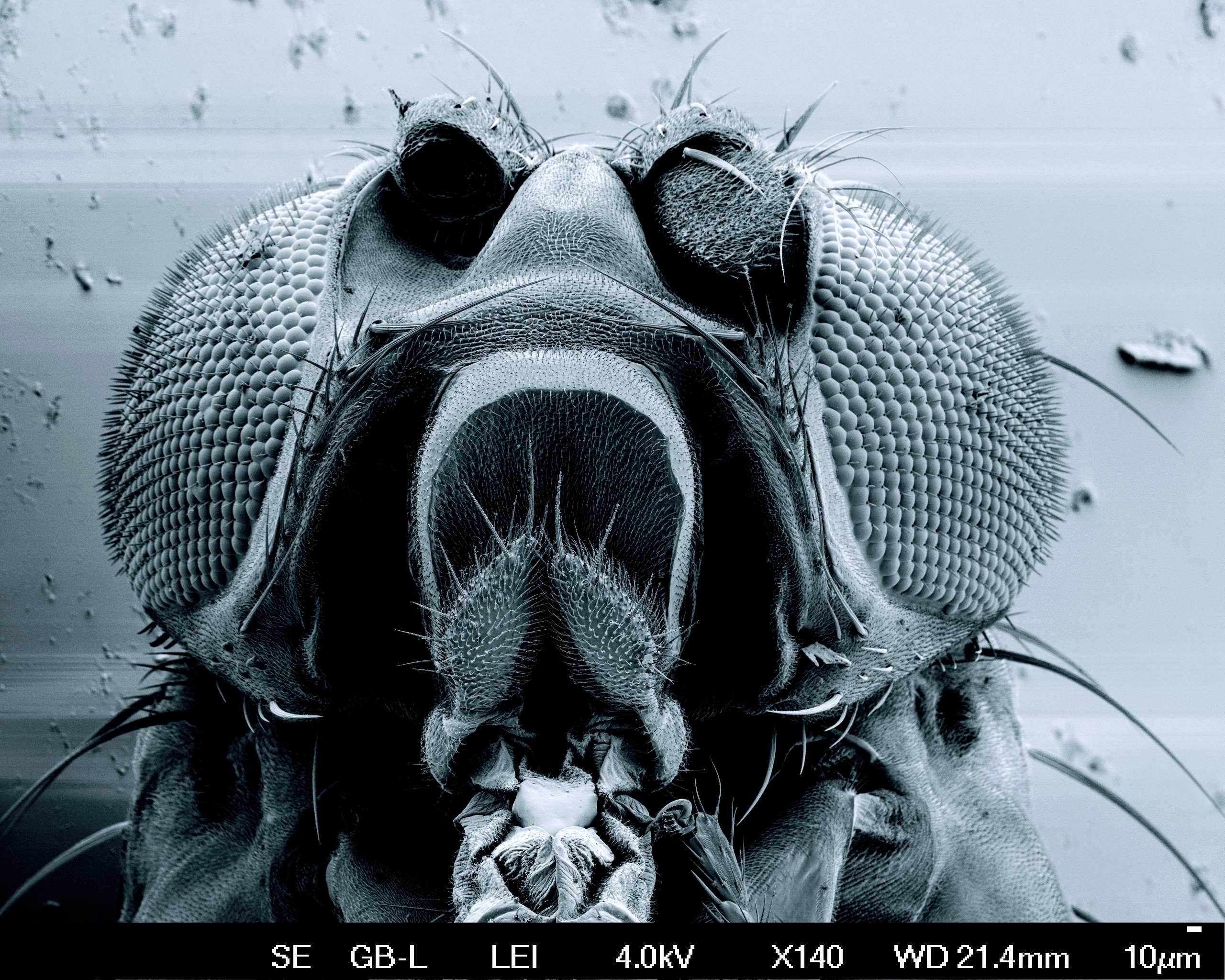
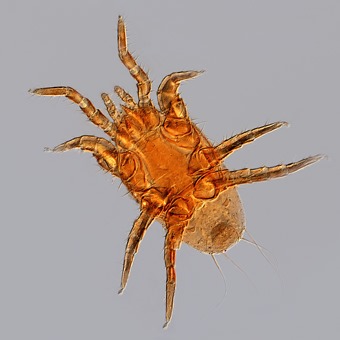
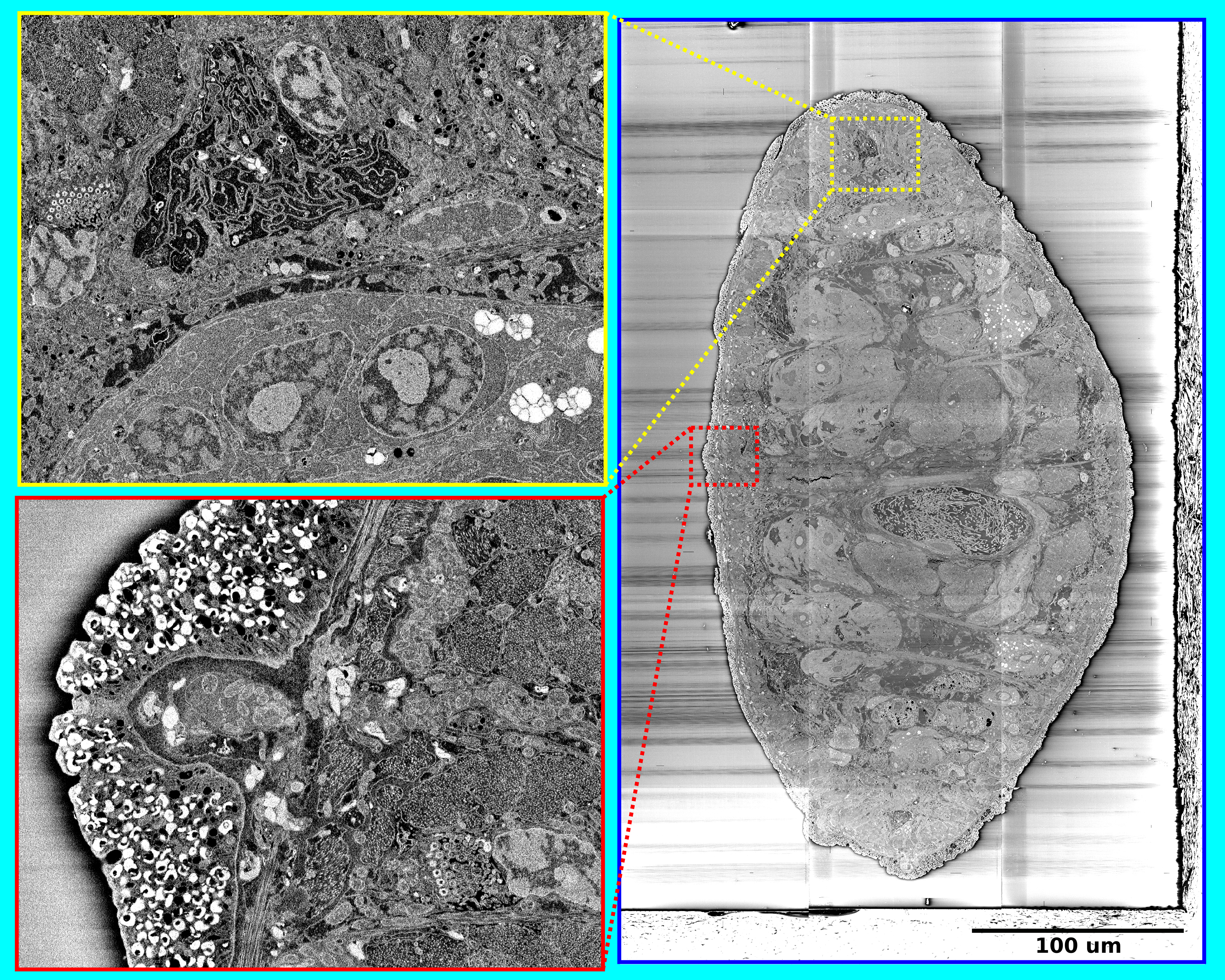
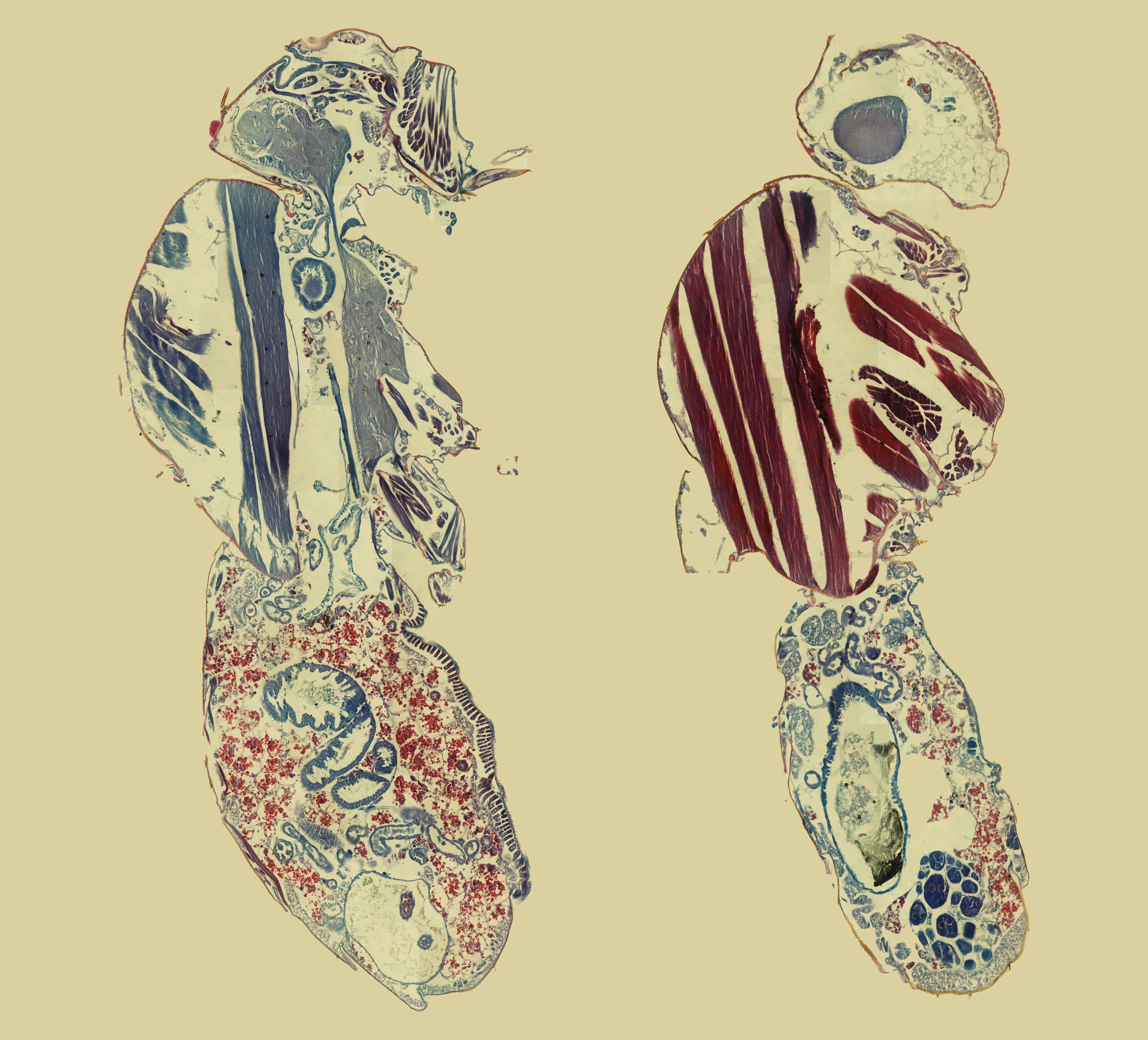
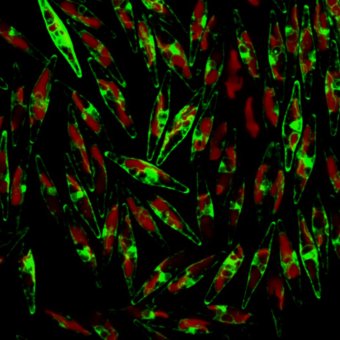
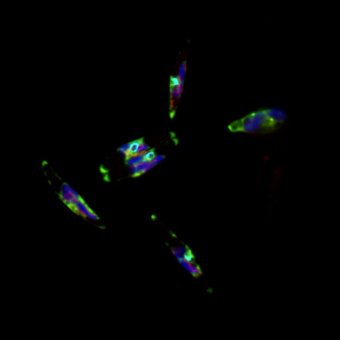
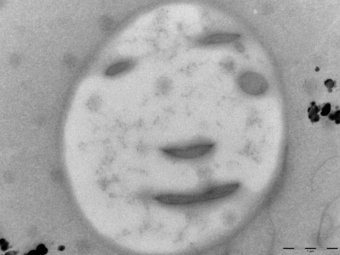
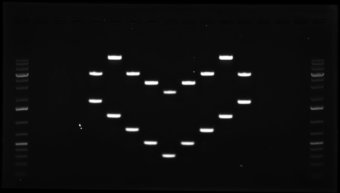
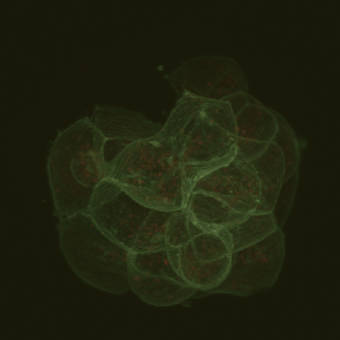
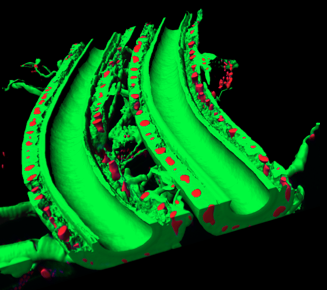
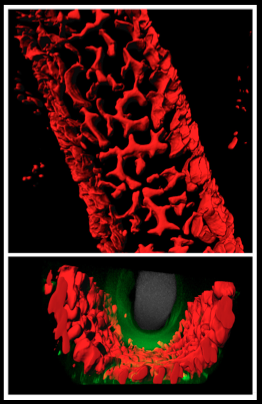
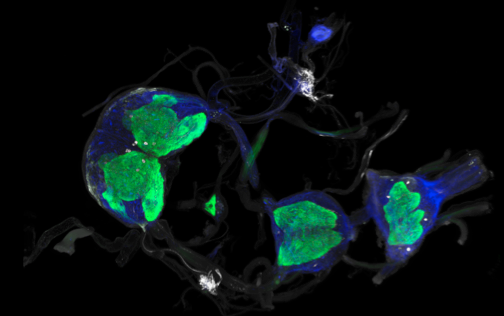
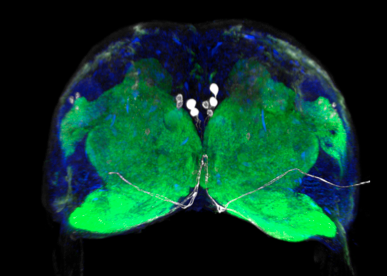
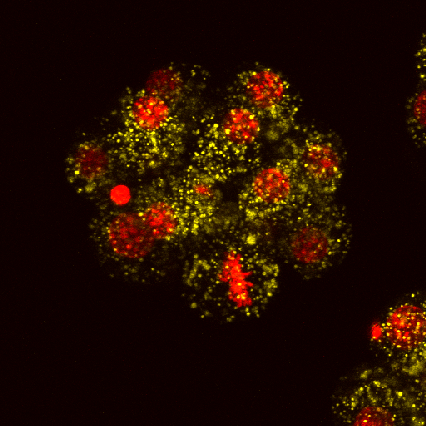
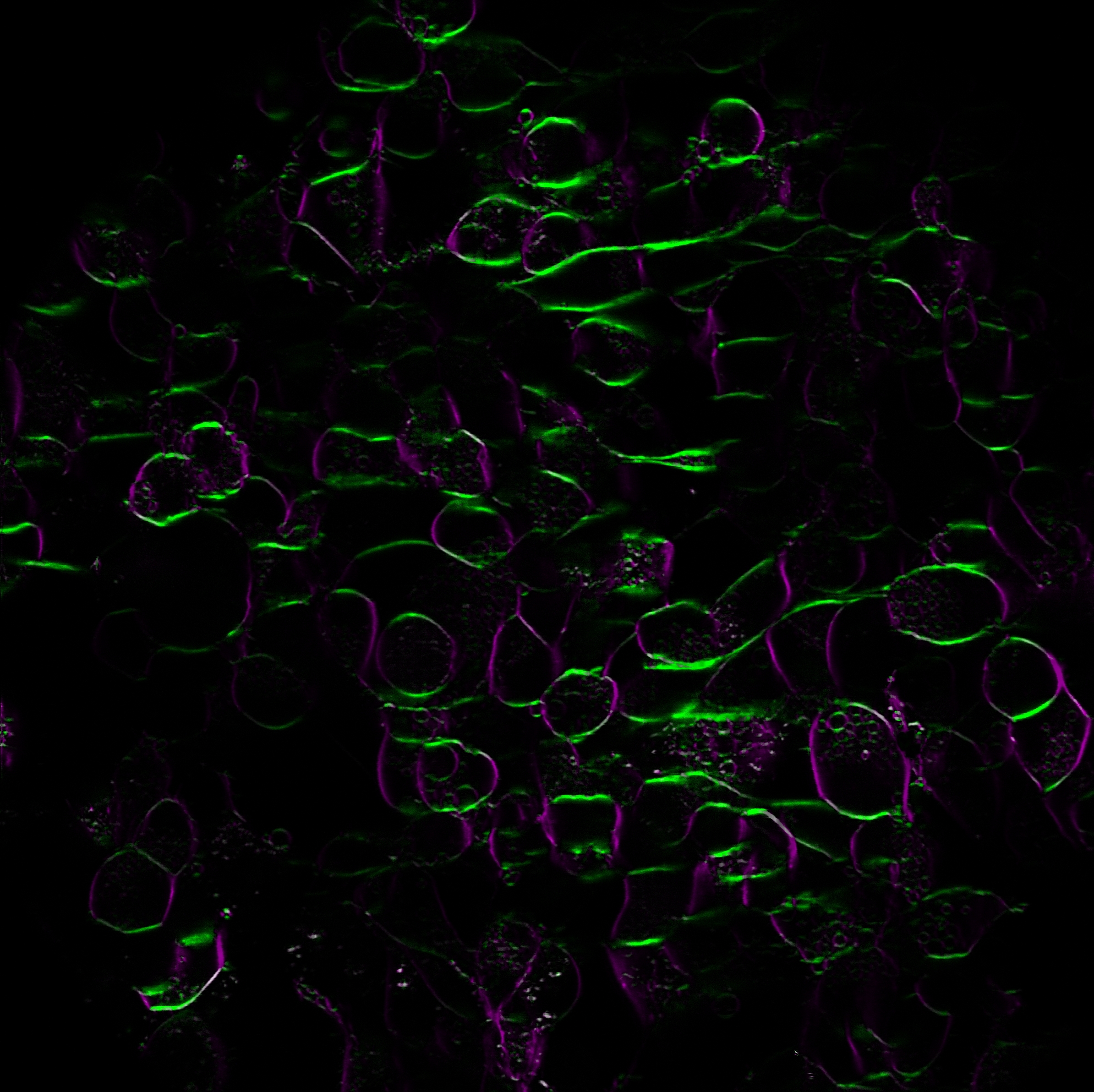
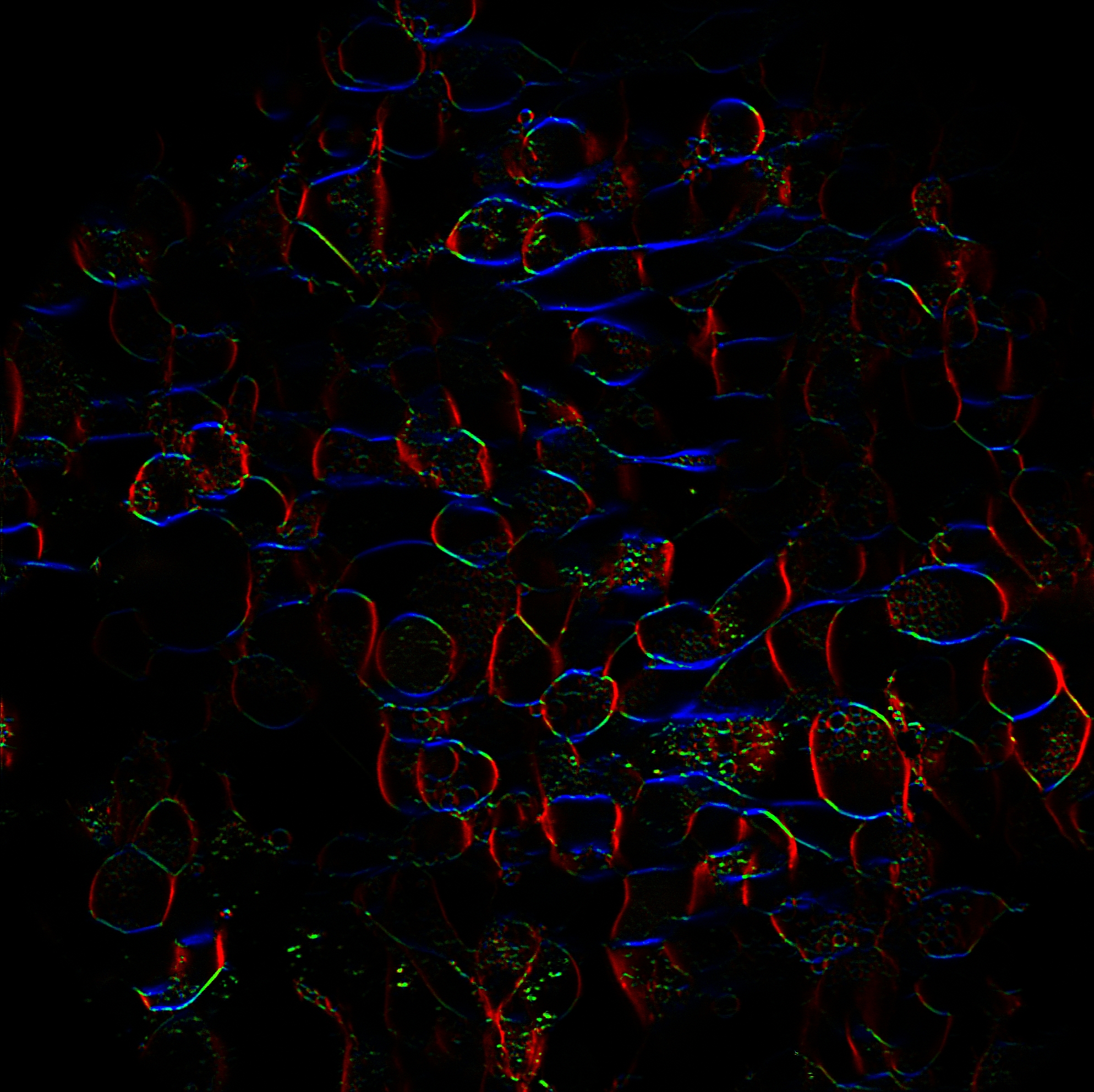
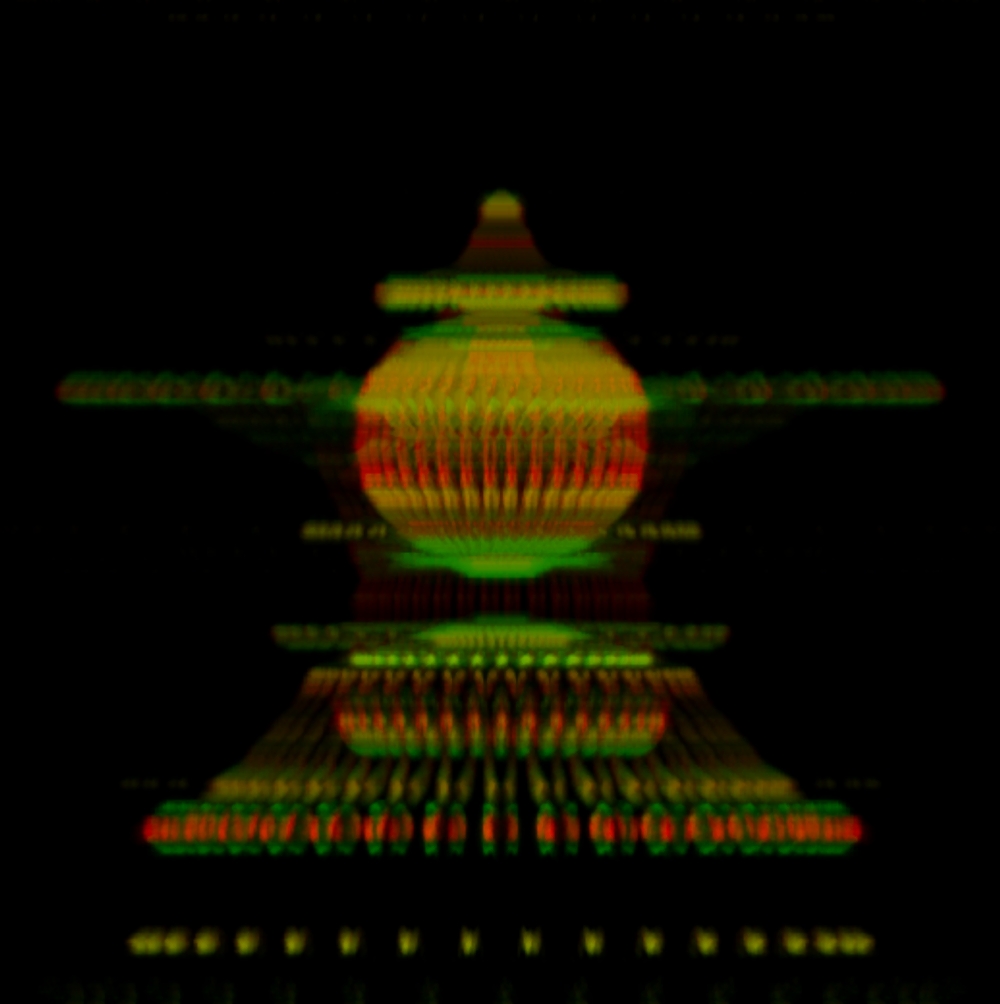

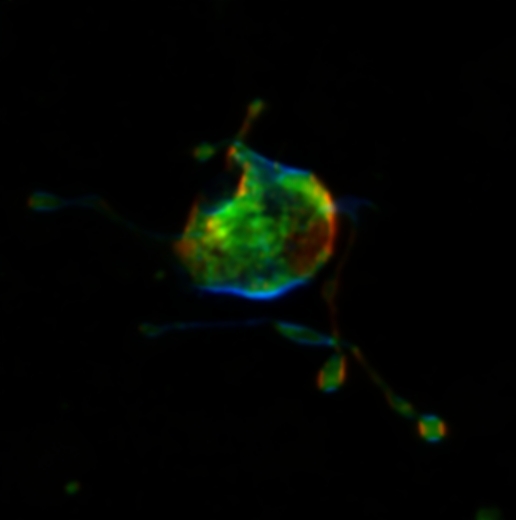
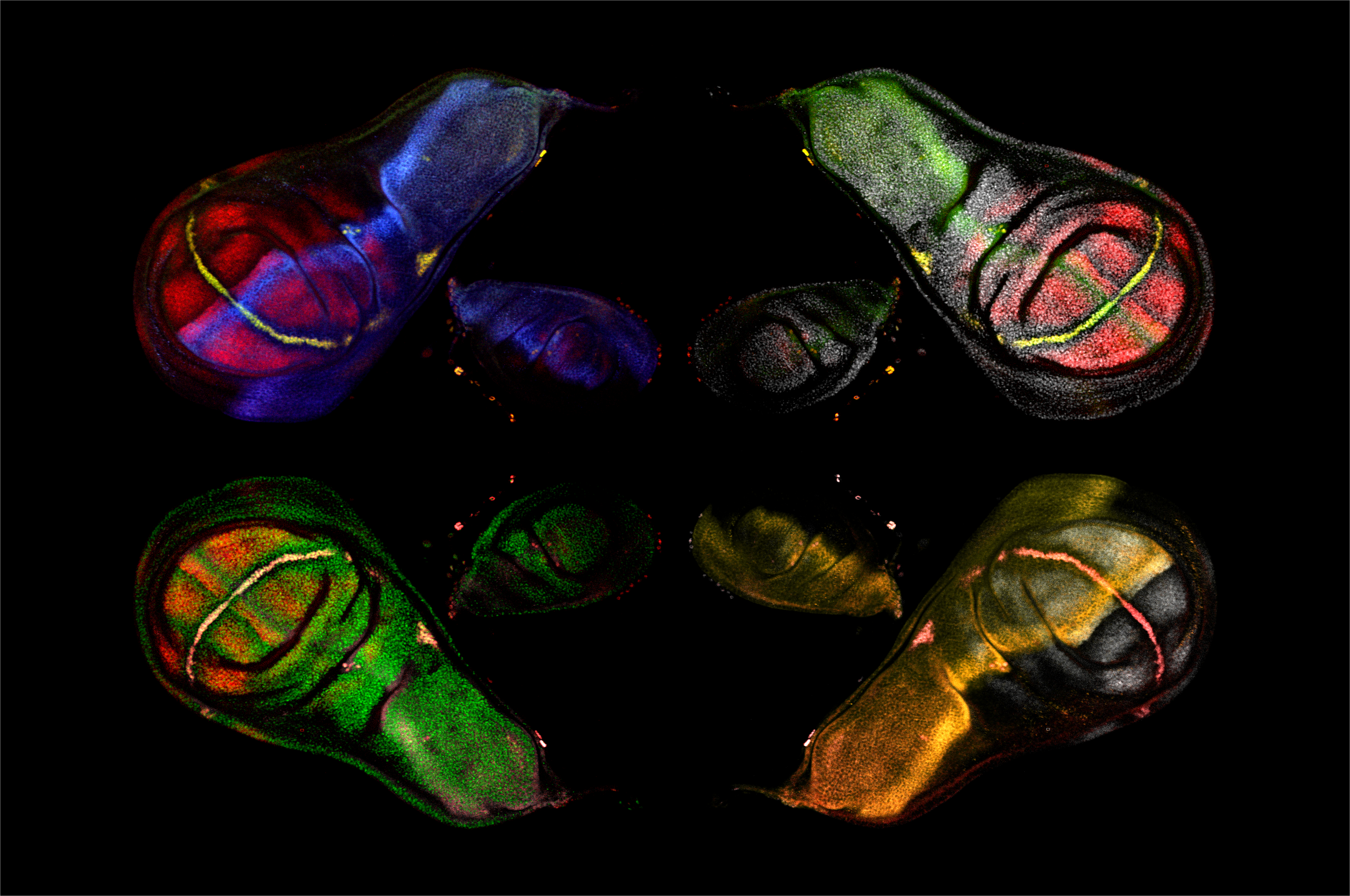
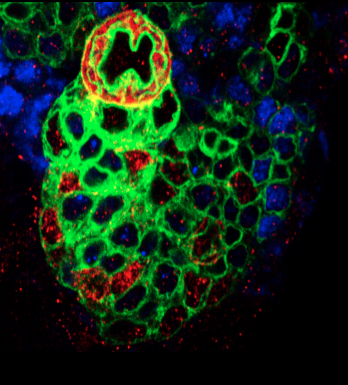
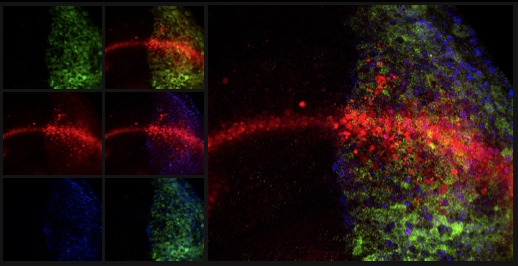
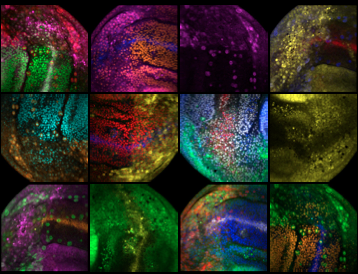
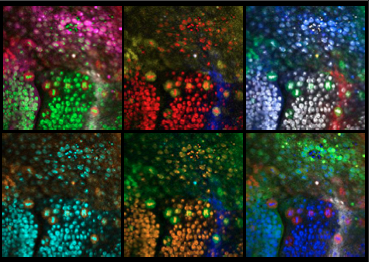
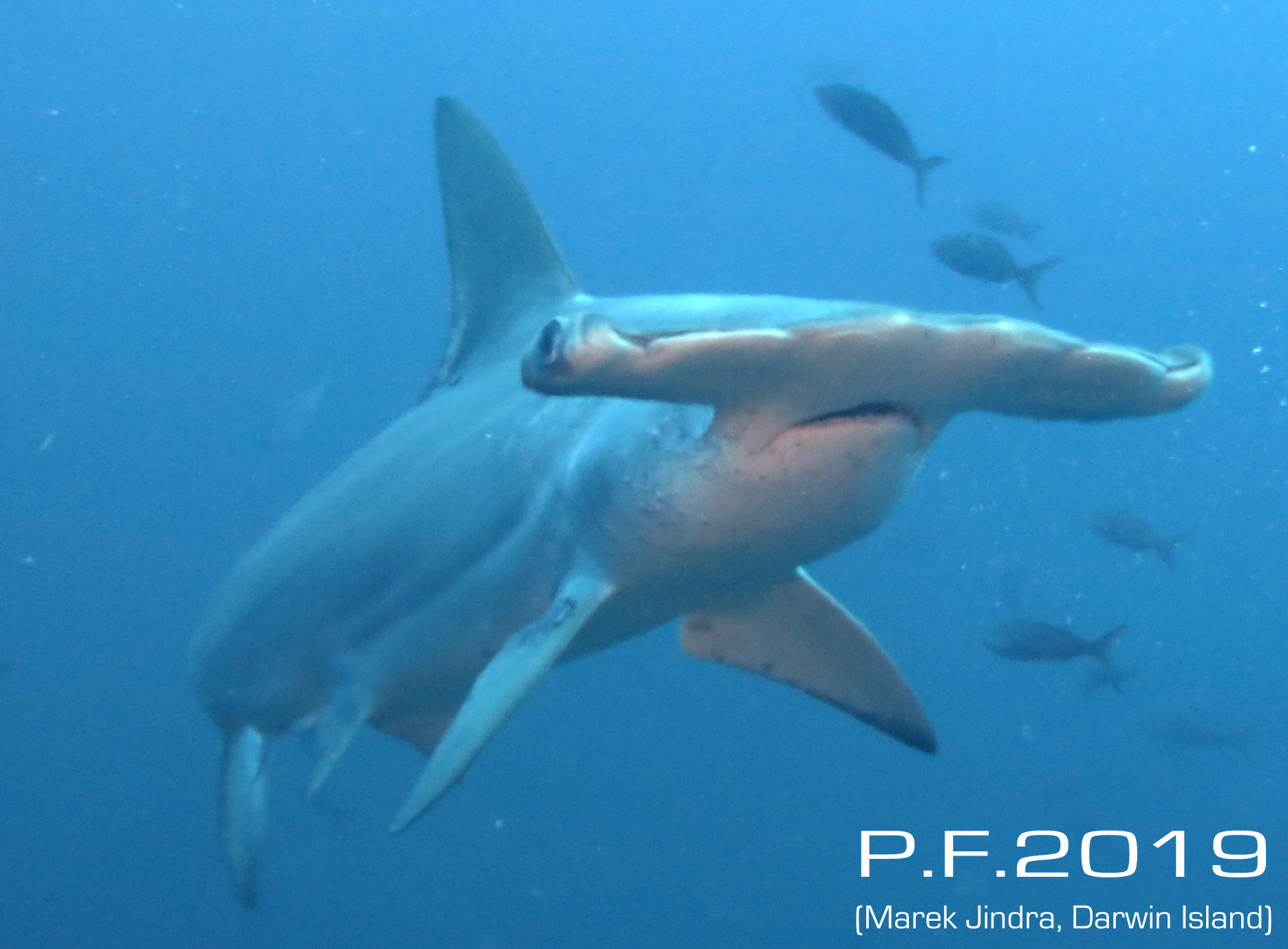



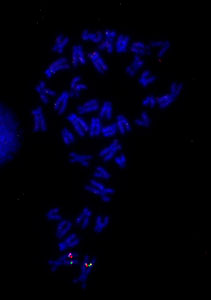
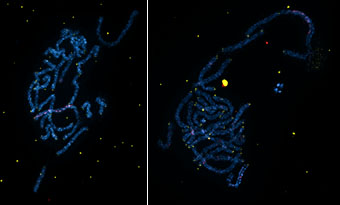
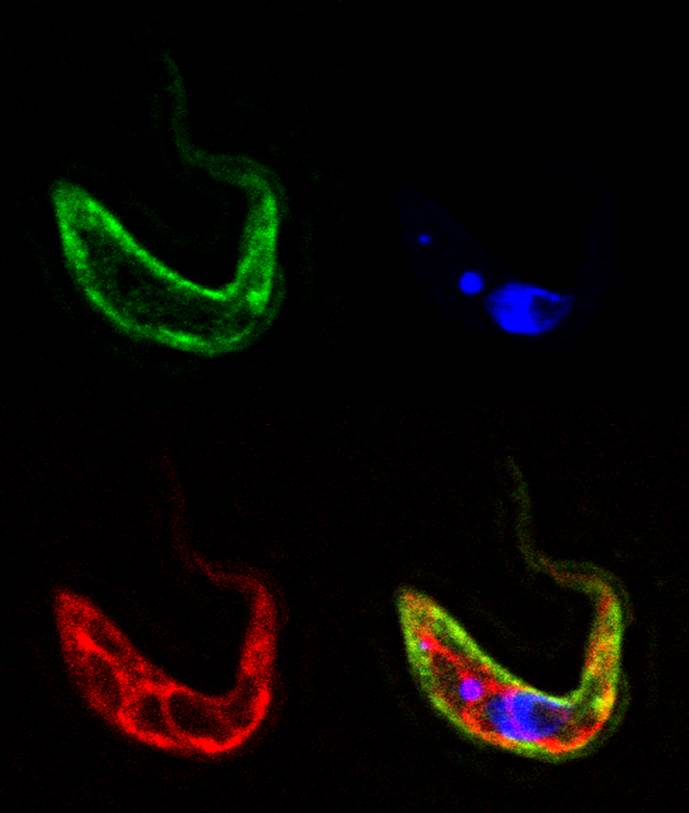
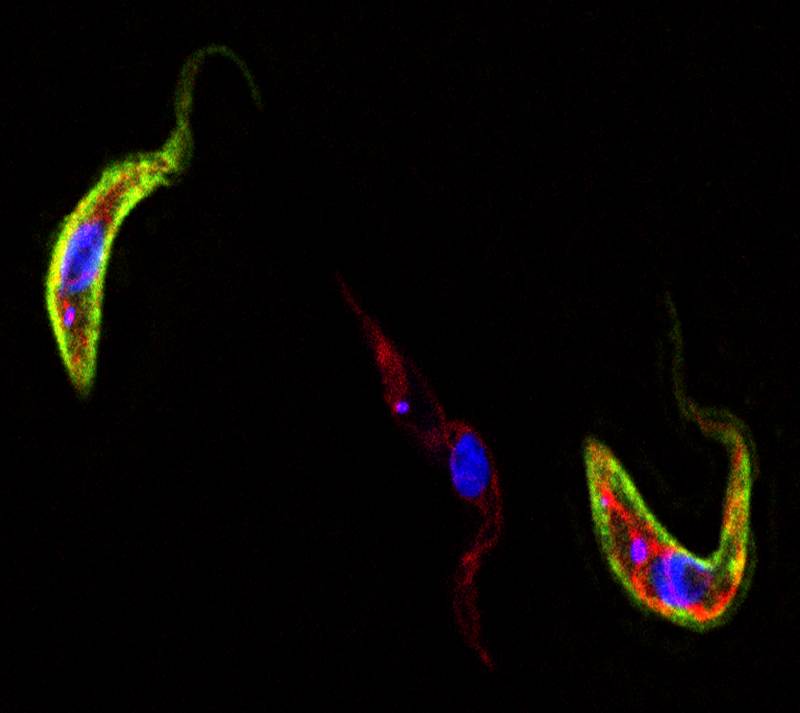
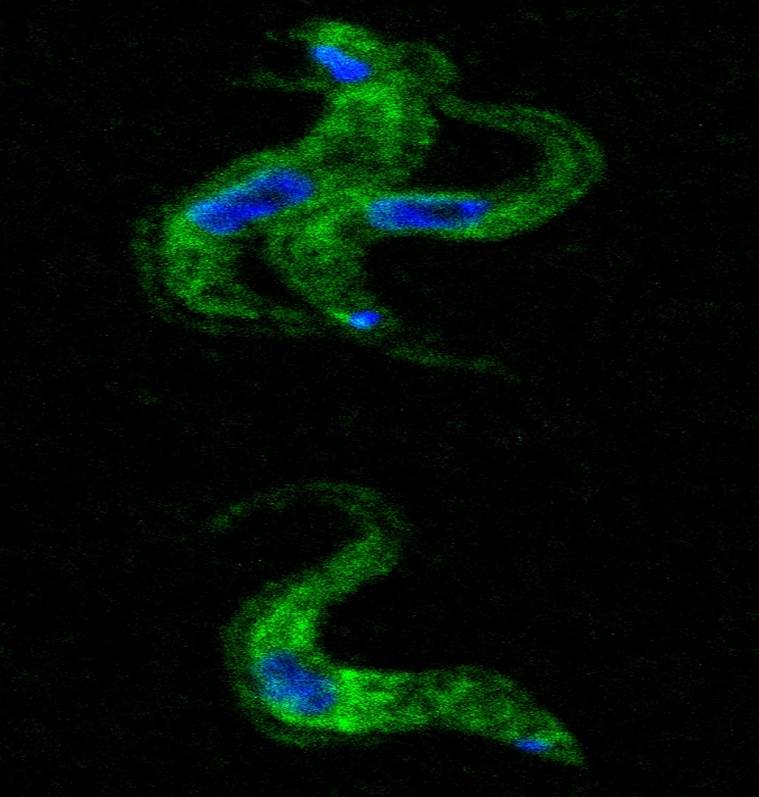
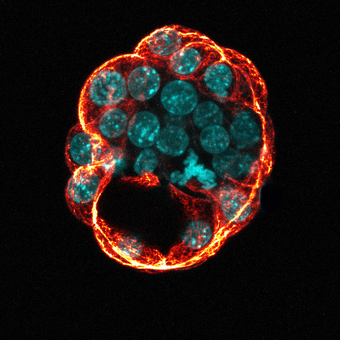
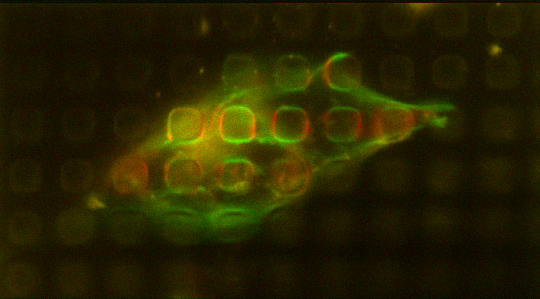
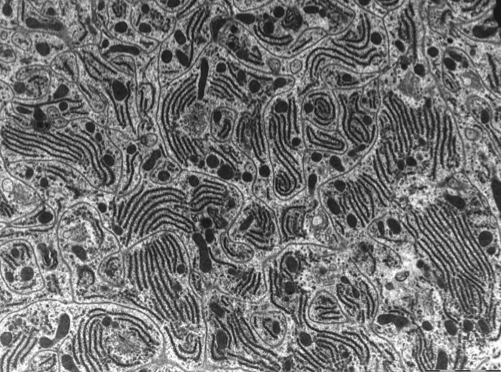
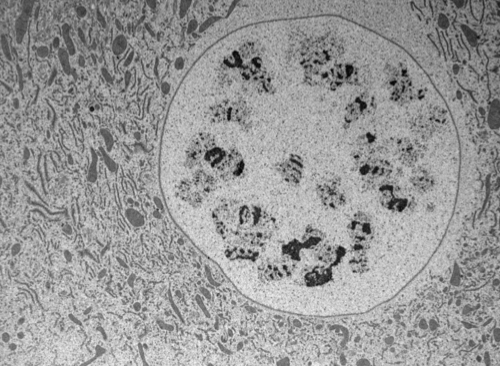
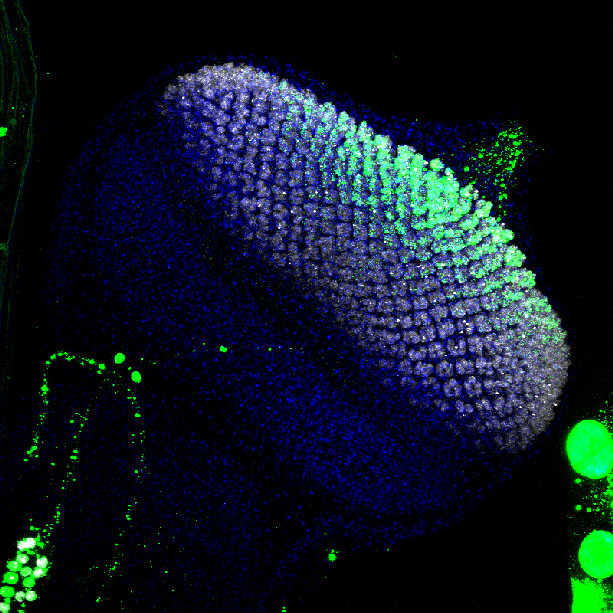
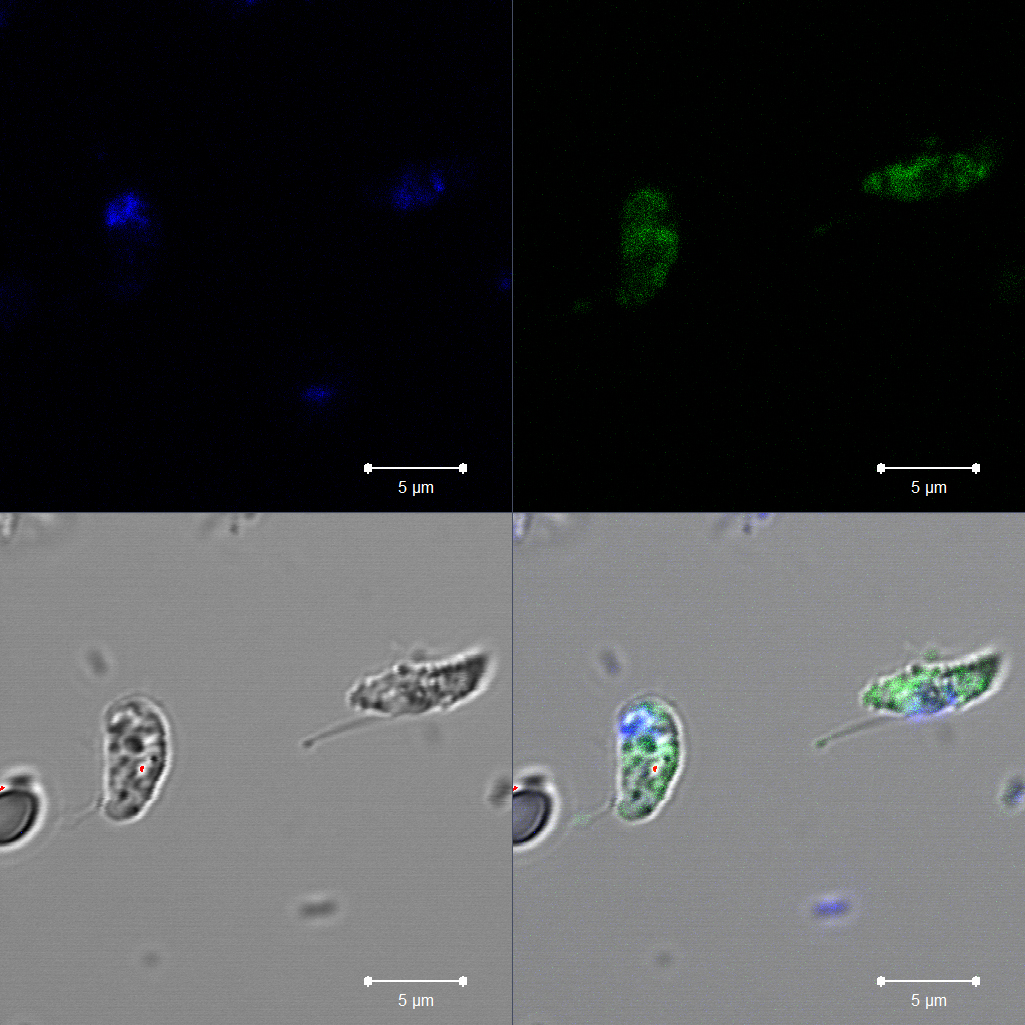
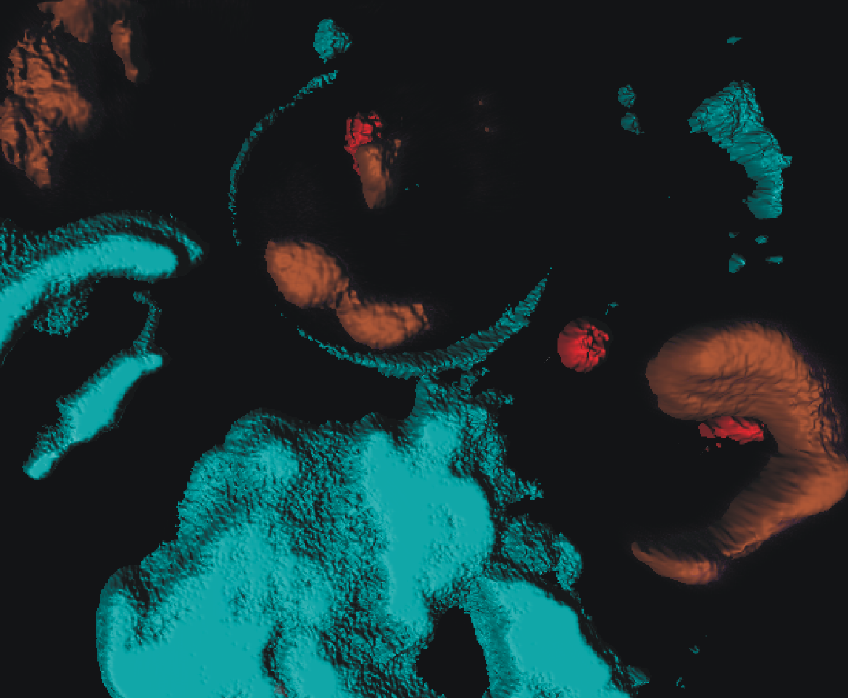
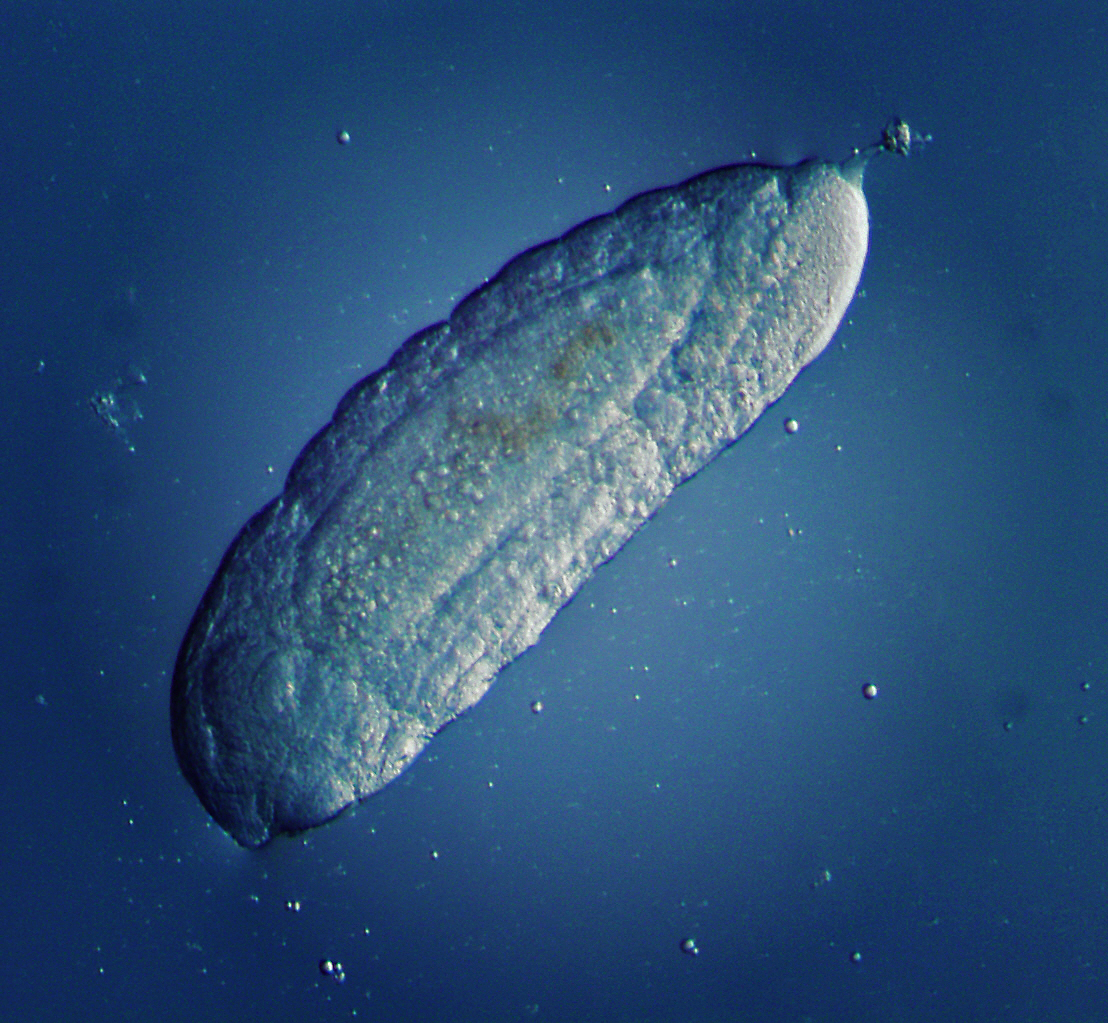
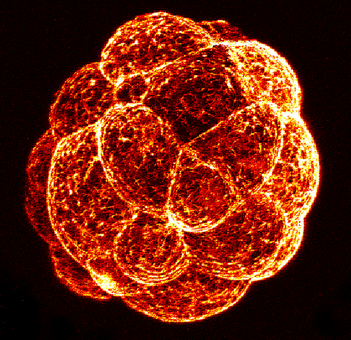
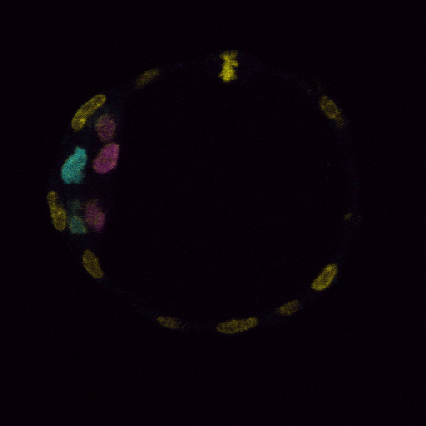
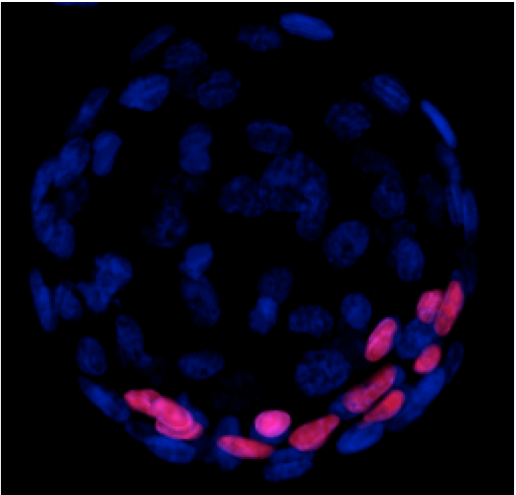
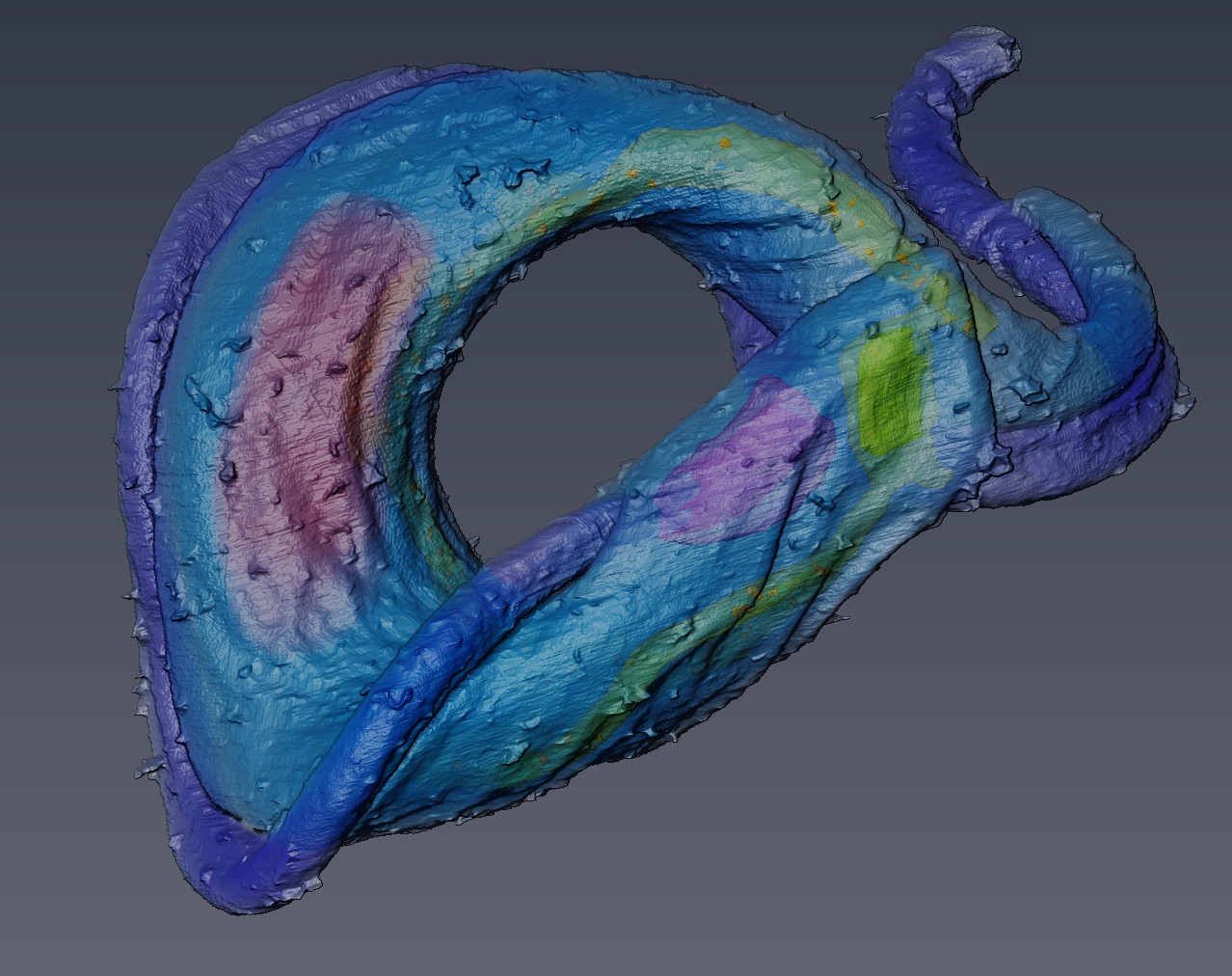
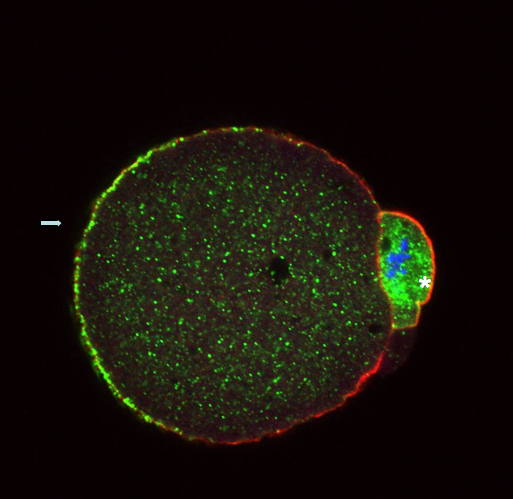
Read more …Image Competition Archive 2011 - 2022
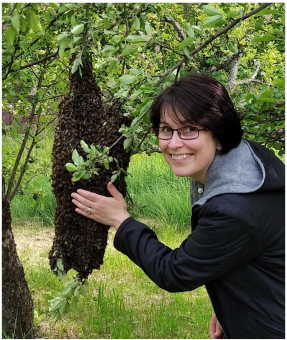
RNDr. Alena Krejčí, Ph.D.
head of the Laboratory of Bee Biology
| Group leader | since 2019 | Laboratory of Bee Biology, Faculty of Science, University of South Bohemia |
| Group leader | 2010-2019 | Laboratory of developmental biology, Faculty of Science, University of South Bohemia |
| Senior Research Associate | 2004-2010 | Department of Physiology, Development and Neuroscience, University of Cambridge, United Kingdom, Laboratory of Prof. Sarah Bray |
| Royal Society fellowship | 2001-2004 | University of Leeds, School of Biochemistry and Molecular Biology, United Kingdom. Laboratory of Prof. Noel Buckley. |
| Graduate and Ph. D. studies | 1998-2004 | Department of Neurochemistry, Institute of Physiology, Academy of Sciences, Prague. Laboratory of Prof. Stanislav Tucek and Dr. Vladimir Dolezal. |
| PhD in molecular genetics | 2004 | Faculty of Science, Charles University, Prague |
| Early Research Career Award | 2011 | British Biochemical Society |
| Award for the best popular science article | Magazine 'Ziva' (in Czech, artical about the Warburg effect) |
|
| Winner of the L'Oreal Women in Science award | ||
| EMBO long term fellowship | 2005-2007 | University of Cambridge, UK, laboratory of prof. Sarah Bray |
| Royal Society fellowship | 10 months in total between 2001–2004 | School of Biochemistry and Molecular Biology, University of Leeds, UK, Laboratory of Prof. Noel Buckley |
| Nutritional supplement for bees with antiviral properties | 2019-2022 | Grant from the Technology Agency of Czech Republic |
| Metabolic stress as regulator of Notch signalling. | 2017-2019 | Grant from the Czech Grant Agency |
| The role of sirtuins in Notch signalling | 2014-2016 | Grant from the Czech Grant Agency |
| Signallization through the Notch receptor in the context of cellular metabolism. | 2011-2013 | Grant from the Czech Grant Agency |
| The interplay between Notch signalling and cellular metabolism | 2011-2016 | EMBO installation grant, Funding of 250k euro total. |
Read more …RNDr. Alena Krejčí, Ph.D. EN
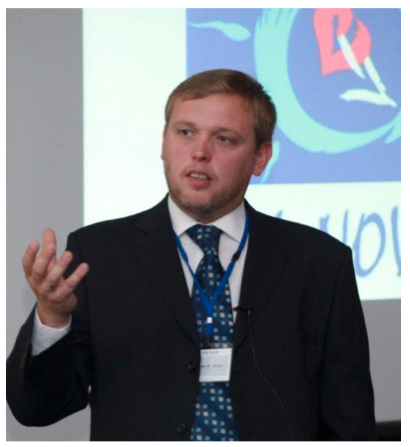
prof. Alexander William Bruce, Ph.D.
head of the Laboratory of Early Mammalian Developmental Biology (LEMDB)
| Head of the Department of Molecular Biology and Genetics | since 2024 | Faculty of Science, University of South Bohemia, Ceske Budejovice, Czech Republic |
| Head of the Laboratory of Early Mammalian Developmental Biology (LEMDB) | since 2010 | Faculty of Science, University of South Bohemia, Ceske Budejovice, Czech Republic |
| Ph.D. in Biochemistry | 2000-2004 | School of Biochemistry and Molecular Biology, University of Leeds, Leeds, United Kingdom |
| B.Sc. (Hons) 1st Class in Biochemistry with Industrial Placement (AstraZeneca) | 1996-2000 | University of Leeds, Leeds, United Kingdom (awarded Crabtree & Happold prizes for academic excellence) |
| Professor & Research Group Leader | From 2022 | Department of Molecular Biology & Genetics (appointed Head of Department in January 2024), Faculty of Sciences, University of South Bohemia in České Budějovice, Czech Republic (Laboratory of Early Mammalian Developmental Biology (LEMDB)), appointed full professor in the field of "Molecular & Cellular Biology and Genetics", from June 2022. |
| Habilitated Associate Professor (docent) & Research Group Leader | 2018 - 2022 | Department of Molecular Biology & Genetics, Faculty of Sciences, University of South Bohemia in České Budějovice, Czech Republic (Laboratory of Early Mammalian Developmental Biology (LEMDB)), from February 2018. Thesis title: "Regulation of mammalian cell-fate: Insights from genomics based investigation of transcriptional regulation and chromatin structure & studies of preimplantation mouse embryogenesis." |
| Assistant Professor Lecturer & Research Group Leader | 2010 – 2018 | Department of Molecular Biology & Genetics, Faculty of Sciences, University of South Bohemia in České Budějovice, Czech Republic (Laboratory of Early Mammalian Developmental Biology (LEMDB)), from May 2010 - February 2018. |
| Senior Postdoctoral Research Associate | 2007–2010 | The Gurdon Institute, Department of Physiology, Development and Neuroscience, University of Cambridge, Cambridge, United Kingdom (laboratory of Prof. Magdalena Zernicka-Goetz; Mammalian Development & Stem Cell Biology Group) |
| Wellcome Trust Sanger Institute Research Fellow | 2004–2007 | The Sanger Institute, Welcome Trust Genome Campus, Hinxton, Cambridge, United Kingdom, (semi-autonomous fellowship award in the laboratory of David Vetrie Ph.D.; Chromatin Structure & Function Group) |
| Ph.D. studies | 2000-2004 | BBSRC Research Studentship, School of Biochemistry and Molecular Biology, University of Leeds, Leeds, United Kingdom, (laboratory of Prof. Noel Buckley; Molecular Neuroscience Group, awarded 3rd prize by ‘Promega Young UK Biochemist of 2004’ prize committee at the annual British Biochemical Society meeting). Thesis title: "Genome wide analysis of Repressor Element 1 Silencing Transcription factor (REST)/ Repressor Element 1 (RE1) interactions." |
| Undergraduate studies | 1996-2000 | School of Biochemistry and Molecular Biology, University of Leeds, Leeds, United Kingdom. Graduated with a ‘First Class B.Sc. Honours’ degree and completed one year research/ career placement with the ‘Molecular Endocrinology Department’ at AstraZeneca pharmaceuticals; Alderley Edge site, Cheshire, United Kingdom (awarded Happold and Crabtree prizes for academic excellence) |
| Czech Science Foundation (CSF): 21-03305S | 2021-2023 | ‘Characterisation of Hippo-signalling related genes during mouse oocyte maturation, acentrosomal cell division & blastocyst cell lineage allocation.’ Duration: 3 years. Finance: 8,672,000 CZK. |
| Czech Science Foundation (CSF): 18-02891S | 2018-2020 | ‘Regulating the balance between differentiation and pluripotency; molecular characterisation of p38-MAPK function in mouse blastocyst ICM maturation.’ Duration: 3 years. Finance: 6,247,000 CZK. |
| Czech Science Foundation (CSF): 13-03295S | 2013-2016 | ‘Functional characterisation of identified novel candidate cell-fate influencing genes during pre-implantation mouse development’. Duration: 4 years. Finance: 6,889,000 CZK |
| Marie Curie Career Integration Grant (within the 7th European Community Framework Programme) | 2011-2014 | IDNOVCELFAT2011: ‘Identification and characterization of novel cell-fate influencing genes in pre-implantation mouse development’. Duration: 4 years. Finance: 100,000 EUR. |
| Rector’s Post-Doctoral Fellowship Award | 2024-2026 | University of South Bohemia (awarded to a post-doctoral researcher, Monika Fluks Ph.D., who was hosted in the LEMDB): ‘Investigating optimal derivation of mouse blastocyst embryos’. Duration: 2 years. Finance: 1,400,000 CZK (salary only). |
| Grant Agency of the University of South Bohemia (GA JU) | 2021-2022 | Ph.D. student project award. (Mgr. Martina Stiborová.) ‘Mechanistic characterisation of the role of WWC2 protein in acentrosomal spindle formation and cytokinesis in oocyte and early embryo development’. Duration: 2 years. Finance: 400,000 CZK. |
| Grant Agency of the University of South Bohemia (GA JU) | 2020-2021 | Ph.D. student project award. (Rebecca Collier M.Sc.) ‘Blastomere positioning and cell fate derivation in the preimplantation mammalian embryo’. Duration: 2 years. Finance: 400,000 CZK. |
| Grant Agency of the University of South Bohemia (GA JU) | 2019-2020 | Ph.D. student project award. (Pablo Bora M.Sc.) ‘RNAi and piggyBAC mediated analysis of p38 mitogen-activated-kinases during inner-cell-mass (ICM) fate specification’. Duration: 2 years. Finance: 400,000 CZK. |
| Marie Curie Career Individual Fellowship Grant | 2017-2021 | (awarded to a post-doctoral researcher, Lenka Gahurová Ph.D., who is hosted in my group; H2020): OOCSOCS: ‘Socs3 gene in oocyte maturation and fertilsation – a novel link between inflammation and infertility’. Duration: 3 years (extended due to maternity leaves). Finance: 142,720 EUR. |
| Grant Agency of the University of South Bohemia (GA JU) | 2017 | Ph.D. student project award. (Giorgio Virnicchi M.Sc.) ‘The role of the Wwc-family of proteins during Hippo-signalling and cell-fate derivation in mouse preimplantation embryo development. Implications for improved IVF clinical outcomes’. Duration: 1 year. Finance: 140,000 CZK. |
| Rector’s Post-Doctoral Fellowship Award | 2015-2017 | University of South Bohemia (awarded to a post-doctoral researcher, Lenka Veselovská Ph.D., who was hosted in the LEMDB): ‘The role of the Socs3 gene in early mammalian development’. Duration: 2 years. Finance: 768,000 CZK (salary only) |
| Grant Agency of the University of South Bohemia (GA JU) | 2015 | Ph.D. student project award (Aleksandar Mihajlović M.Sc.). ‘Are the first two cell differentiation events of mammalian embryogenesis integrated or totally distinct? Implications for improved IVF clinical outcomes’. Duration: 1 year. Finance: 197,000 CZK |
| Grant Agency of the University of South Bohemia (GA JU) | 2013-2014 | Consortium of four research groups, ‘Exploiting model systems in molecular biological research (MODBIOLIN)’. Duration: 2 years. Finance: 200,000 CZK |
Total publications (Web of Science 10.10.2024): 35
Hirsh index (Web of Science 10.10.2024): 19
Times cited (Web of Science 10.10.2024, excluding self-citations): 5775
Average impact factor (IF) per publication (based on IF in year of publication): 7.584
Ph.D. (Doctoral) Theses (x3):
Mgr. (Masters) Theses (x5):
Bc. (Bachelors/ B.Sc.) Theses (x9):
Examination appointments at Faculty of Science, University of South Bohemia in České Budějovice:
Specific & external Ph.D. (Doctoral) theses examinations:
Specific & external M.Sc. (Masters) theses examinations:
• From 2022: University of South Bohemia, Faculty of Science, České Budějovice, Czech Republic; Programme guarantor and head for the newly awarded grant ‘National Renewal Plan for Higher Education 2022-2024; creation of new study programmes in progressive fields’; as awarded by the Czech Ministry of Education, Youth and Sports’ (25m CZK). To redevelop a new Master’s study programme to reflect appropriate training within the ‘Faculty of Science’ and ‘Department of Molecular Biology and Genetics’ to meet modern employment requirements and opportunities; with specific reference to large data set generation and analyses using modern ‘-omics’ techniques (subject to study programme content accreditation by the Ministry – due start date: September 2024).
• From 2021: University of South Bohemia, Faculty of Science, České Budějovice, Czech Republic; Teaching and mentoring a practical laboratory based teaching class for the 'Advanced Methods of Cell & Molecular Biology (KMB603 & KMB603E)' practical courses, taught in the summer semesters, for MSc. and Ph.D. students. Class entails three days of mouse ovary and, oviduct and uterus dissection, preimplantation embryo recovery, micro-manipulation by microinjection of RNAi and recombinant mRNAs, in vitro culture, fixation and staining and confocal microscopy & image analysis. Course guarantor Mgr. Lenka Gahurová Ph.D.
• From 2018: University of South Bohemia, Faculty of Science, České Budějovice, Czech Republic; Teaching and mentoring a practical laboratory based teaching class for the 'Methods of Cell Study (KME614 )' and 'Developmental Biology of Animals and Humans (KMB617)' study courses/programmes, taught in the winter and summer semesters, respectively. Class entitles three hours of mouse ovary and, oviduct and uterus dissection, preimplantation embryo recovery and in vitro culture; with theory on early mouse development, cell lineage formation and general reproduction. Course guarantor Mgr. Hana Sehadová Ph.D.
• 2014-2023: University of South Bohemia, Faculty of Science, České Budějovice, Czech Republic; Establishment and lecturing the English taught undergraduate course (operated as part of the ‘Joint Biological Chemistry’ programme with Johannes Kepler University, Linz, Austria) entitled ‘Introduction to Genomics (KMB358)’. Three times two hour lectures (2014 – present, not including ad hoc revision classes not listed in STAG database), taught in the summer semester. Also acting as course guarantor and attracting lecturers from both within and outside the university and faculty (e.g. internally, Mgr. Aleš Horák Ph.D., Mgr. Lenka Gahurová Ph.D. and Mgr. Filip Husník; externally, Mgr. Jan Pačes Ph.D. & RNDr. Miluše Hroudová Ph.D. – Institute of Molecular Genetics/ IMG, Czech Academy of Science, Prague, Czech Republic).
• From 2011: University of South Bohemia, Faculty of Science, České Budějovice, Czech Republic; Lecturing the English taught undergraduate course (operated as part of the ‘Joint Biological Chemistry’ programme with Johannes Kepler University, Linz, Austria) entitled ‘Molecular Biology and Genetics I (KMB758)’. Ten times two hour lectures (2010 – 2014) and eight times two hour lectures (2015 – present), not including ad hoc revision classes not listed in STAG database, taught in the winter semester. Also acting as course guarantor, recruiting other faculty members to teaching roles (e.g. Mgr. Lenka Gahurová Ph.D.).
• 2011-2018: University of South Bohemia, Faculty of Science, České Budějovice, Czech Republic (in cooperation with Johannes Kepler University, Linz, Austria); Acted as course guarantor responsible for overall running/planning of the cross-boarder (CZ-A) Bioinformatics Programme.
• 2011 & 2015: University of South Bohemia, Faculty of Science, České Budějovice, Czech Republic; Ad hoc lecturing on the English taught Masters research degree course entitled ‘Advanced methods in Molecular Biology (KMB603)’. One two hour lecture called ‘Introduction to Microarrays’, taught in the summer semester. Course guarantor, Mgr. Doležel David Ph.D.
• 2008-2009: University of Cambridge, Cambridge, United Kingdom; Lecturing ‘part II’ undergraduate students in preimplantation embryo development and Assisted Reproductive Technology/ ART module entitled ‘The mouse as a model system’. 2.5 hours. Course guarantor, Prof. Martin H. Johnson (
Polish Society of Reproduction, Warszaw, Poland. ´Post translational regulation of cell fate acquisition during preimplantation mouse embryo development: the emerging role of mTOR and p38-MAPK signalling.´ (September 2024) - Invited speaker.
Charles University, Faculty of Sciences (incorporating Masters student programme invite speaker seminar series); Prague, Czech Republic. ‘How to build a blastocyst: regulation of cell fate acquisition during mouse preimplantation embryo development.’ (April 2024) – invited speaker.
Visegrád Group Society for Developmental Biology (V4SDB) Third Meeting; Warsaw, Poland. 'Spatial positioning of preimplantation mouse embryo cells is regulated by mTORC1 and 7mG-cap dependent translation at the 8- to 16-cell transition.' (September 2023) - selected abstract oral presentation.
Institute of Animal Physiology and Genetics (IAPG); Liběchov, Czech Republic (IAPG 60th anniversary symposium) ‘How to build a blastocyst; regulation of cell fate acquisition during mouse preimplantation embryo development’. (May 2023) – invited speaker.
University of Las Palmas in Gran Canaria (Spain); ‘Insights into the regulation of cell fate acquisition during mouse preimplantation embryo development’. (May 2023) – invited speaker.
University of Ostrava, Faculty of Sciences; Ostrava, Czech Republic ‘How to build a blastocyst; regulation of cell fate acquisition during mouse preimplantation embryo development’. (December 2022) – invited speaker.
University of South Bohemia (Scientific Board); České Budějovice, Czech Republic. ‘doc. Alexander W. Bruce, Ph.D.: A career summary’. (March 2022) – PROFESSORSHIP APPOINTMENT PROCEDURE (oral presentation).
Charles University, Faculty of Sciences (invited speaker seminar series, incorporating Masters student programme); Prague, Czech Republic. ‘Preimplantation mouse embryo development; the mechanics of building the blastocyst.’ (March 2022) – invited speaker.
University of South Bohemia, Faculty of Science (Scientific Board); České Budějovice, Czech Republic. ‘How to build a blastocyst: regulation of cell fate acquisition during mouse preimplantation embryo development’. (November 2021) – PROFESSORSHIP NOMINATION LECTURE (oral presentation).
Visegrád Group Society for Developmental Biology (V4SDB) Second Meeting; Szeged, Hungary. 'p38-MAPK-mediated translation regulation primes blastocyst development and is required for primitive endoderm differentiation in mice.' (September 2021) - selected abstract oral presentation and poster.
Czech and Slovak Stem Cell Biology Meeting; Prušánky, Czech Republic. 'The role of p38-MAPKs in specifying the primitive endoderm lineage of mouse blastocyst embryos.' (October 2020 - postponed due to Coronavirus pandemic) - invited speaker.
Hungarian Molecular Life Science Conference; Eger, Hungary. 'Deciphering the nodal role of p38 family of mitogen-activated protein kinases (MAPKs) towards specifying primitive endoderm (PrE) fate in the inner cell mass (ICM) of late-blastocyst stage mouse preimplantation embryo'. (March 2019) - selected abstract oral presentation.
Institute of Genetics & Animal Breeding (Polish Academy of Sciences): Jastrzbeic (near Warsaw), Poland. 'A question of fate: cell lineage derivation during preimplantation mouse embryogenesis'. (May 2018) - invited talk (oral presentation).
University of South Bohemia, Faculty of Science; České Budějovice, Czech Republic. ‘Regulation of mammalian cell-fate: Insights from genomics-based investigation of transcriptional regulation and chromatin structure & studies of preimplantation mouse embryogenesis’. (February 2018) – HABILITATION DEFENCE LECTURE (oral presentation).
Masaryk University, Faculty of Science; Brno Czech Republic. ‘A question of fate; cell lineage derivation during preimplantation mouse embryogenesis’. (January 2018) – invited talk (oral presentation).
University of South Bohemia, Faculty of Science; České Budějovice, Czech Republic. ‘Needing to be different; A summary of cell-fate acquisition in preimplantation mouse embryos.’ (October 2017) - PEDAGOGICAL HABILITATION LECTURE (oral presentation).
British Society for Developmental Biology (BSDB) Autumn Meeting; Edinburgh, United Kingdom. ‘p38 mitogen activated kinases (Mapk14/11) occupy a regulatory node governing entry into mouse embryo primitive endoderm differentiation’. (August 2016) – selected abstract oral presentation and poster (O04 & P21).
University of Manchester, Division of Developmental Biology & Medicine; Manchester, United Kingdom. ‘A question of fate! Cell lineage derivation during preimplantation mouse embryogenesis’. (November 2015) – invited talk (oral presentation).
Czech RNA Club Annual Meeting; University of South Bohemia, Faculty of Science, České Budějovice, Czech Republic. ‘The first two cell-fate decision of preimplantation mouse embryo development are not functionally independent’. (September 2015) – invited talk (oral presentation).
Vita Nova International Education Event (Assisted Reproductive Technologies/ ART); Bratislava, Slovakia. ‘Generating different genetic expression patterns in the early embryo; insights from the mouse model’. (September 2013) – invited talk (oral presentation).
Futures in Reproduction Meeting; Celebrating the award of the 2010 Nobel Prize for Physiology or Medicine to Professor Sir Robert Edwards; Churchill College, University of Cambridge, Cambridge, United Kingdom. ‘Generating different genetic expression patterns in the early embryo; insights from the mouse model’. (December 2012). – invited talk (oral presentation).
Institute of Molecular Genetics (IMG); Czech Academy of Sciences, Prague, Czech Republic. ‘Understanding cell-fate decisions in pre-implantation mouse embryogenesis’. (November 2012). – invited talk (oral presentation).
Charles University, Third Medical Faculty; Prague, Czech Republic. ‘Exploring the role of the Cdx2 gene during the first cell-fate choices of mouse embryo development’. (March 2012). – invited talk (oral presentation).
Institute of Molecular Genetics (IMG); Czech Academy of Sciences, Prague, Czech Republic. ‘Understanding cell-fate decisions in pre-implantation mouse embryogenesis’. (November 2011). – invited talk (oral presentation).
Institute of Animal Physiology and Genetics (IAPG); Czech Academy of Sciences, Liběchov, Czech Republic. ‘A complex state of affairs: Cdx2 and preimplantation mouse development’. (December 2010). – invited talk (oral presentation).
University of Warsaw, Faculty of Biology, Department of Embryology; Warsaw, Poland. ‘A complex state of affairs: Cdx2 and preimplantation mouse development’. (October 2010). – invited talk (oral presentation).
University of South Bohemia, Faculty of Science, Department of Molecular Biology; České Budějovice, Czech Republic. ‘Giving Functional Genomics a REST’. (May 2009). – invited talk (oral presentation).
The Wellcome Trust Sanger Institute, Wellcome Trust Advanced Courses Workshop (microarrays & the transcriptome); Welcome Trust Genome Campus, Hinxton, Cambridge, United Kingdom. ‘The Application of Functional Genomics: REST, a case study’. (April 2009). – invited talk (oral presentation).
National Centre for Oncological Investigations (CNIO), Madrid, Spain. ‘Giving functional genomics a REST’. (February 2009). – invited talk (oral presentation).
University of Murcia, Faculty of Medicine; Murcia, Spain. ‘Functional characterisation and target gene identification of the transcriptional repressor REST.’ (February 2007). - invited talk (oral presentation).
Anglo-Czech Partnerships in Science Cancer Symposium (sponsored by the British Council); Prague, Czech Republic ‘Using genomic DNA microarrays to identify regulatory elements in the human Stem Cell Leukaemia (SCL) locus’. (March 2005) - selected abstract (oral presentation).
London Chromatin Club Meeting (sponsored by Abcam); London, United Kingdom. ‘Genomic DNA Microarrays: Applications in Chromatin Research (ChIP:Chip)’. (January 2005). – invited speaker/ oral presentation.
Inaugural Chromatin Structure and Function Meeting (sponsored by Abcam); Cancún, Mexico. ‘Identification of transcription factor binding sites and chromatin structural domains in the human genome using DNA genomic microarrays’. (November 2004). – selected abstract (oral presentation), plus poster (P6).
British Biochemical Society Meeting; BioScience; Glasgow, United Kingdom. ‘The transcriptional repressor REST coordinates the regulated secretory pathway’. (July 2004). – selected abstract (oral presentation), plus poster A110).
International Society for Developmental Biology (ISDB) Meeting; Algarve, Portugal (October 2022) – x2 LEMDB posters.
Visegrád Group Society for Developmental Biology (V4SDB) Student Practical Summer School (Models of Early Embryological Research); Balaton Limnological Research Institute, Tihany, Lake Balaton, Hungary. (June 2022) - course faculty member & lecturer.
Visegrád Society for Developmental Biology (V4SDB) Second Meeting; Biology Research Centre, Szeged, Hungary (September 2021) – x4 LEMDB lab posters.
European Developmental Biology Congress (EDBC); Alicante, Spain. (October 2019) - x4 LEMDB posters.
Visegrád Society for Developmental Biology (V4SDB) Inaugural Meeting; Masaryk University, Brno, Czech Republic (September 2018) – x3 LEMDB lab posters.
British Society for Developmental Biology (BSDB) Spring Meeting; Warwick University, Warwick, United Kingdom. (April 2018).
British Society for Developmental Biology (BSDB) Joint Autumn Meeting (with the Portuguese and Spanish Developmental Biology Societies); Alfamar Resort, Algarve, Portugal. (October 2015) – x2 LEMDB lab posters.
The 6th EMBO Meeting – Advancing Life Sciences; Birmingham, United Kingdom. (September 2015) – poster presentation (EMBO confirmed).
Inside-Outside, Challenges and Prejudices; Celebrating the work of Prof. Martin H. Johnson; University of Cambridge, Cambridge, United Kingdom. (September 2015).
Czech Cytoskeleton Club XXIII Annual Meeting; Vranovská Ves, Czech Republic. (May 2015).
Czech Cytoskeleton Club XXII Annual Meeting; Vranovská Ves, Czech Republic. (May 2014).
EMBO Workshop. Oocyte maturation and fertilization: Lessons from canonical and emerging models; Banyuls-sur-Mer, France. (June 2013).
Gurdon Institute 21st Anniversary Symposium; Cambridge, United Kingdom. (June 2013).
Former senior/post-doctoral researchers:
Former Ph.D. students:
Former Master's students
Former Bachelor's students
Tamara Gajovská (2021): Pronatal Repro Human IVF clinic in České Budějovice (Budweis), Czech Republic.
Read more …Alexander William Bruce
Provision of the Vice-Dean for doctoral studies No. 9
On support for PhD candidates supervised by FSc USB key employees
In accordance with the Scholarship Regulations of USB, the support for a given calendar year is paid in the form of a scholarship for outstanding research, development and innovation, or other creative results contributing to the deepening of knowledge to the PhD candidates, who meet the following conditions:
The amount of the scholarship for each calendar year is decided by the Dean. For the year 2024 it is set at CZK 3000 per month and the scholarship can be paid retroactively.
In České Budějovice, 20th February 2024
doc. RNDr. Eva Nováková, PhD.
Vice-Dean for Doctoral Studies
*key employee status is determined by the Dean of FSc USB
Read more …P9 - On support for PhD candidates supervised by FSc USB key employees